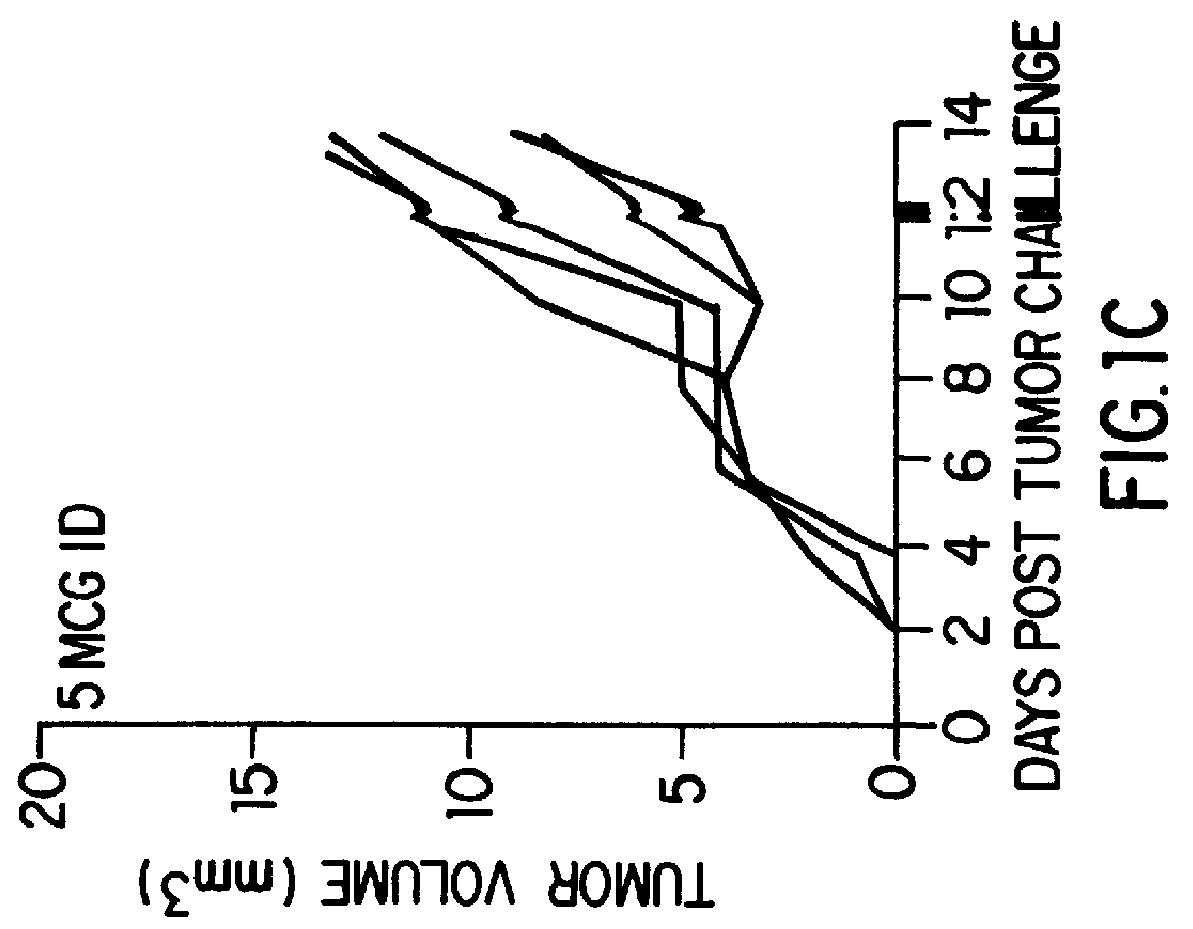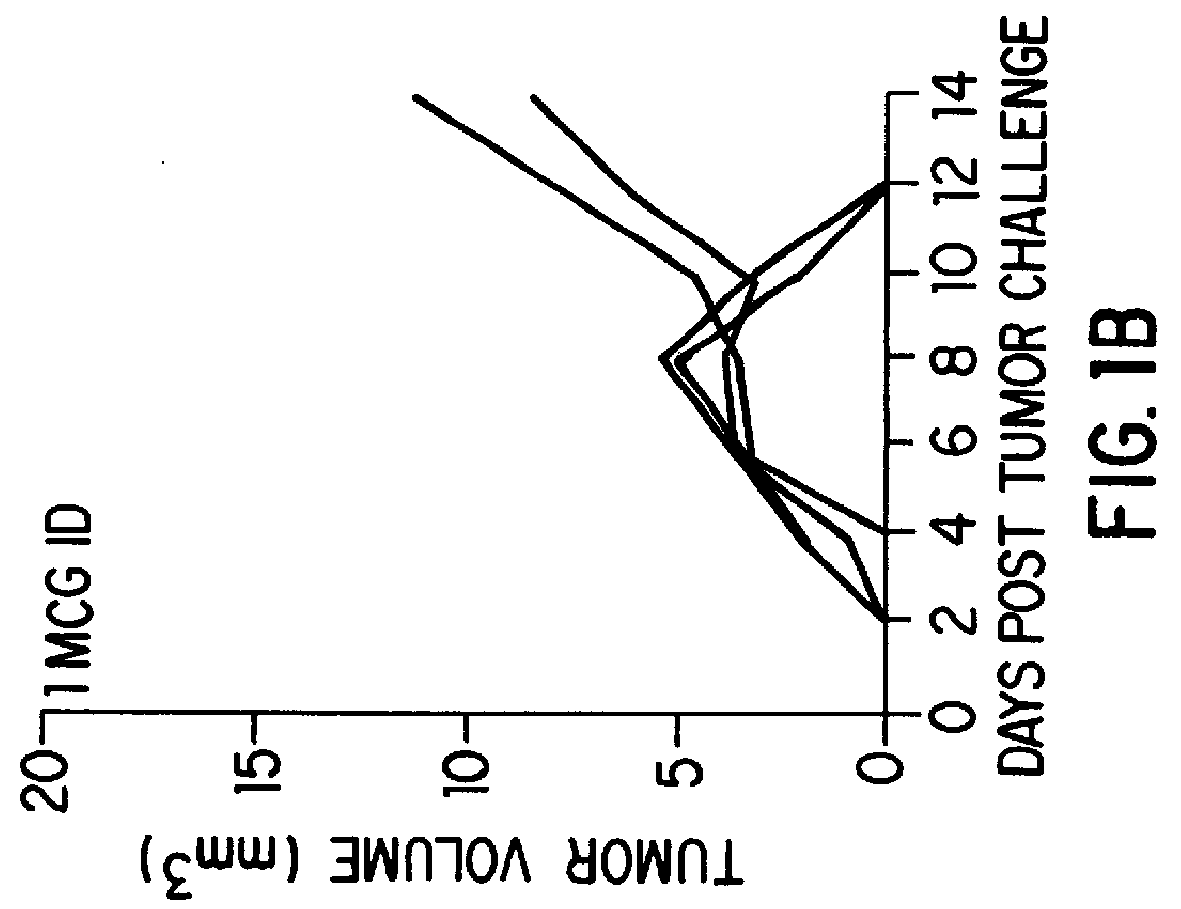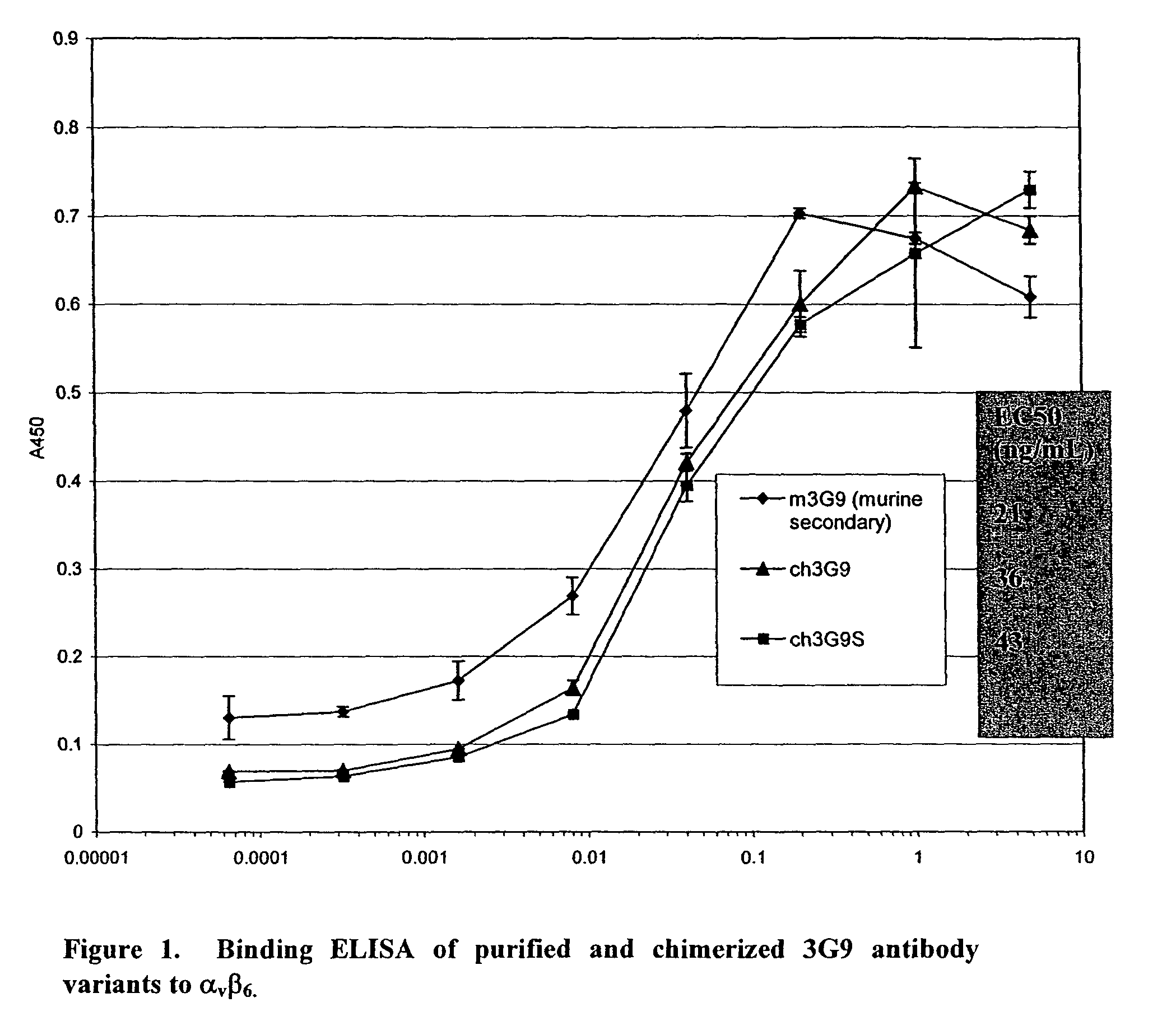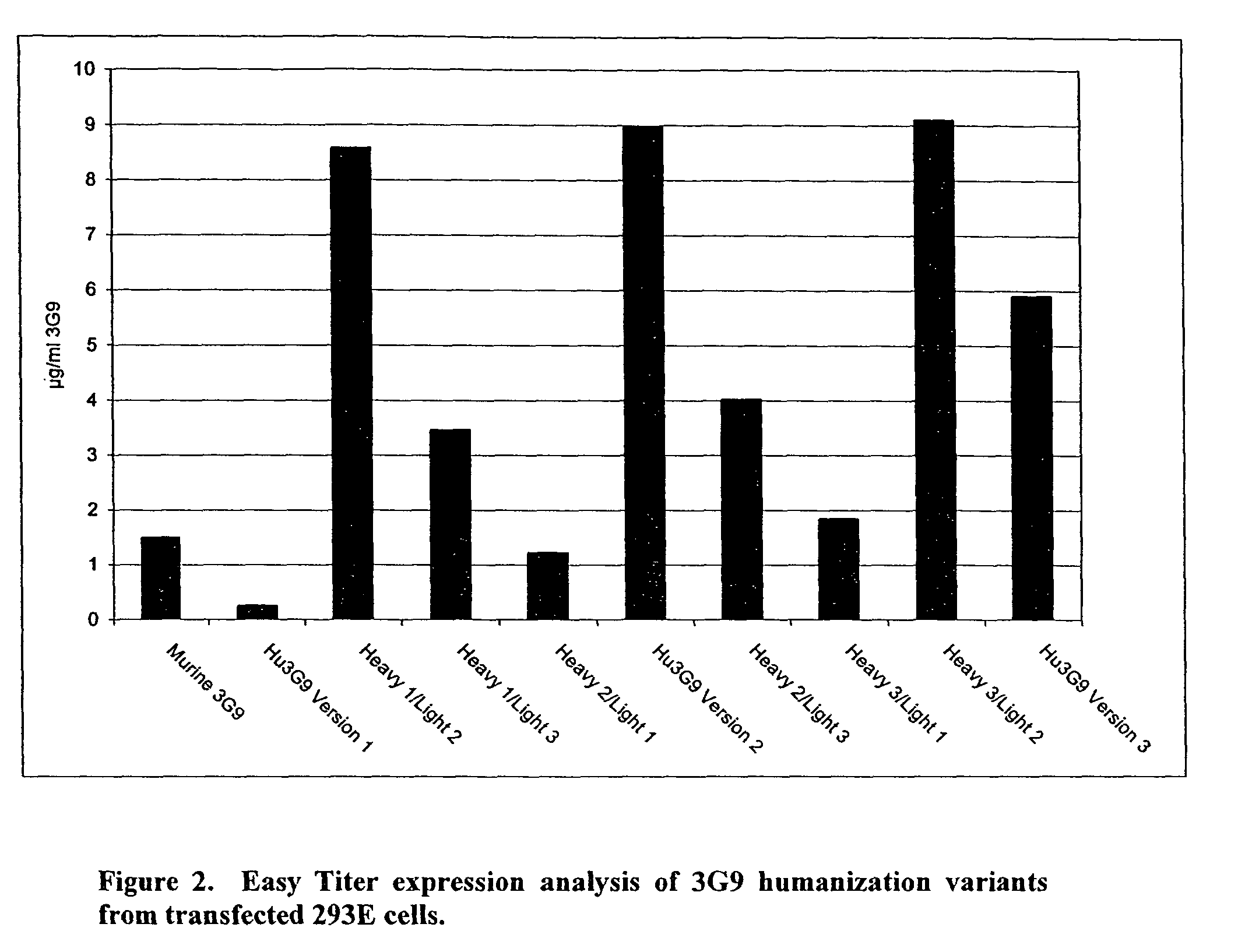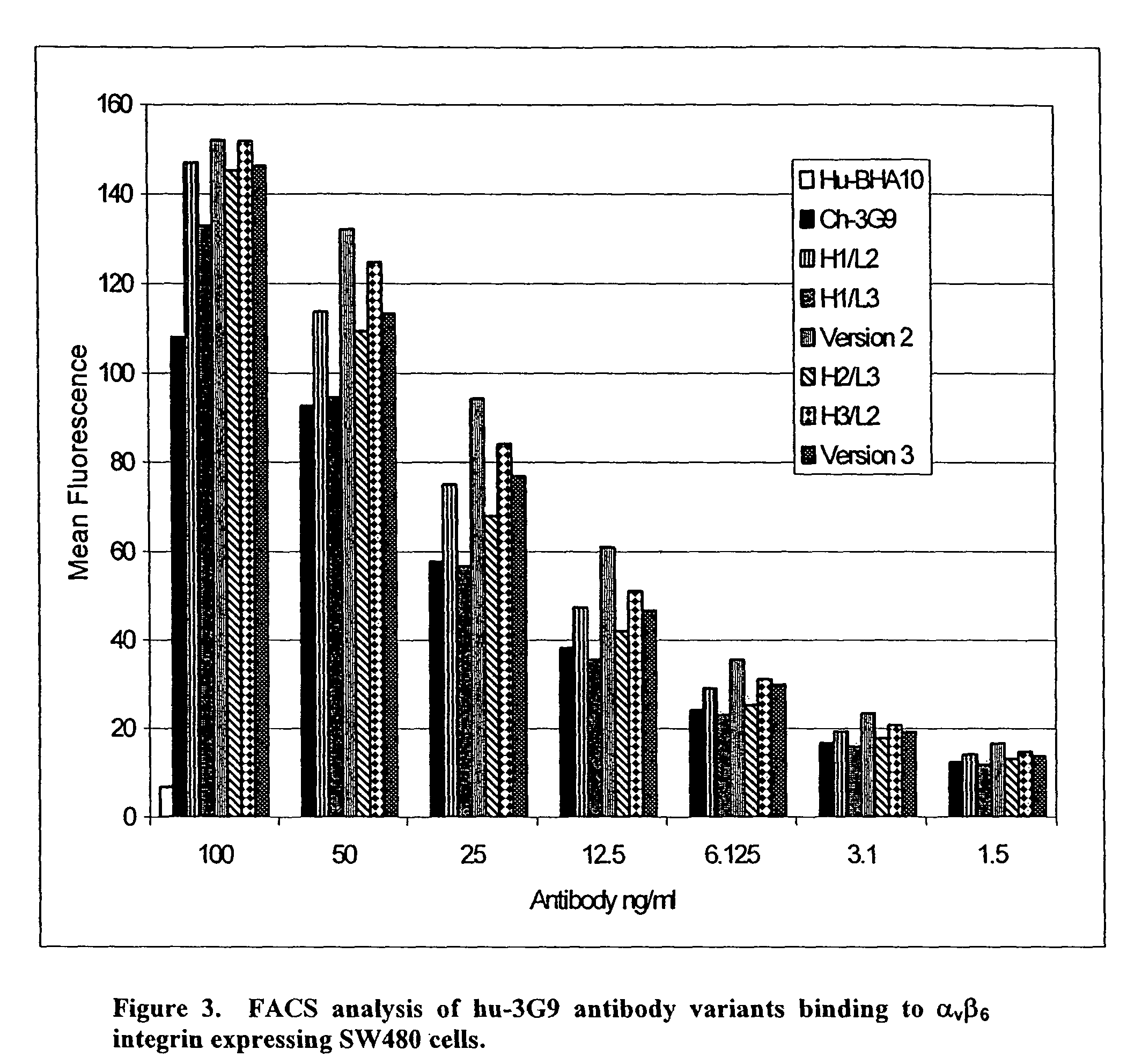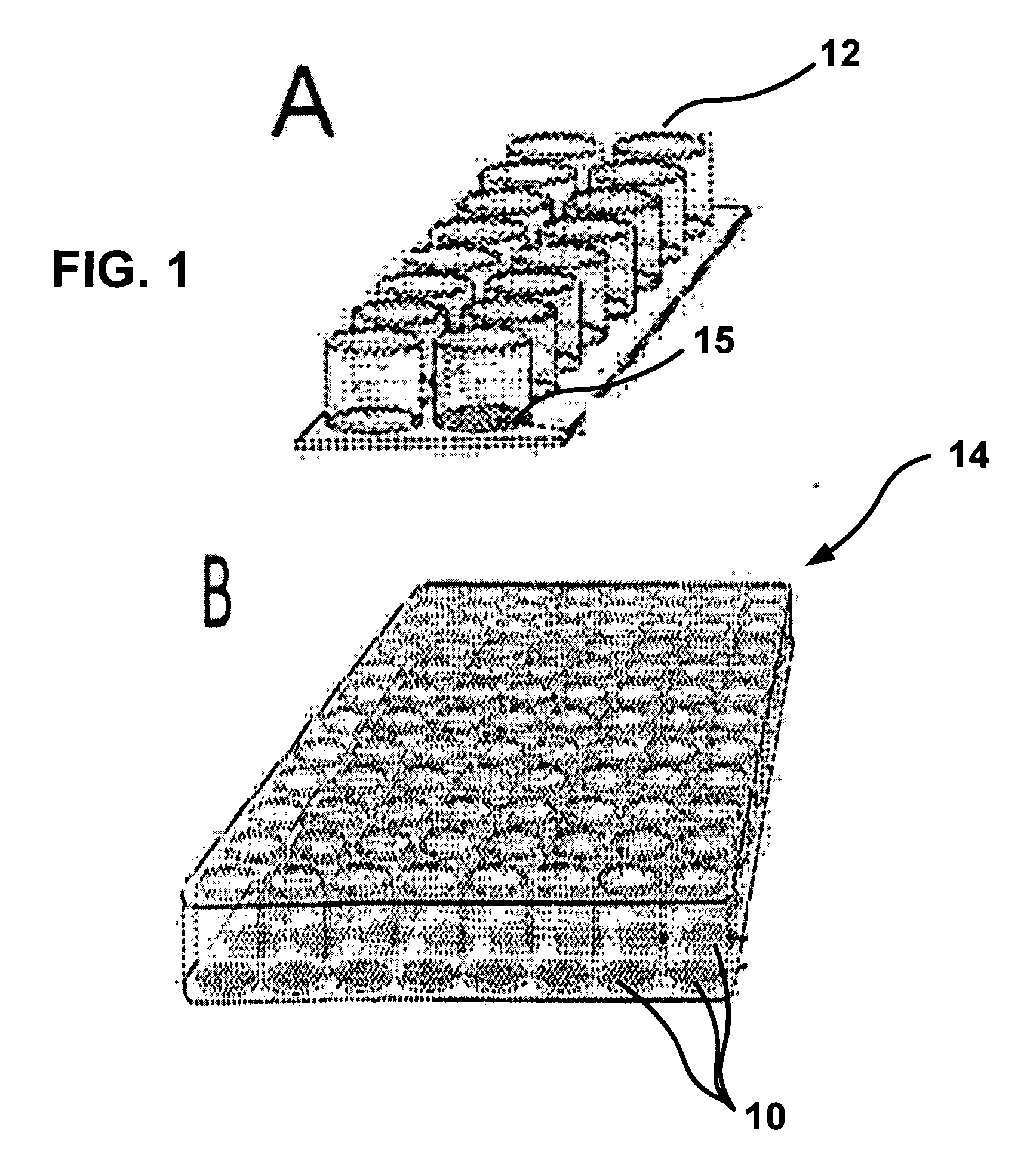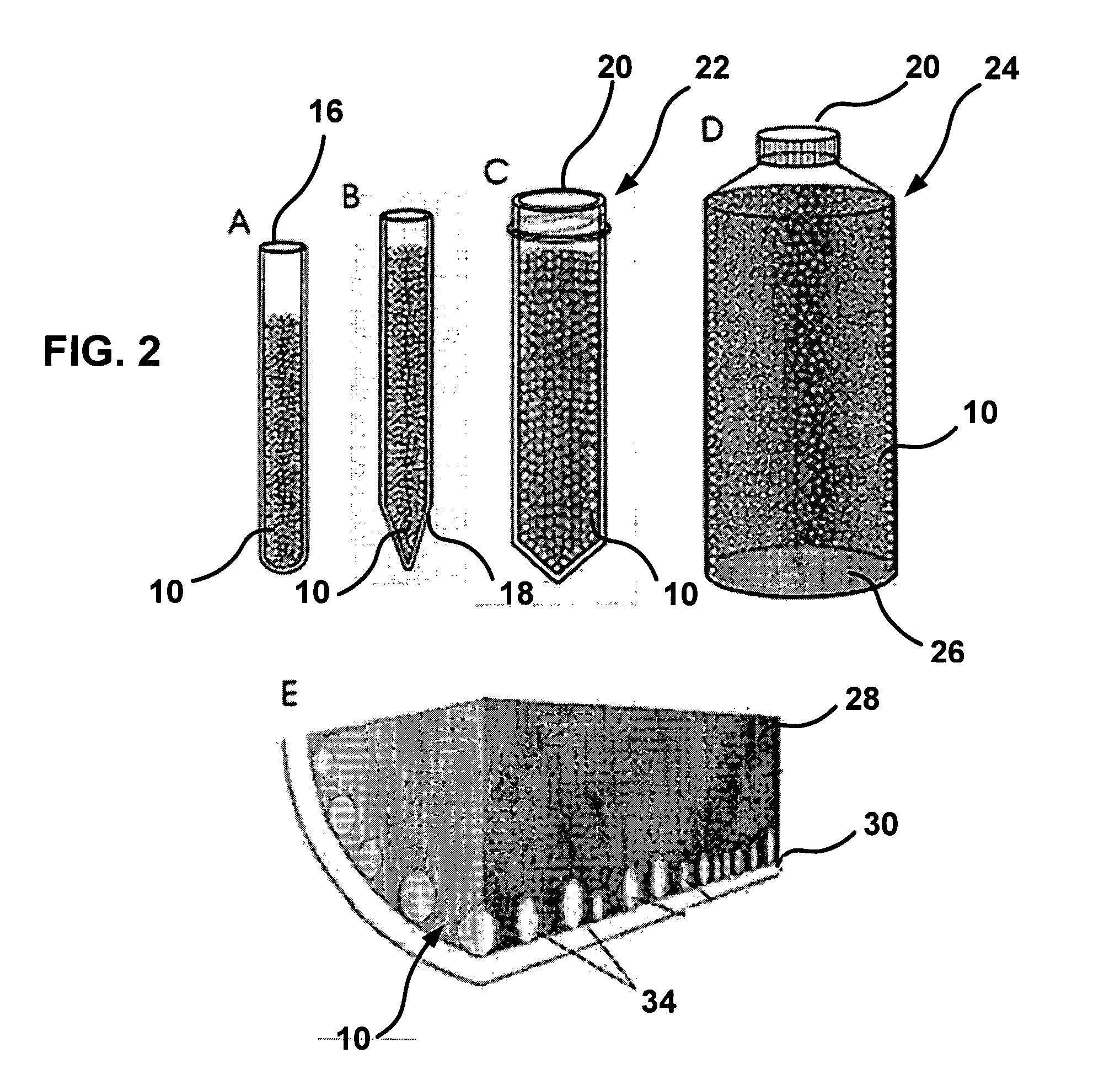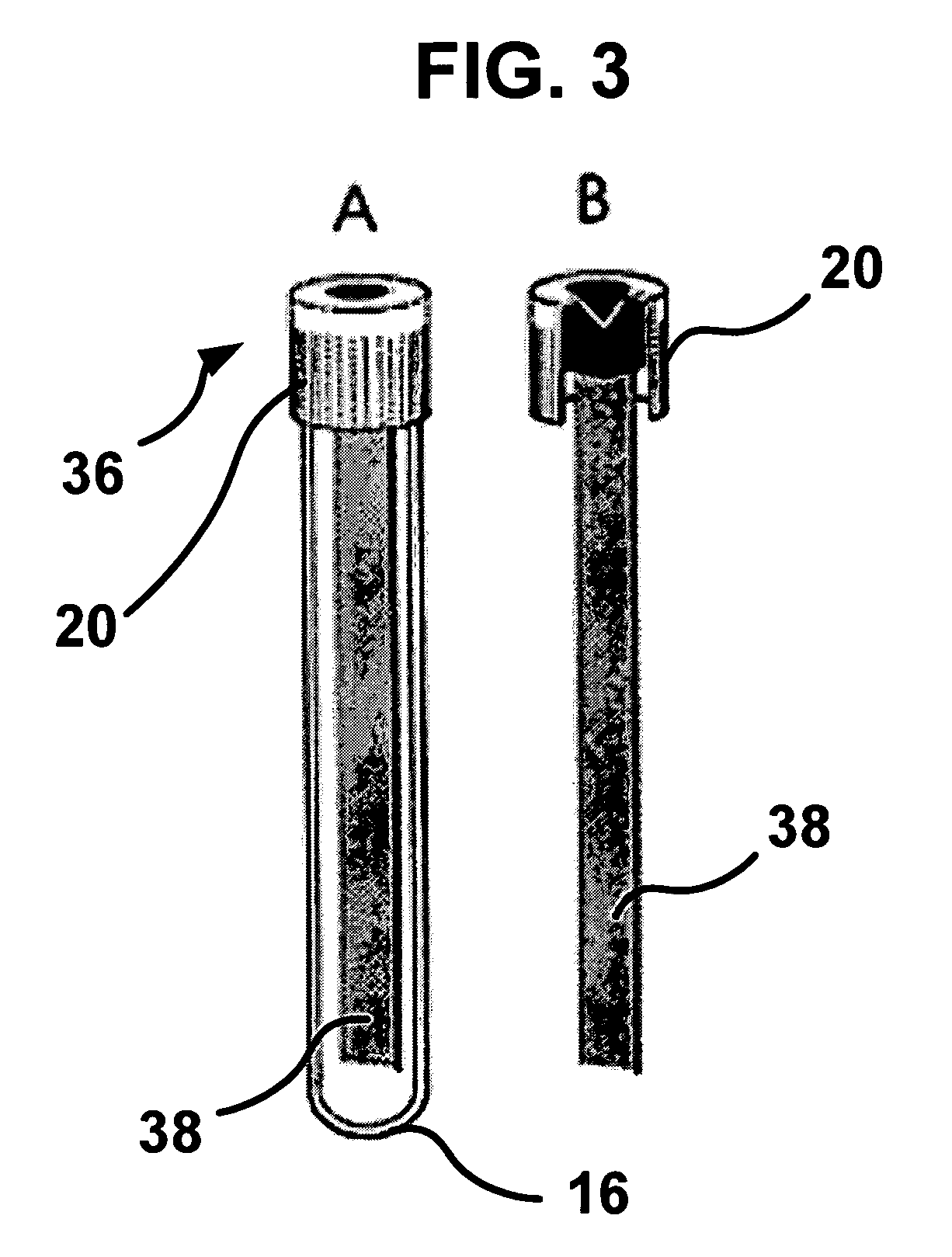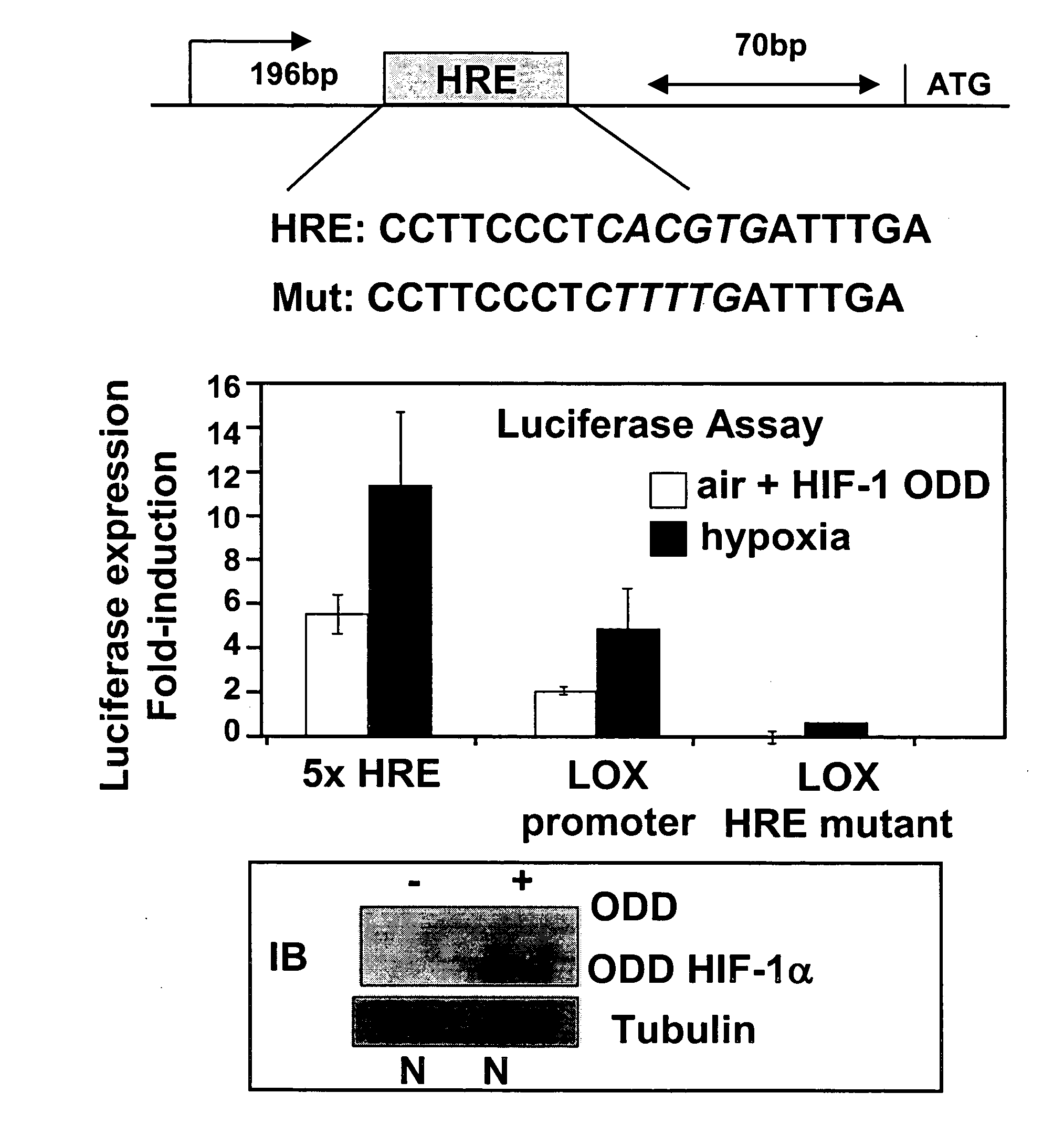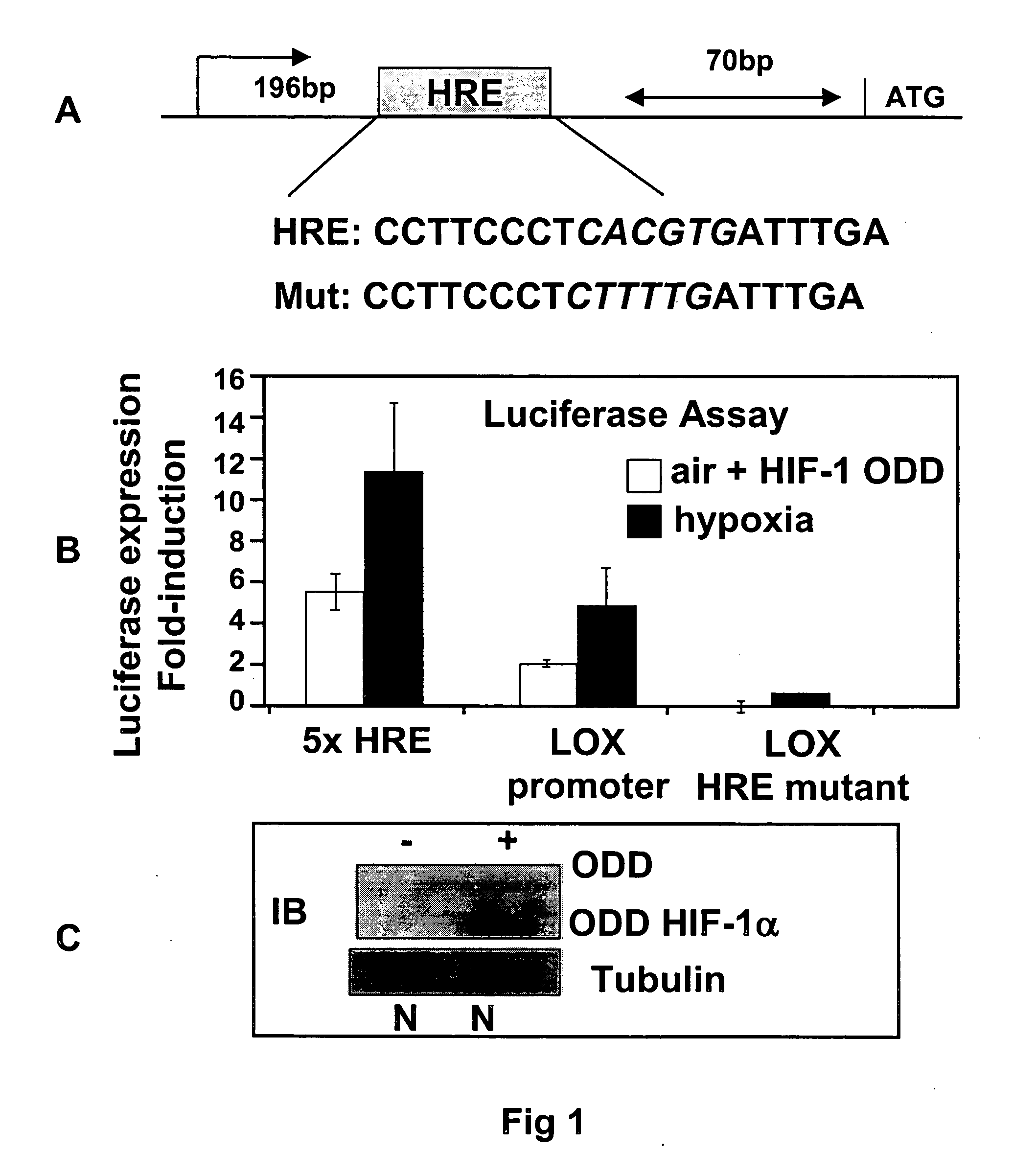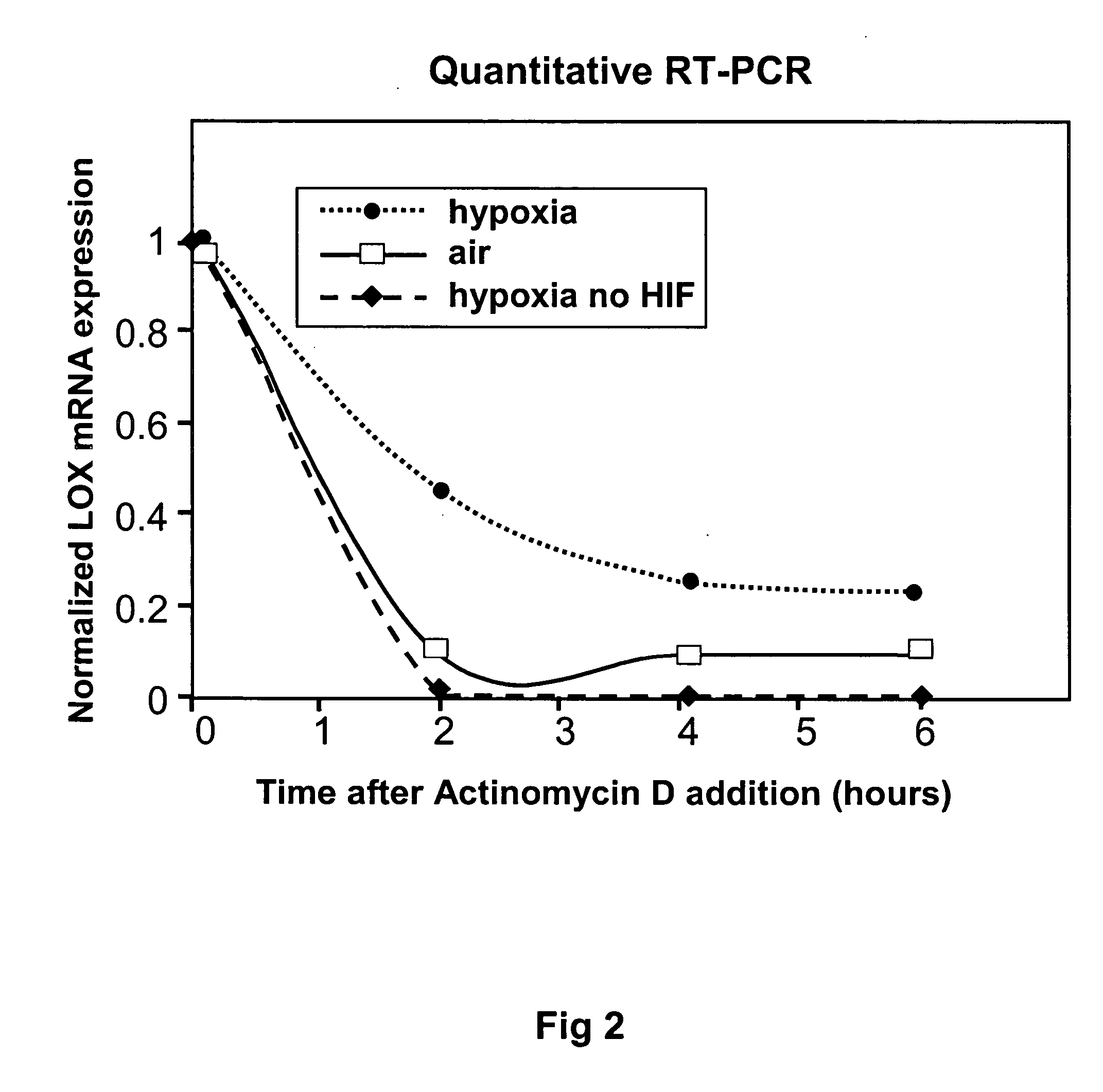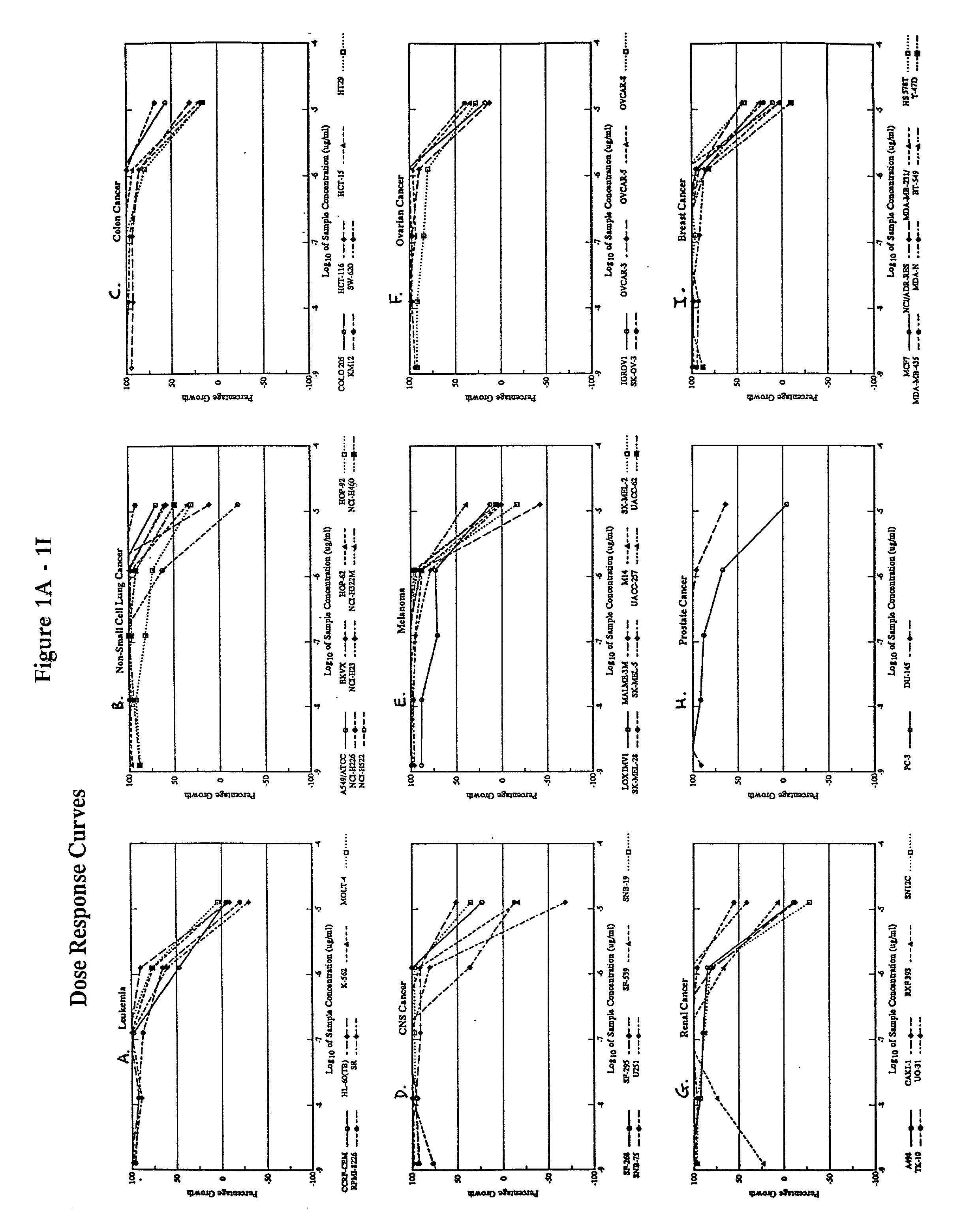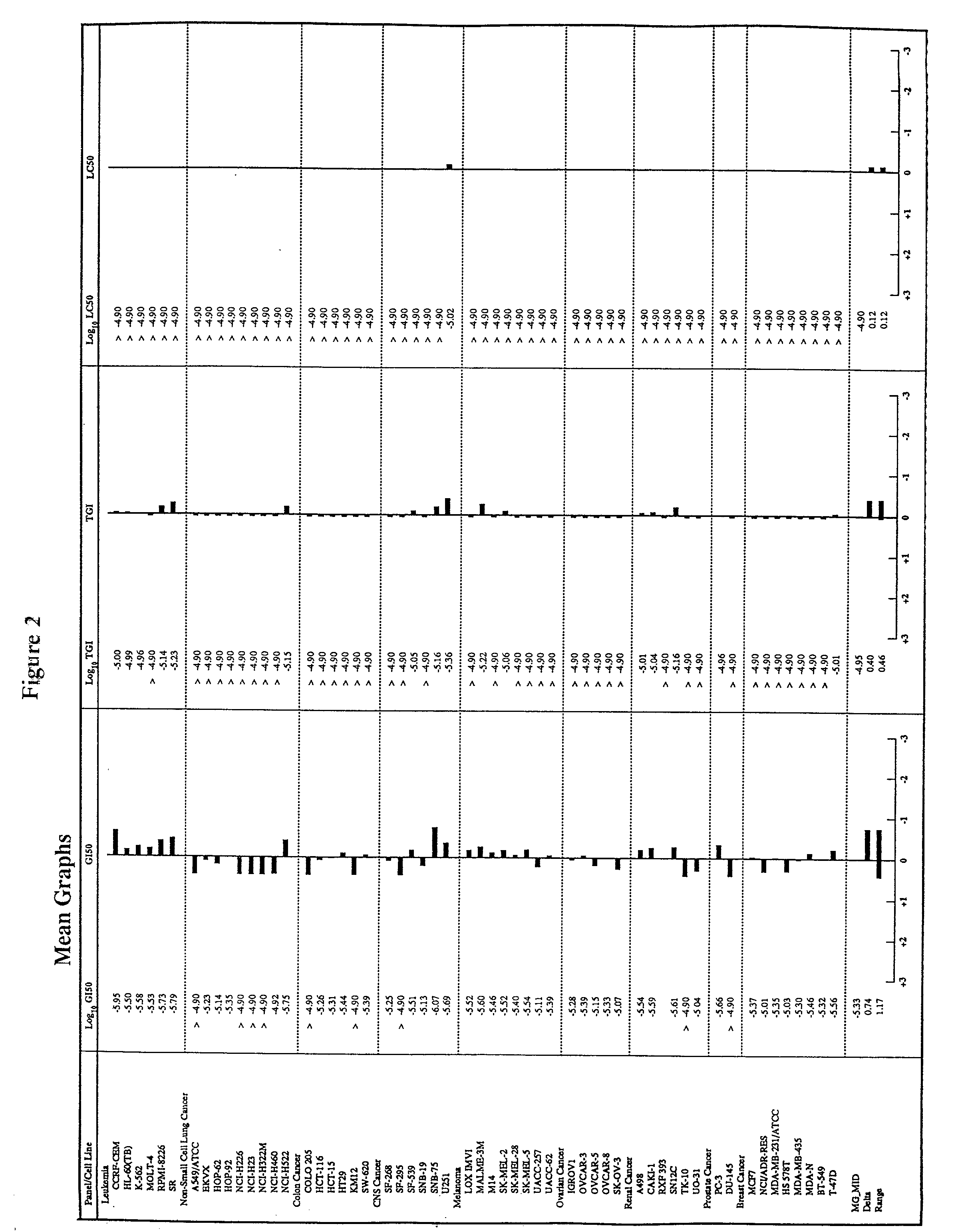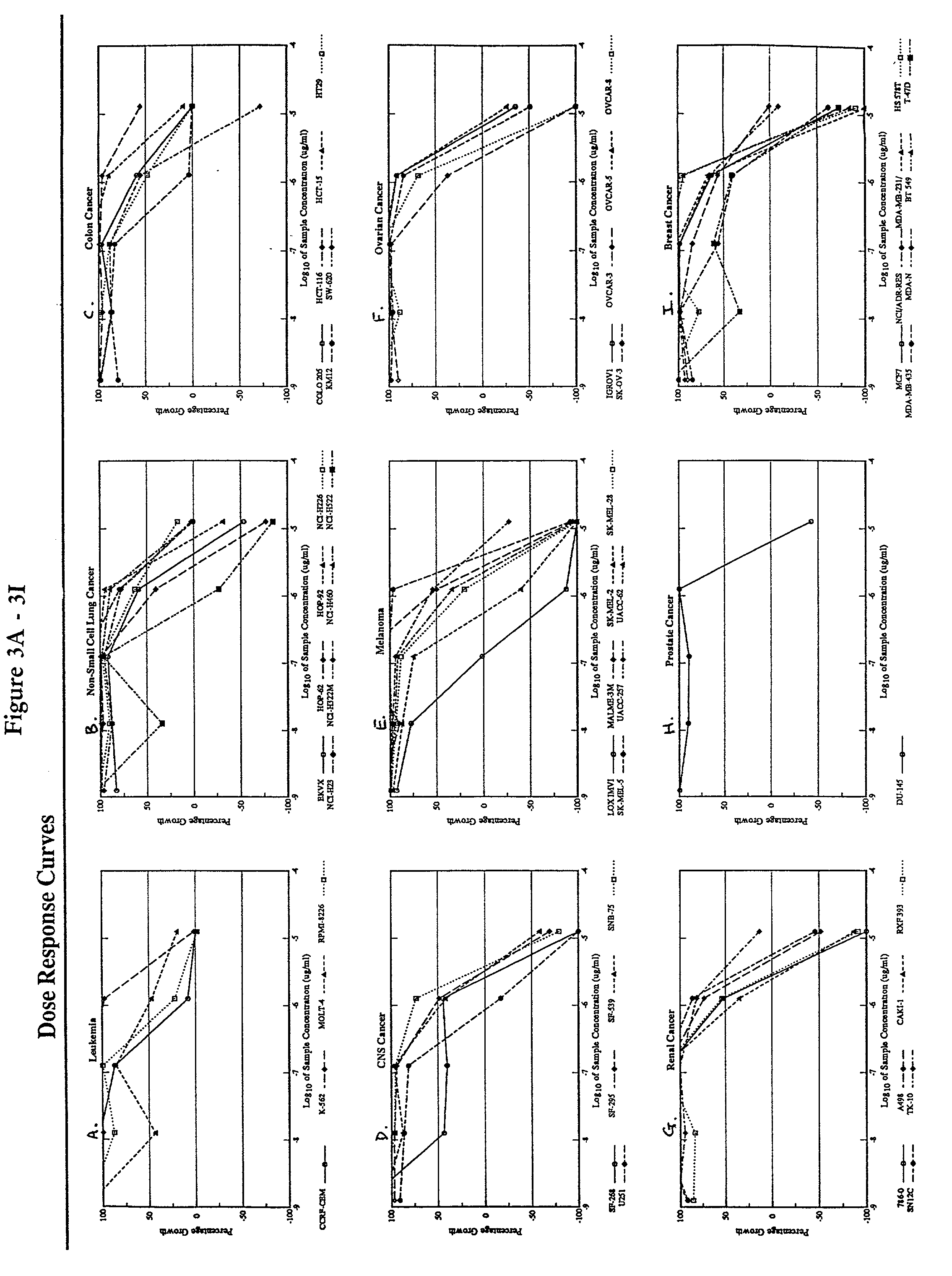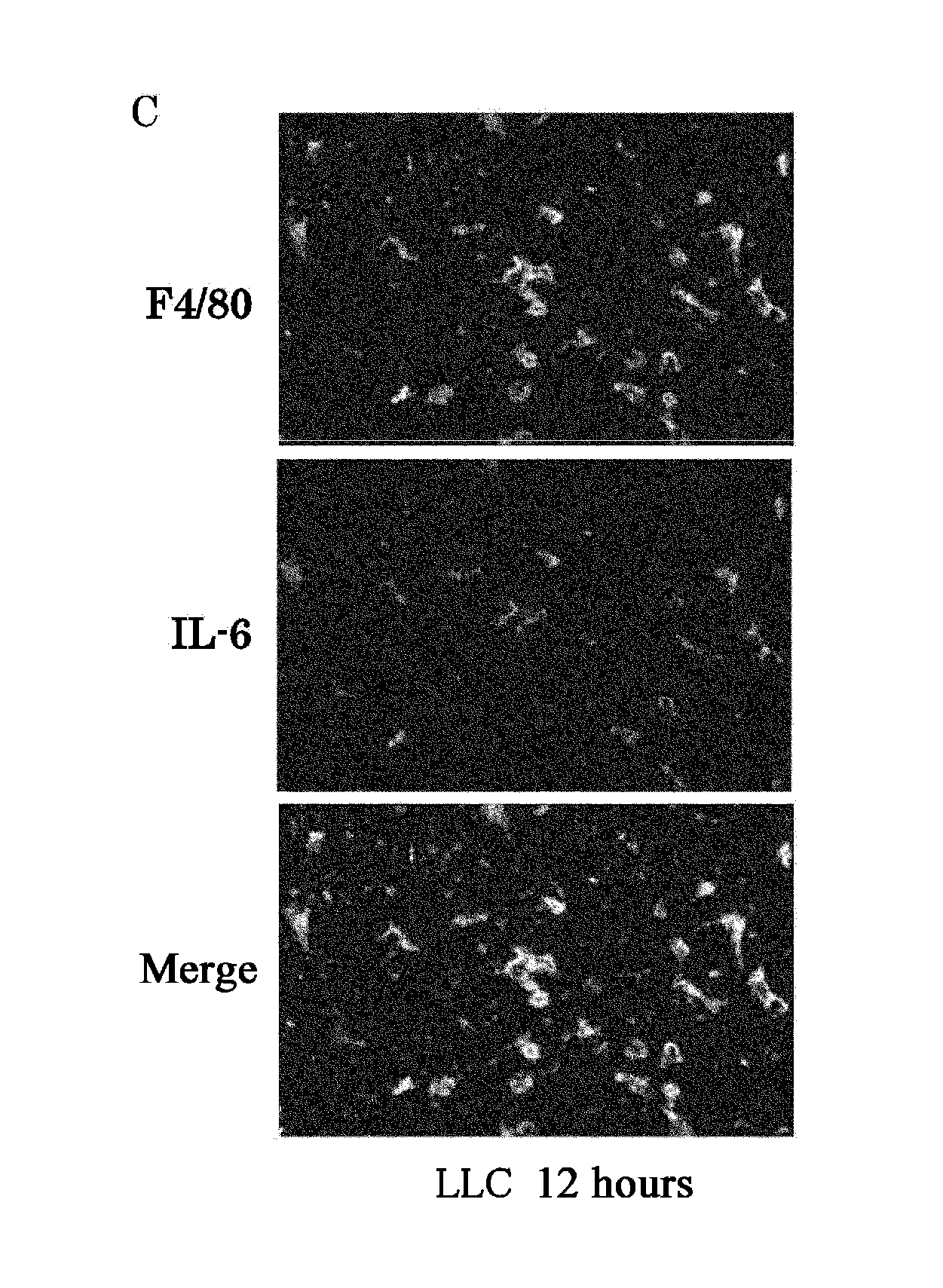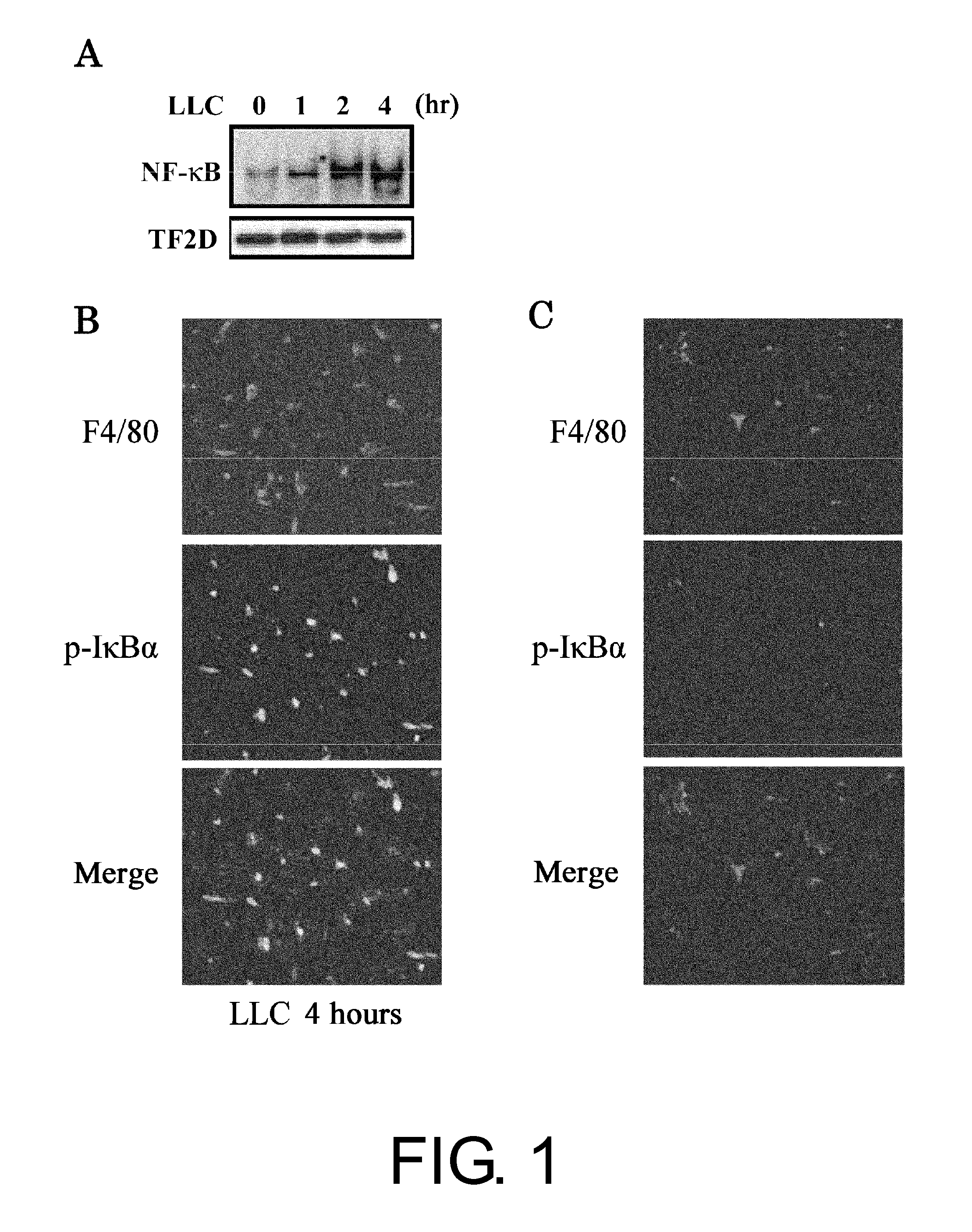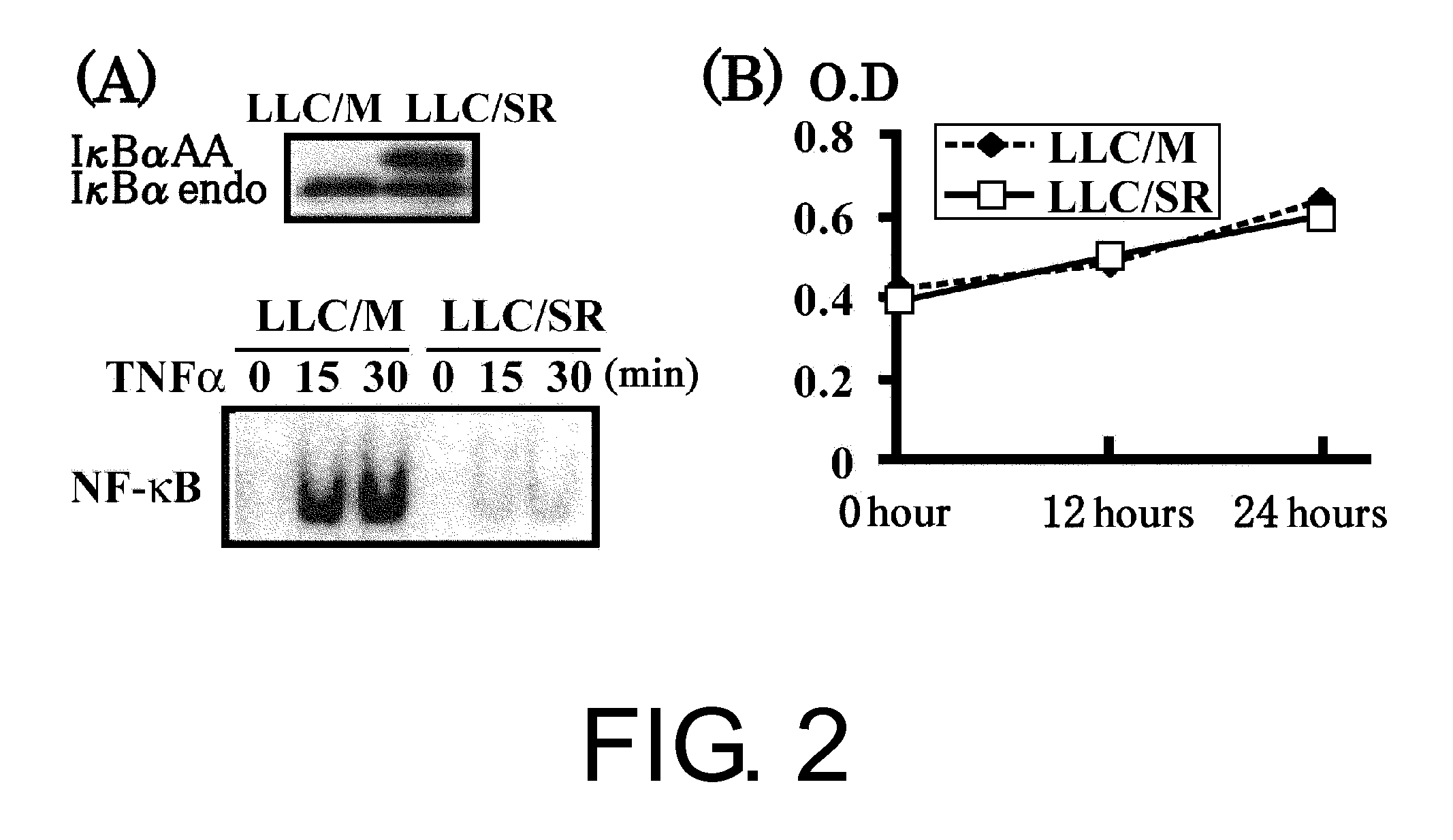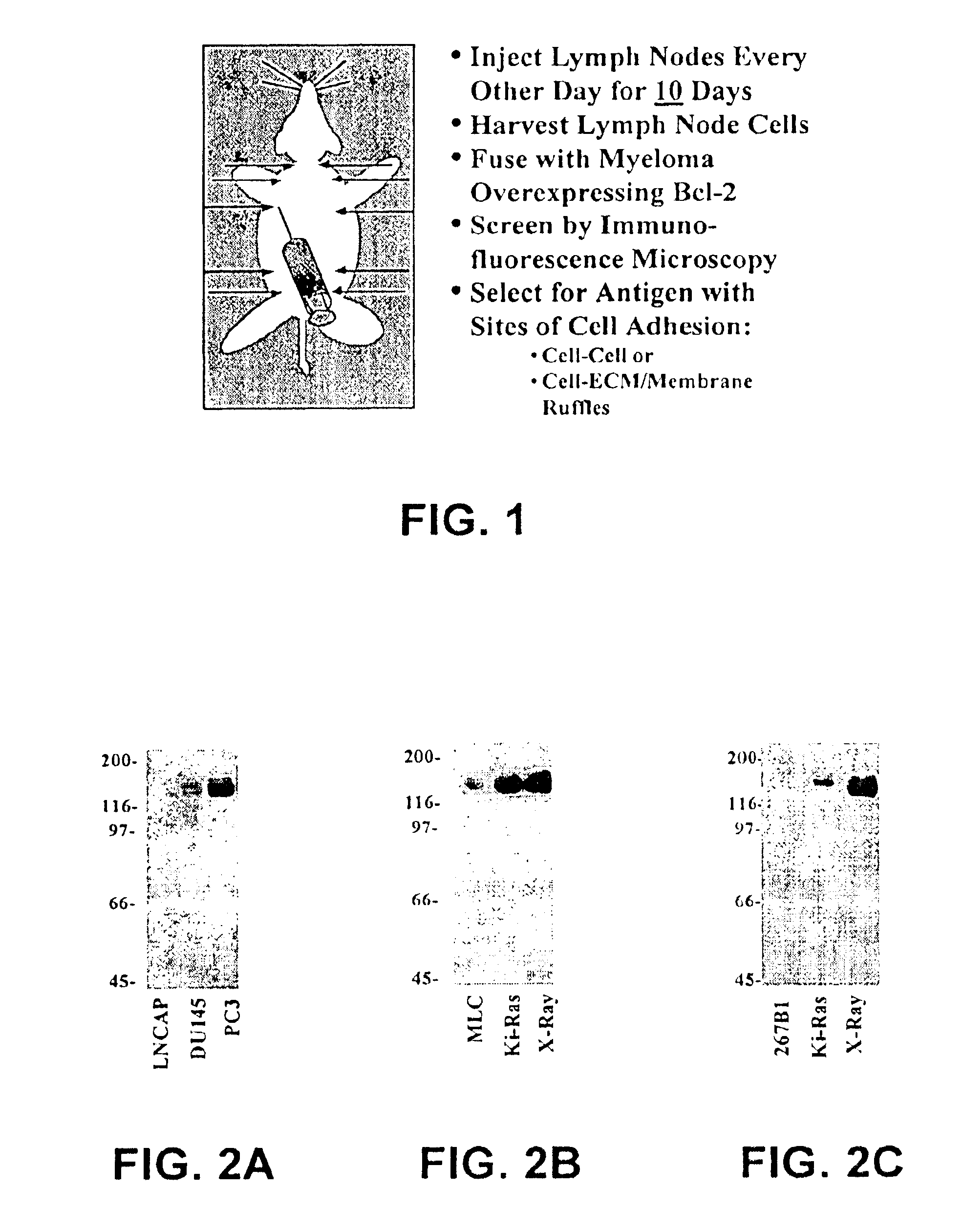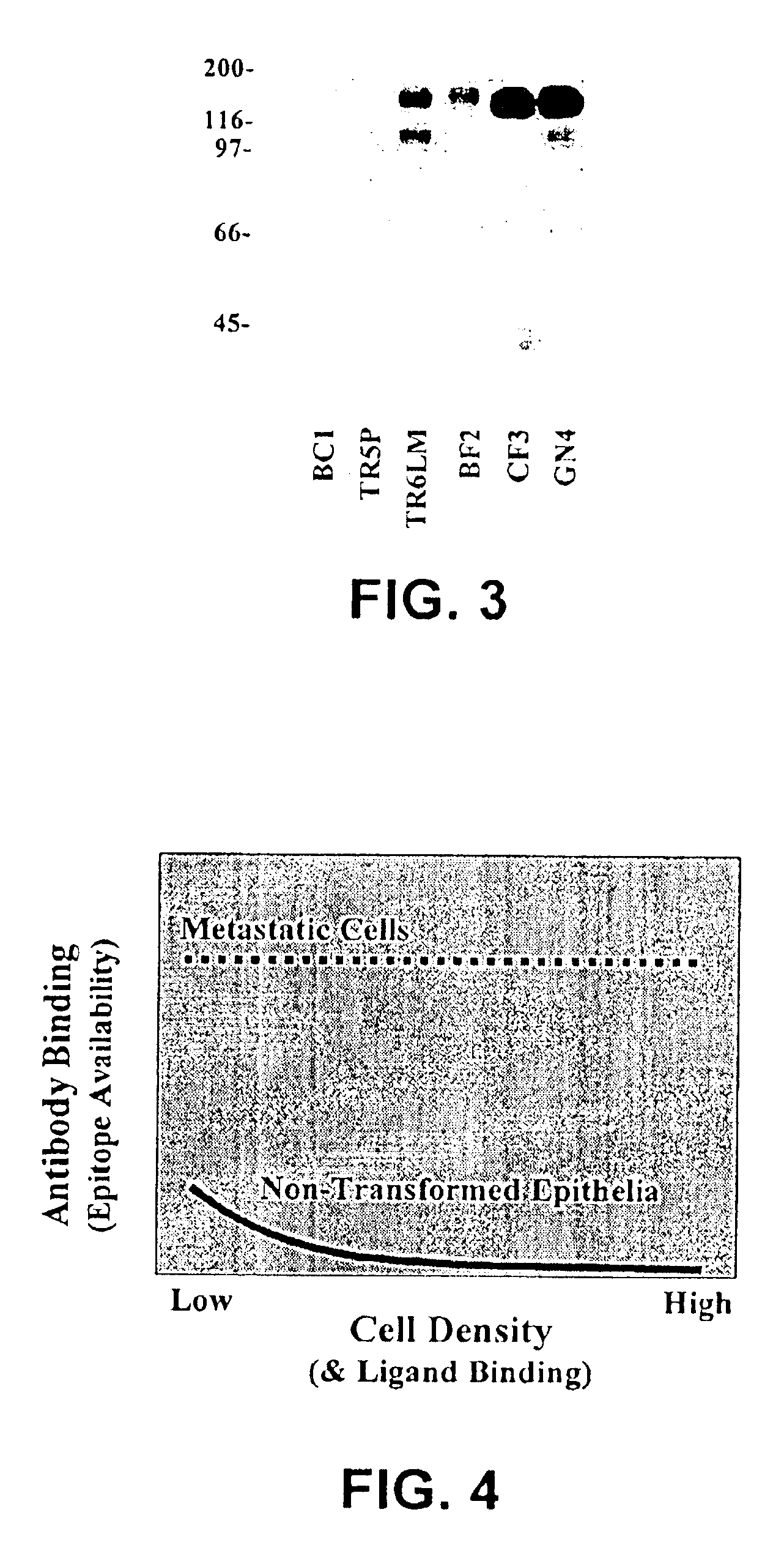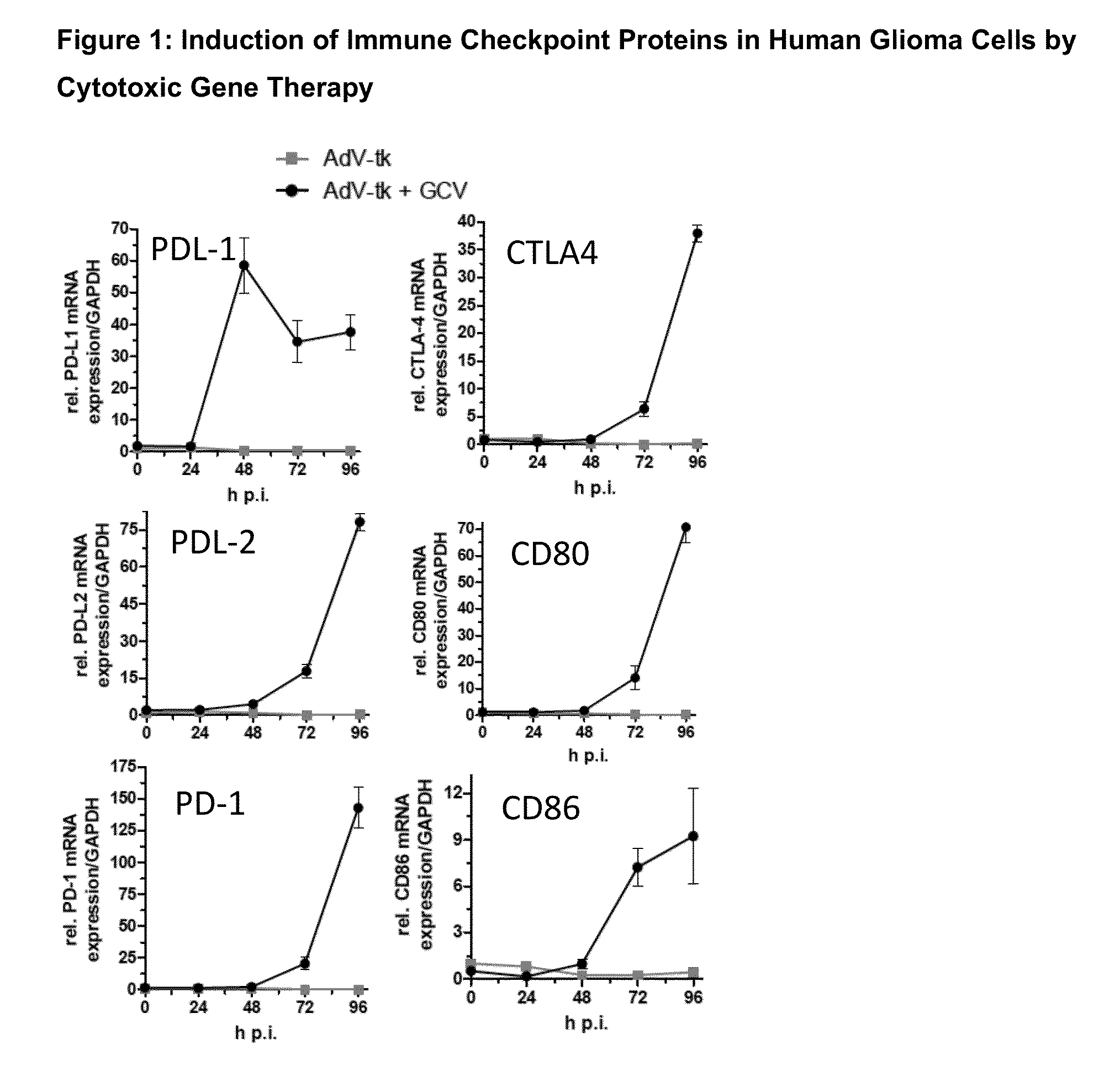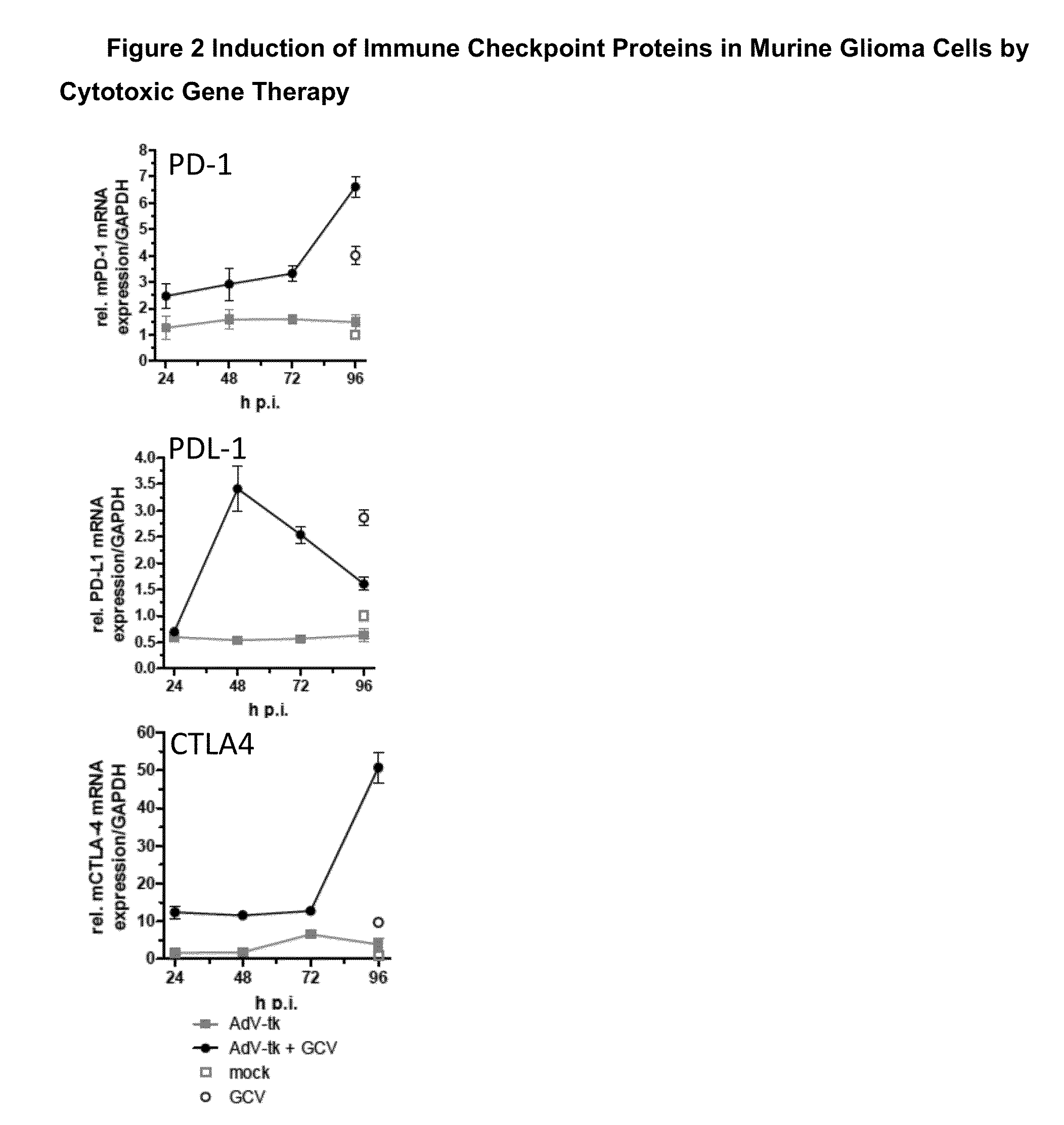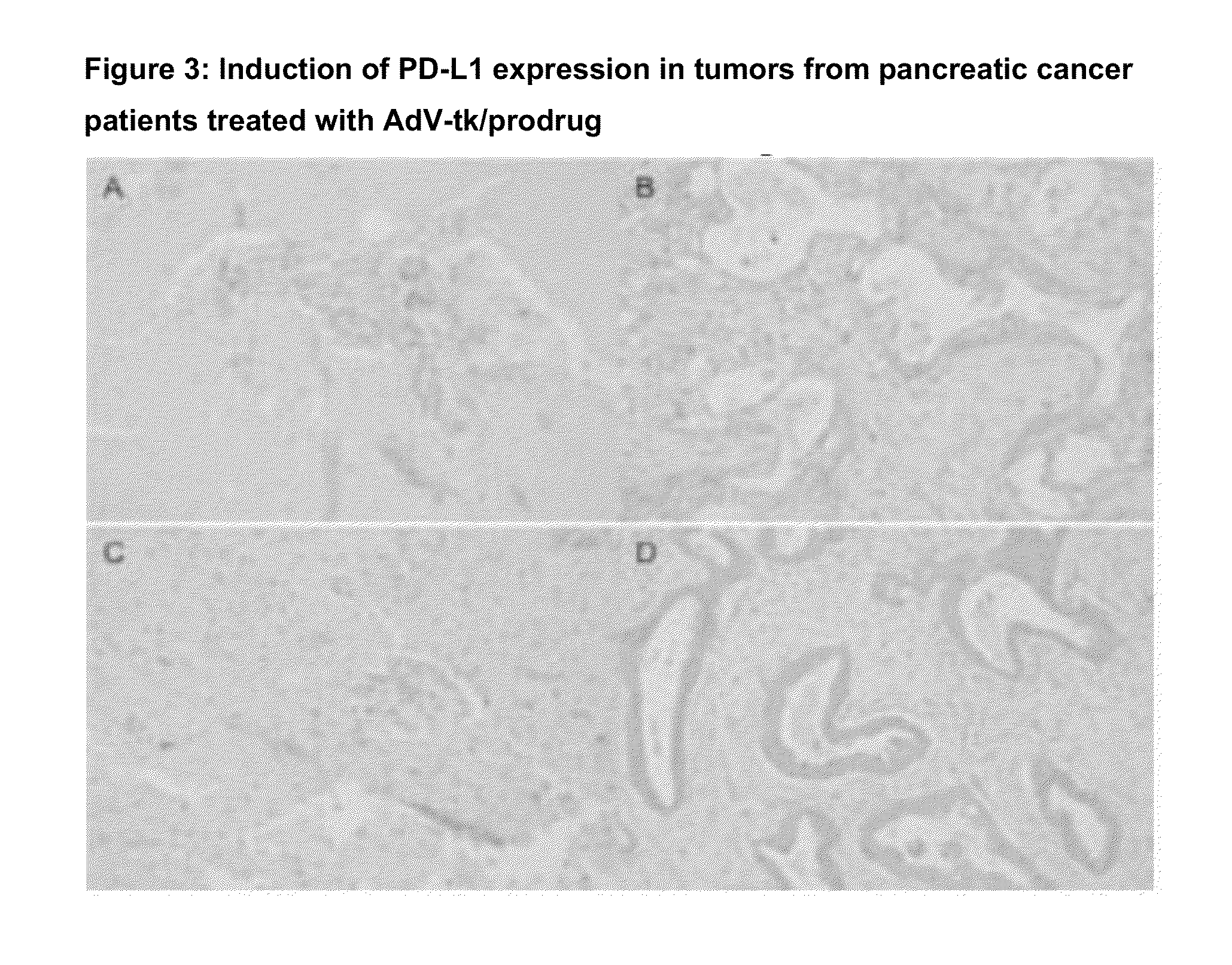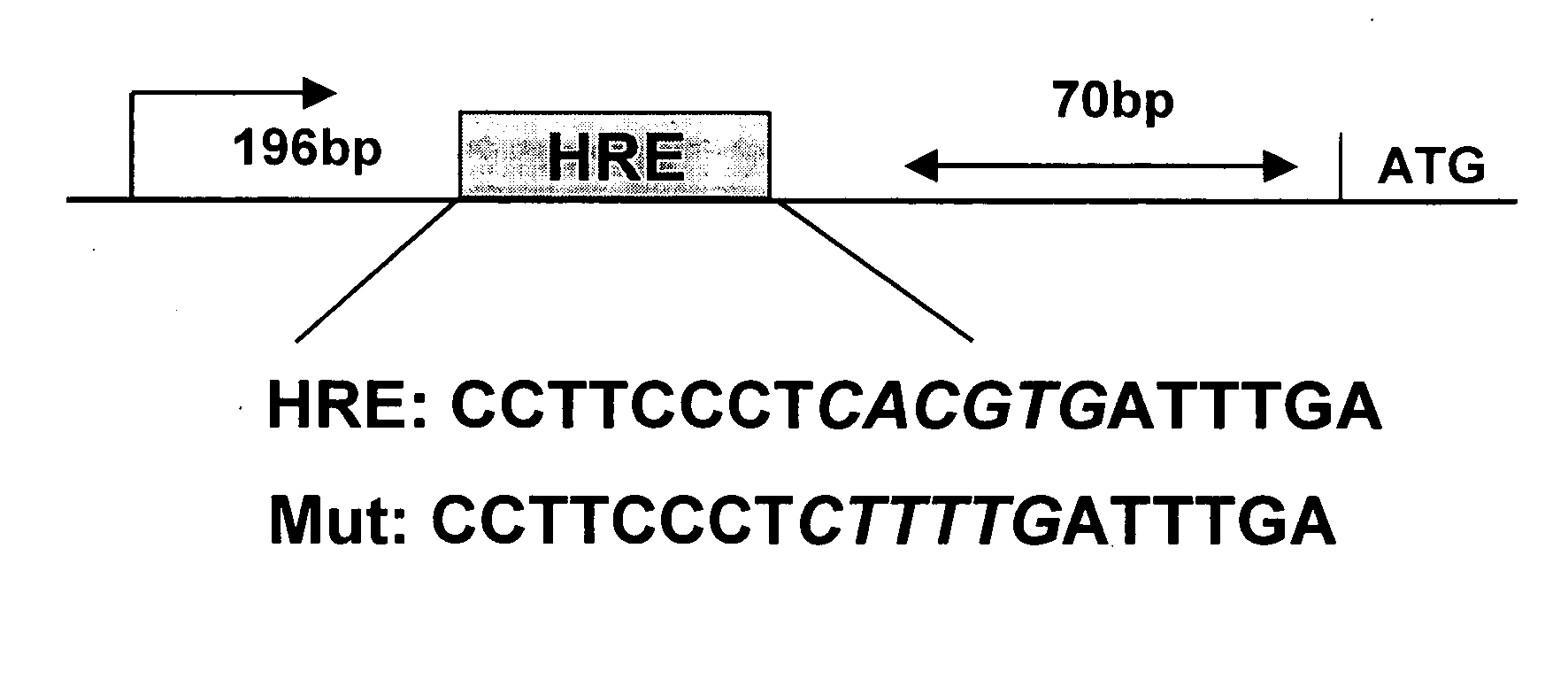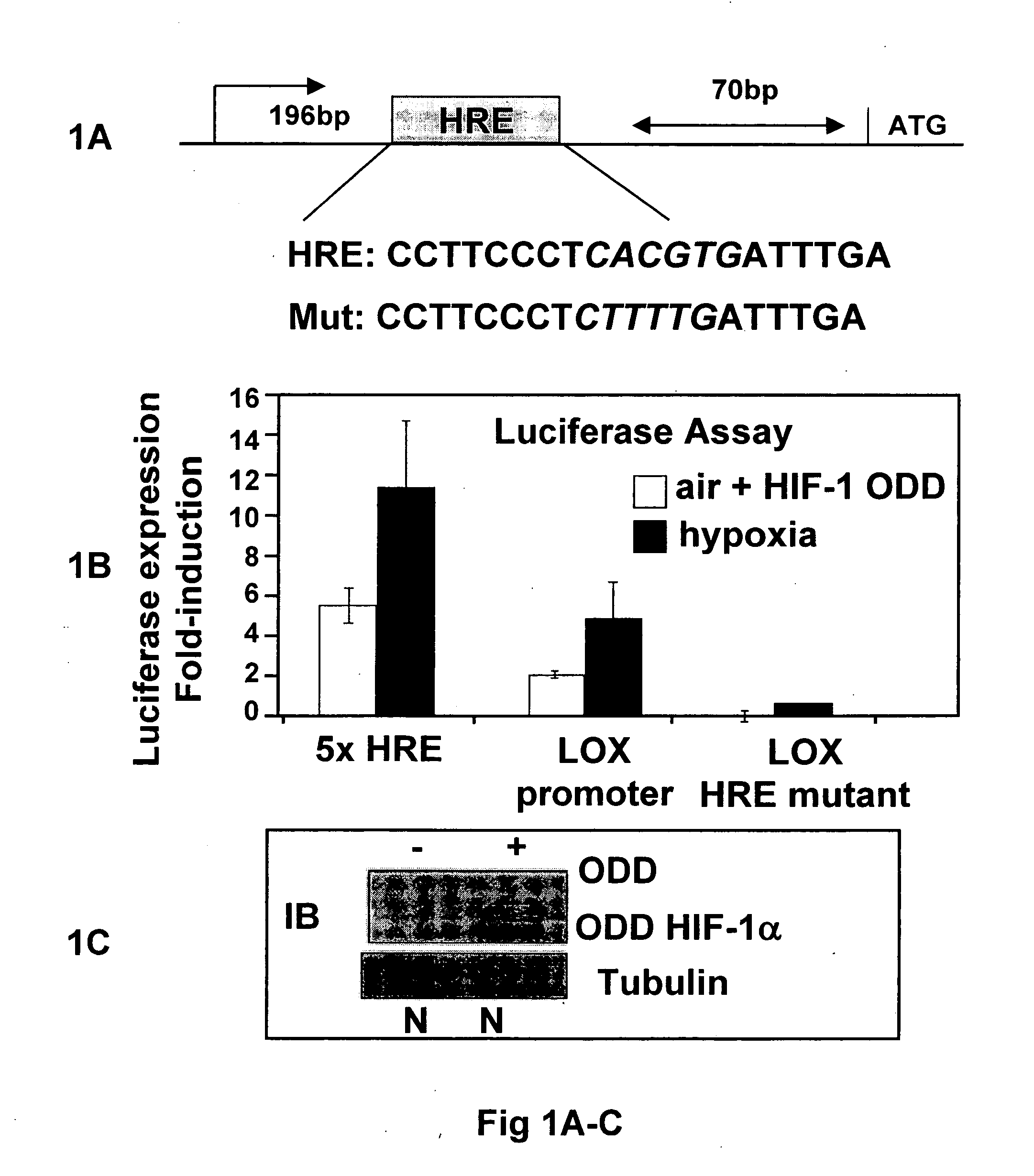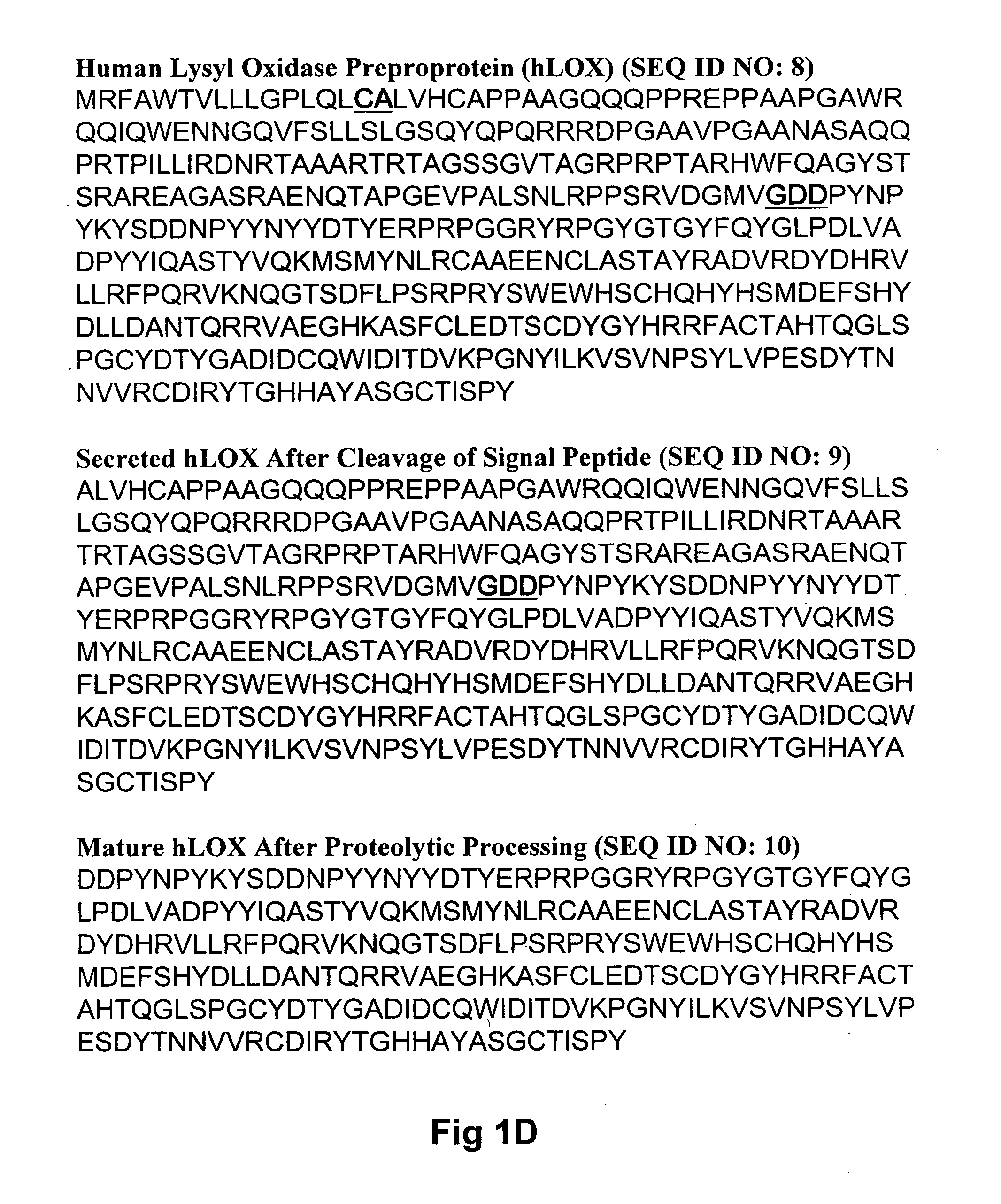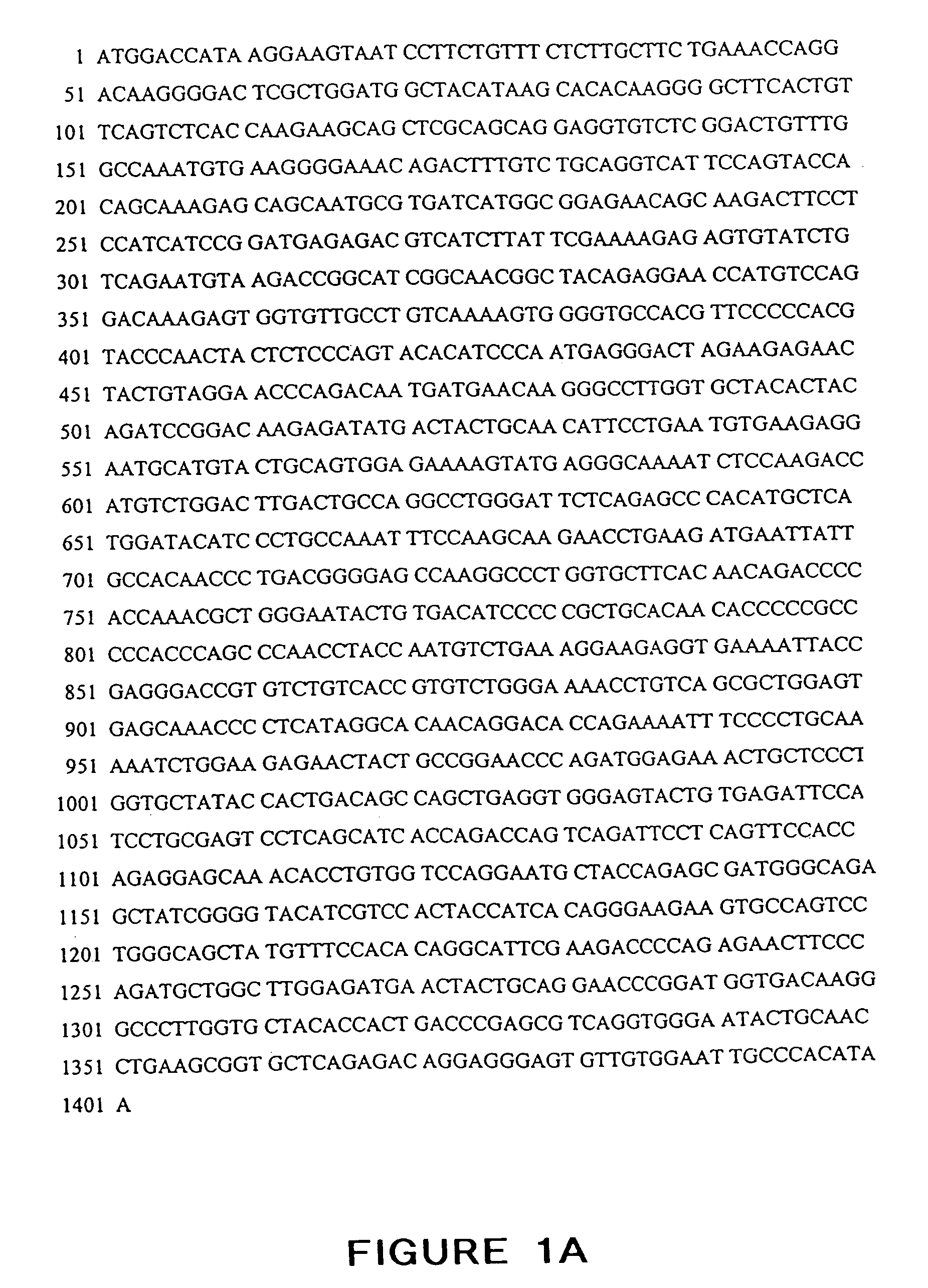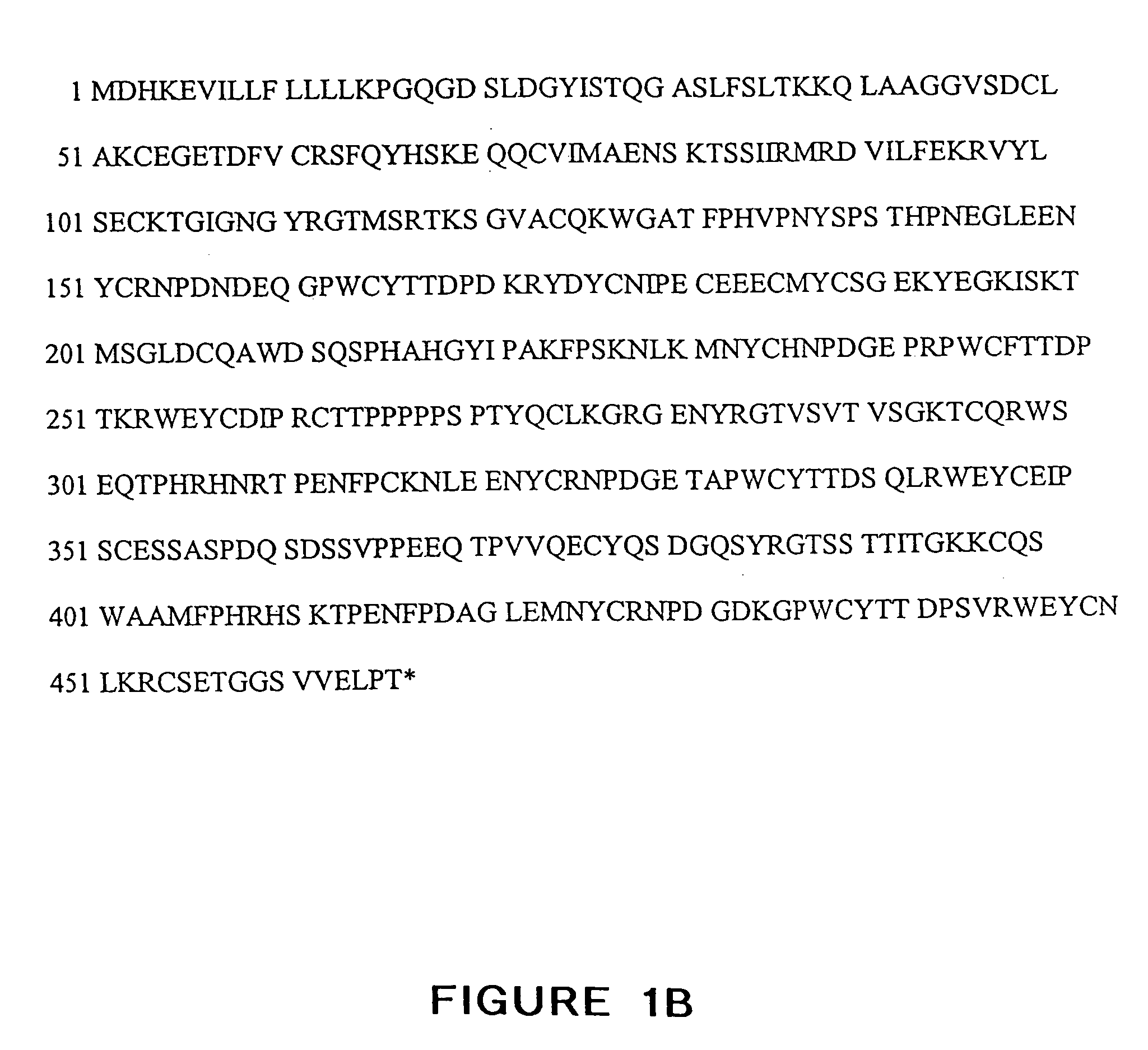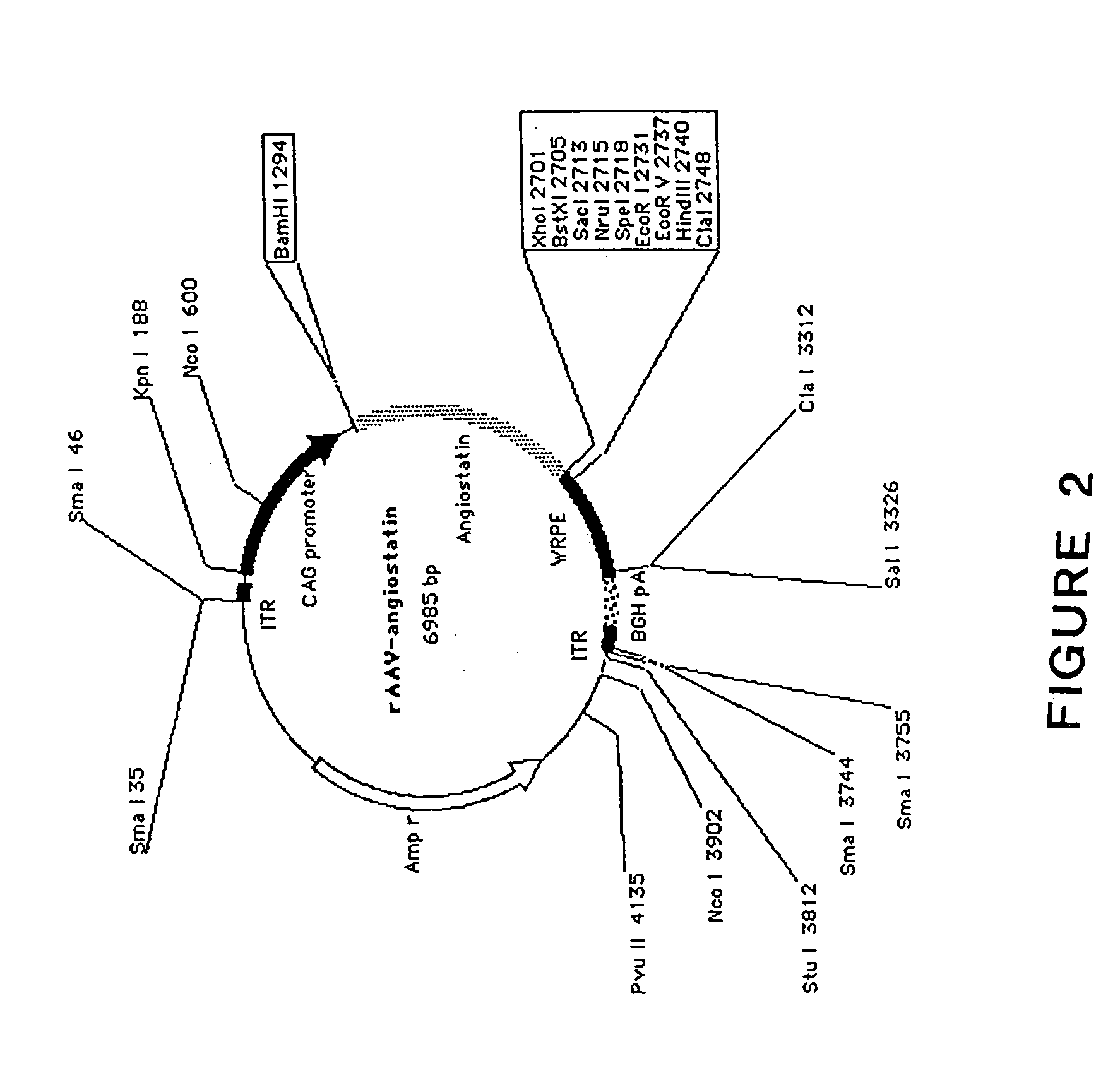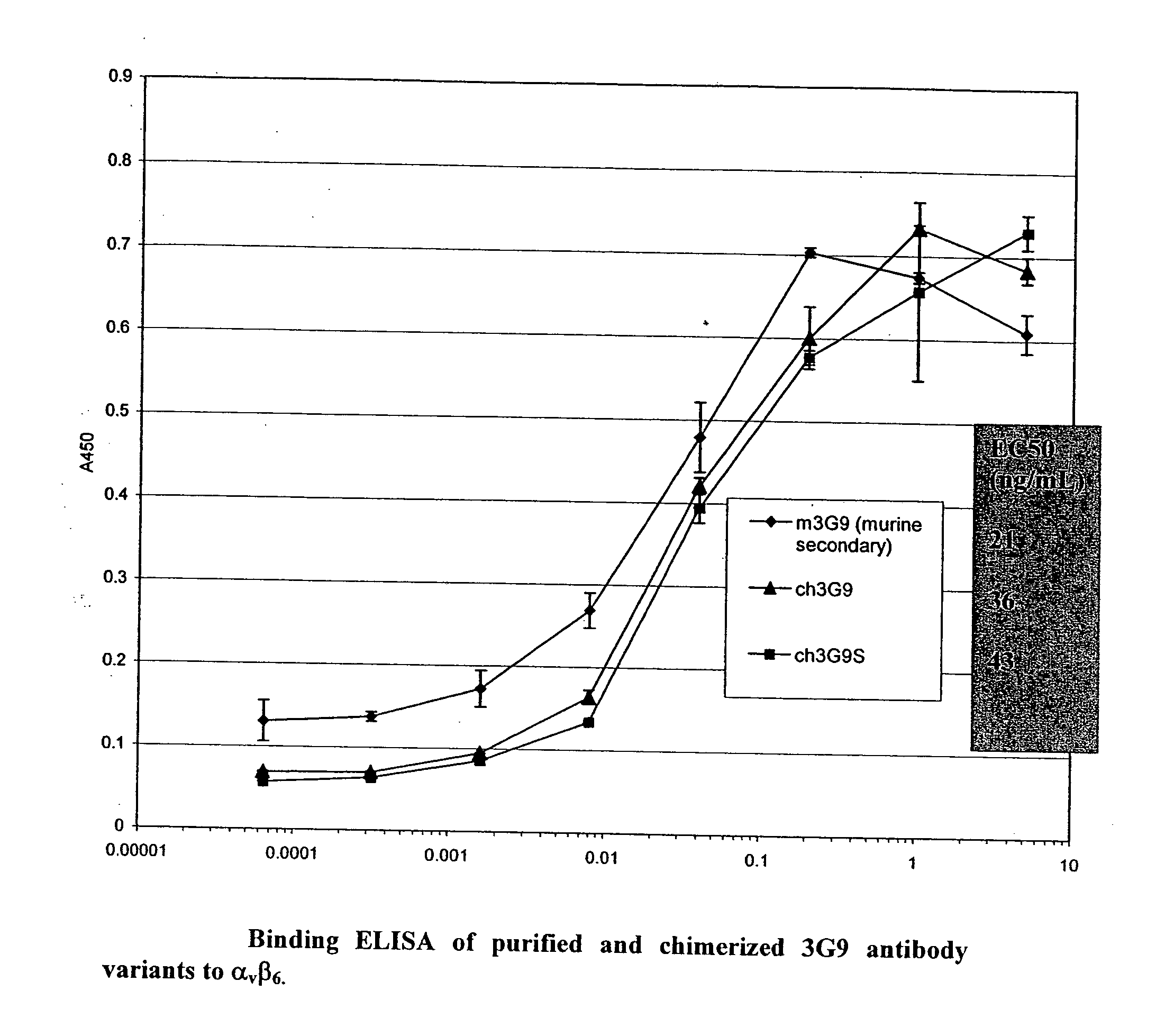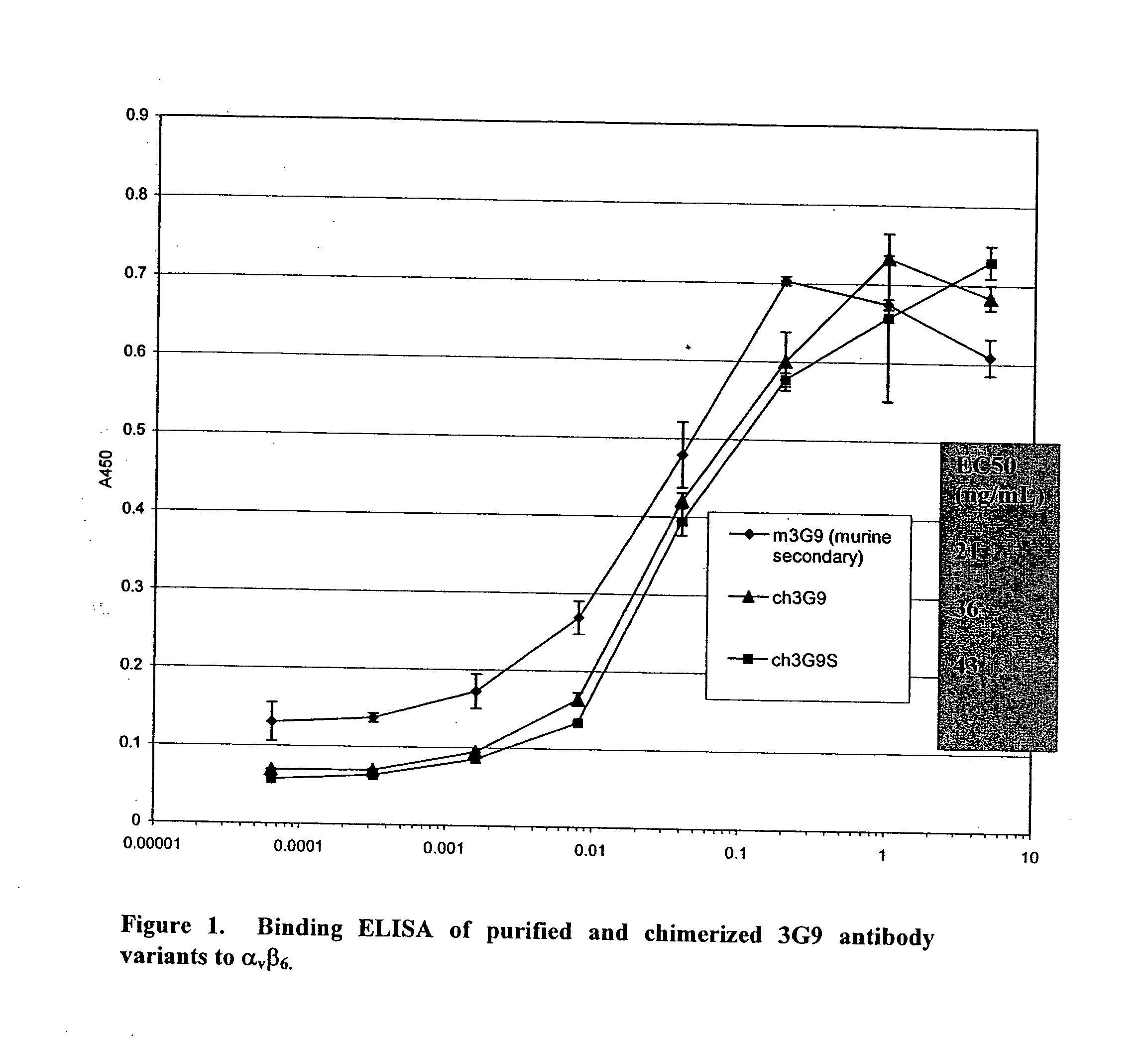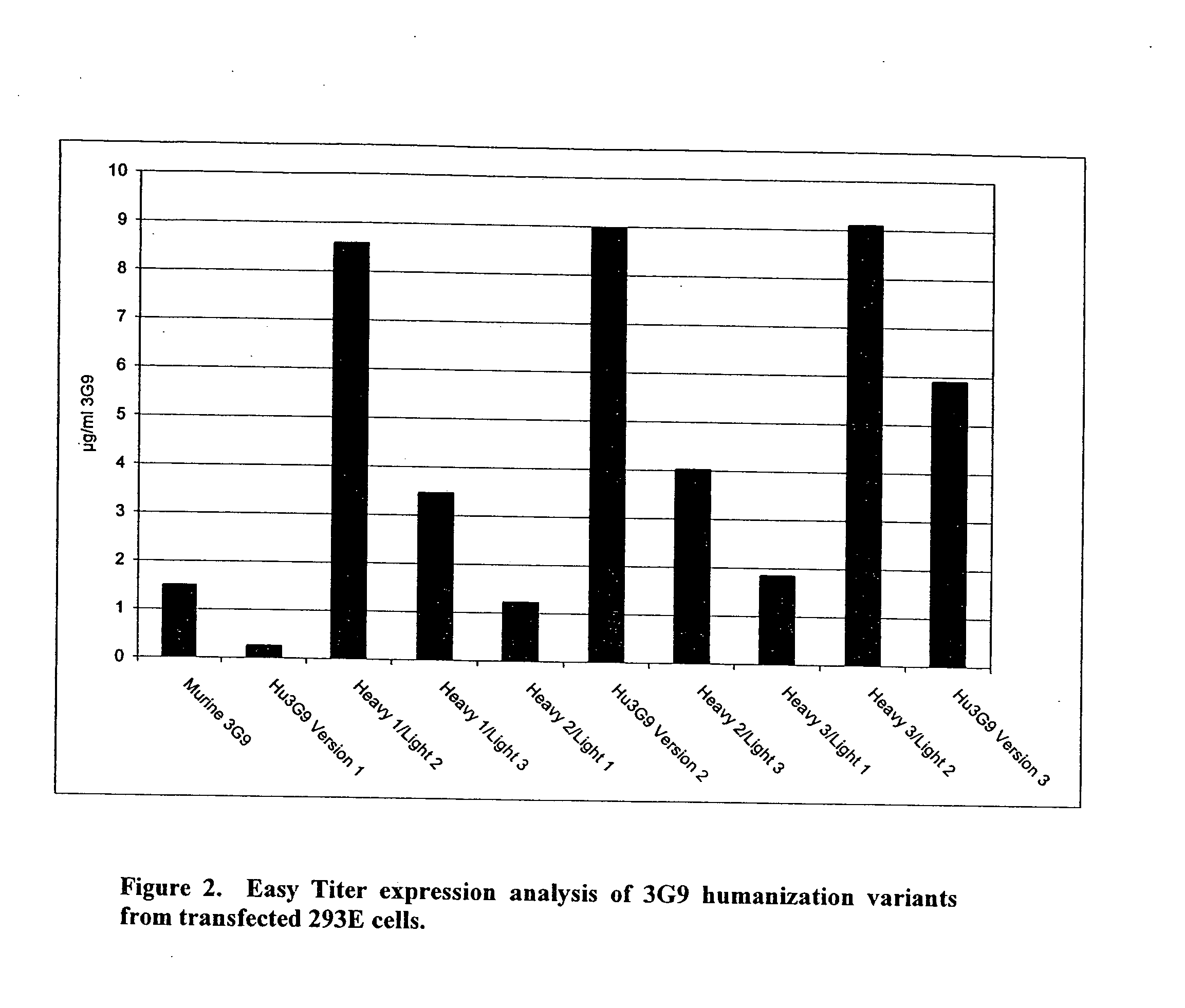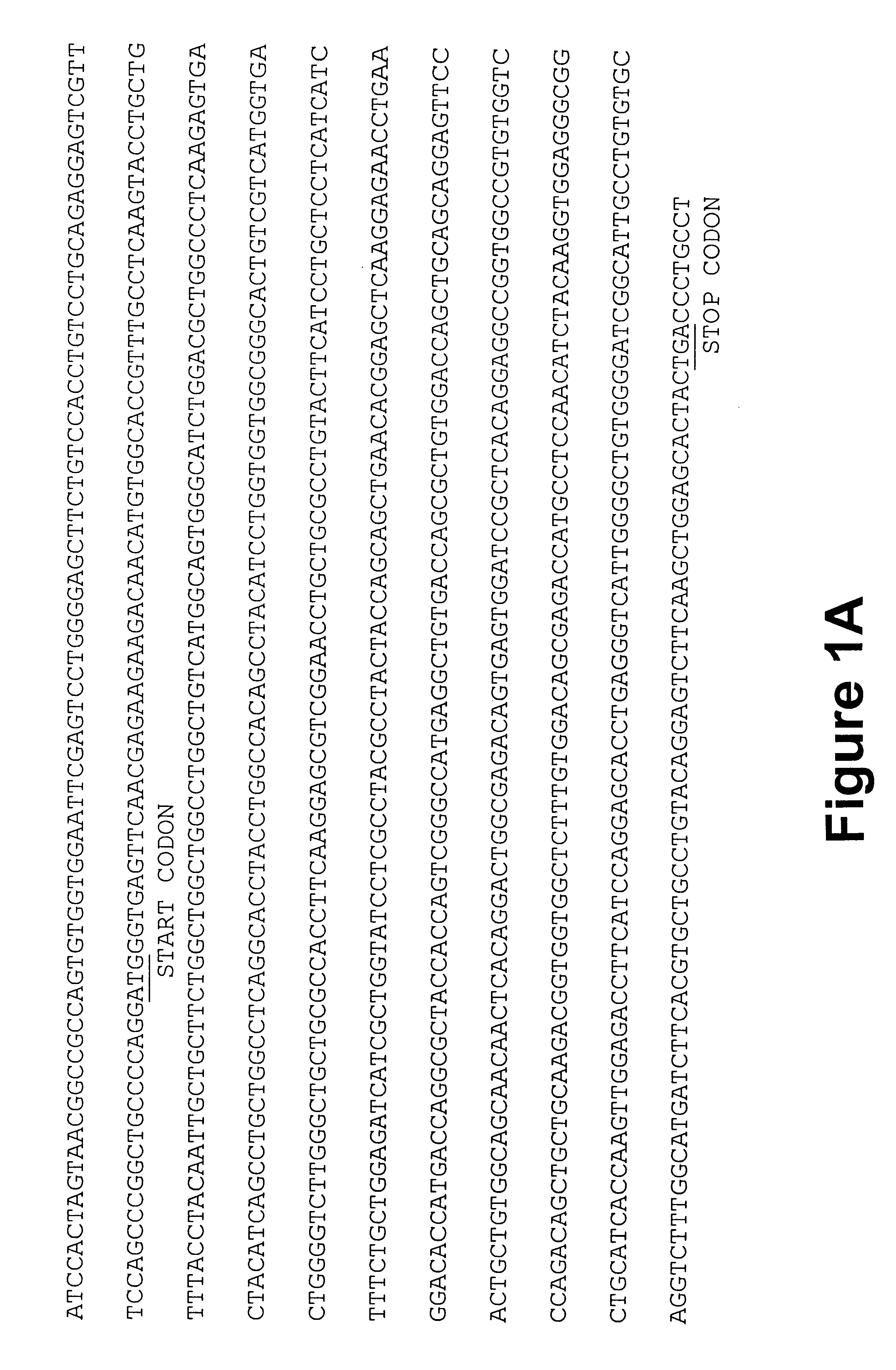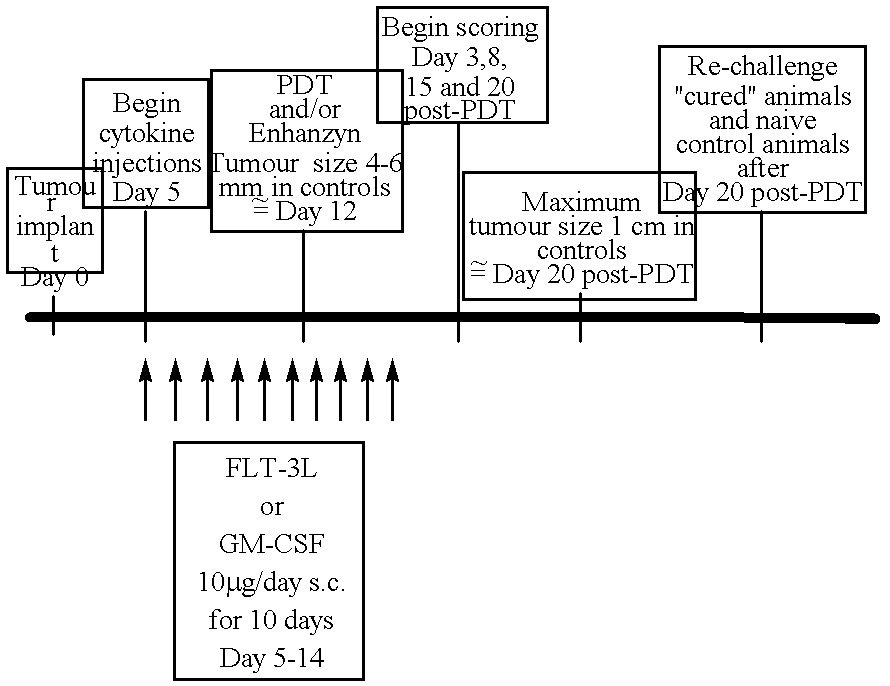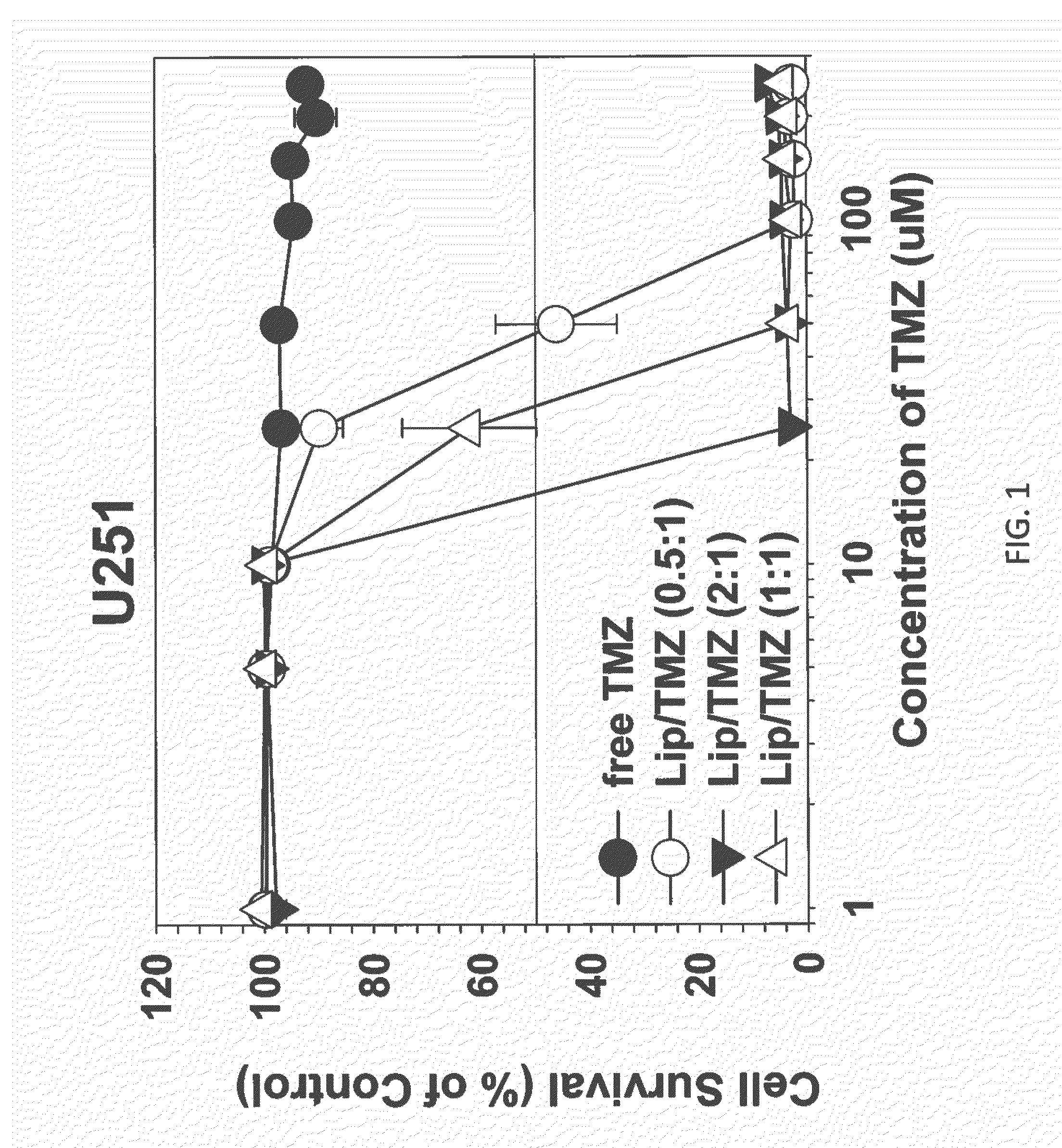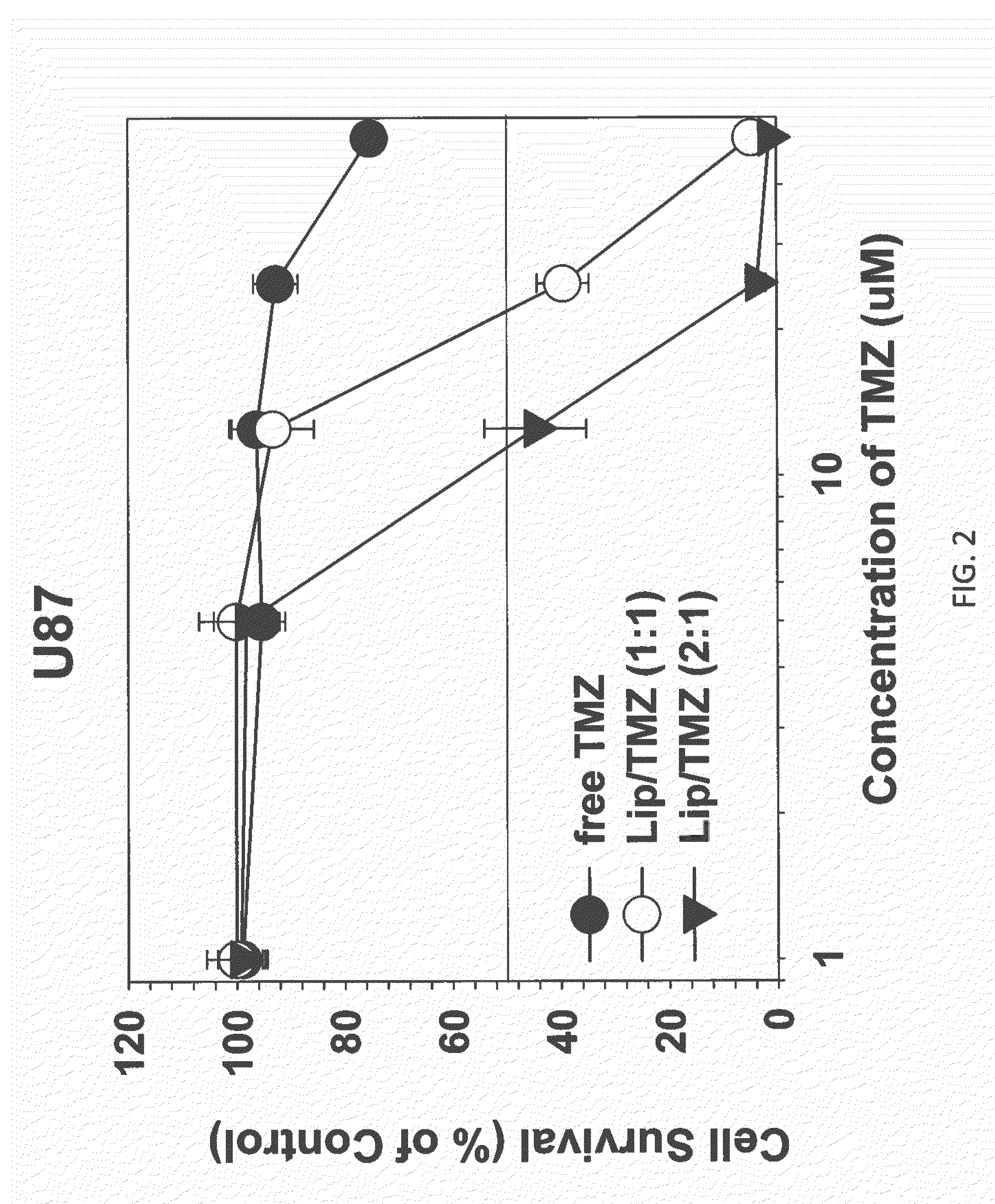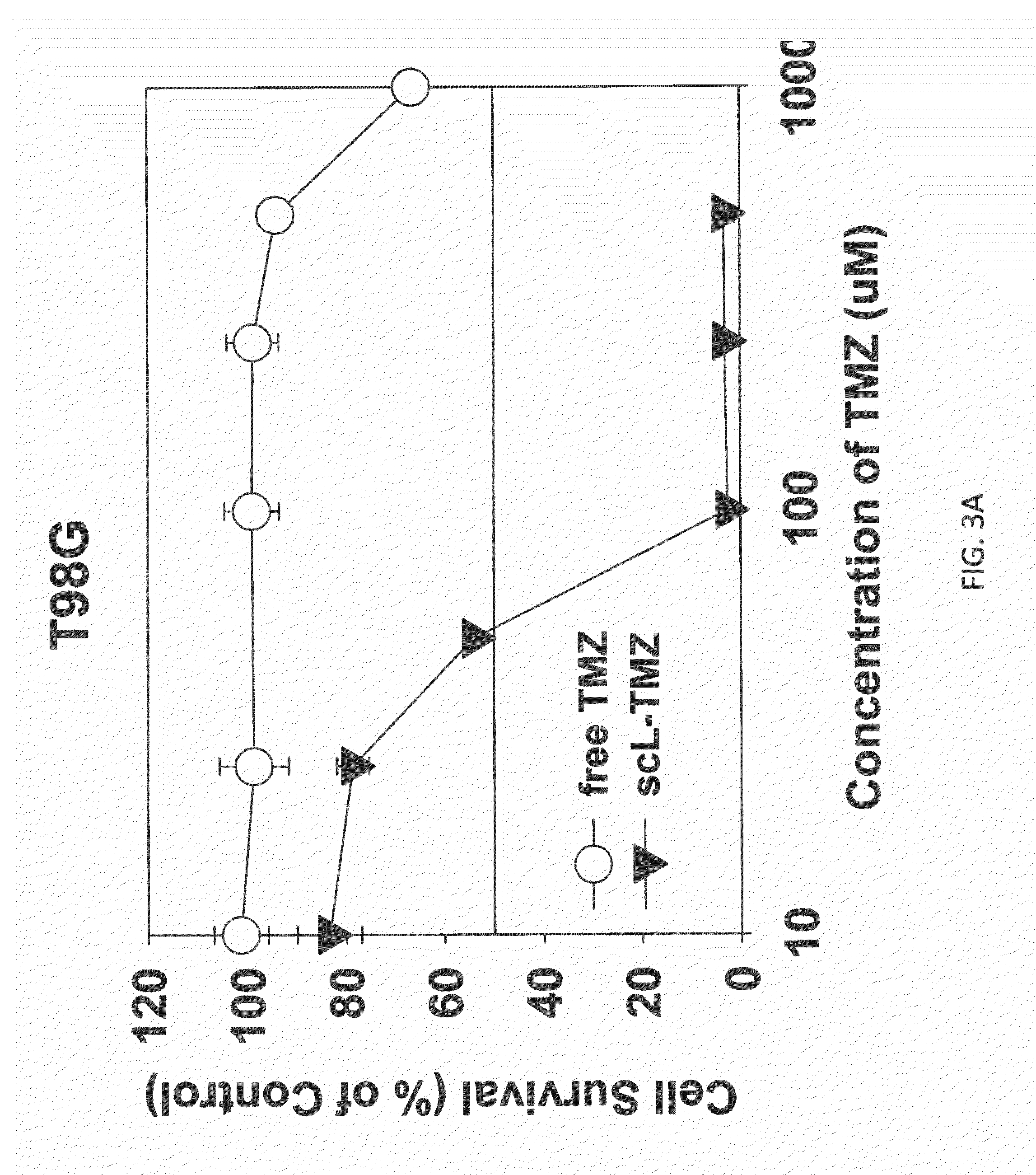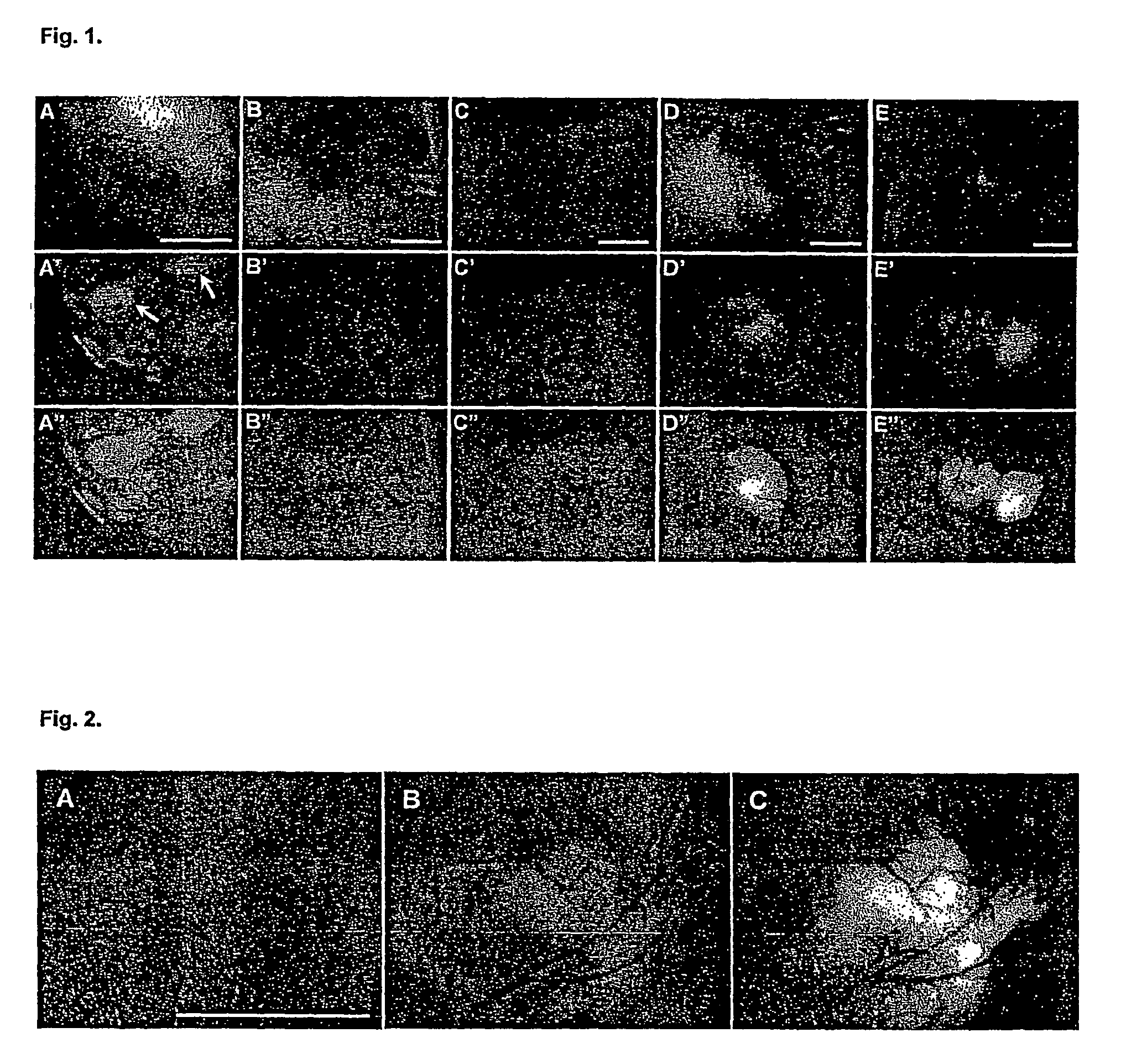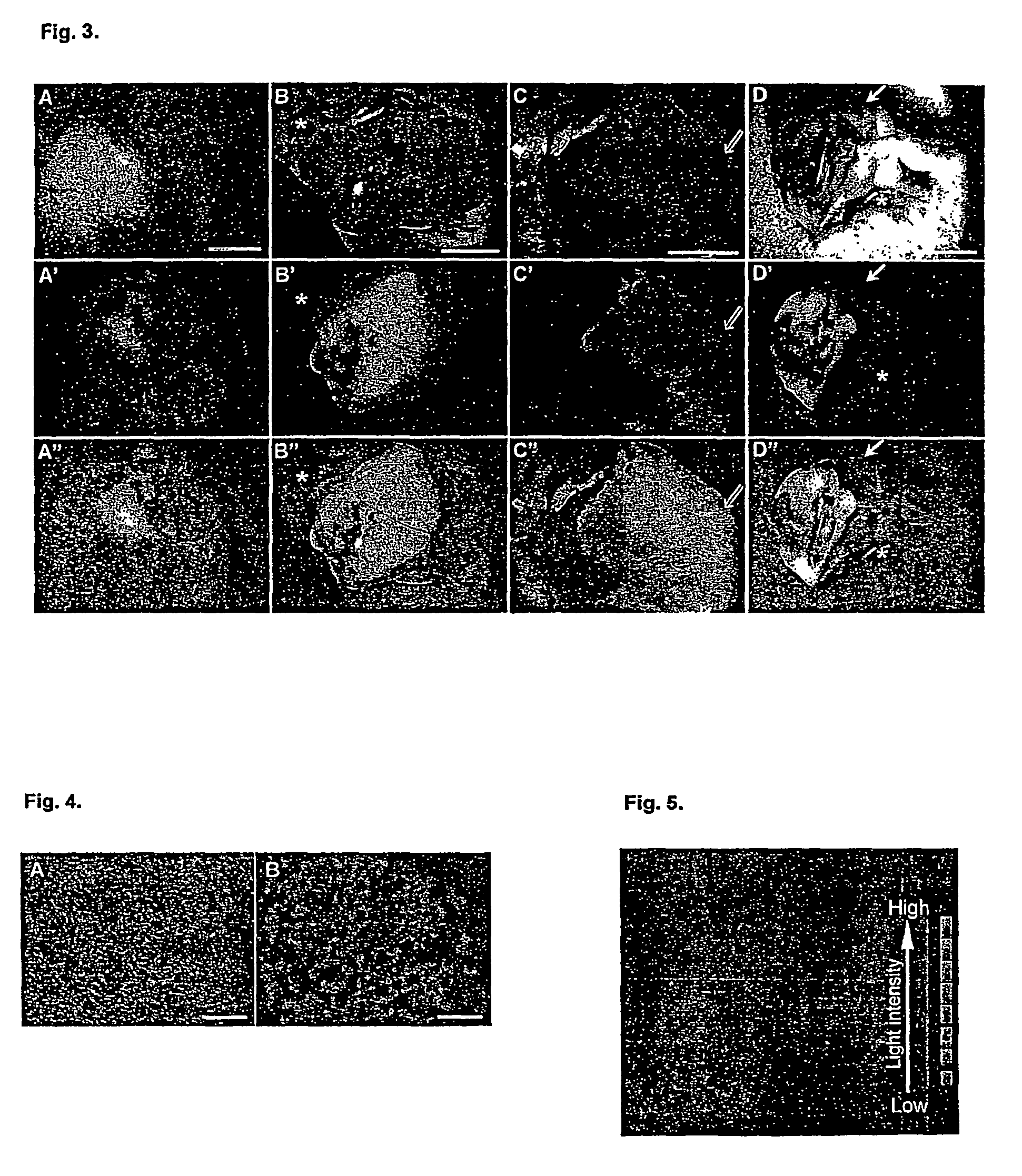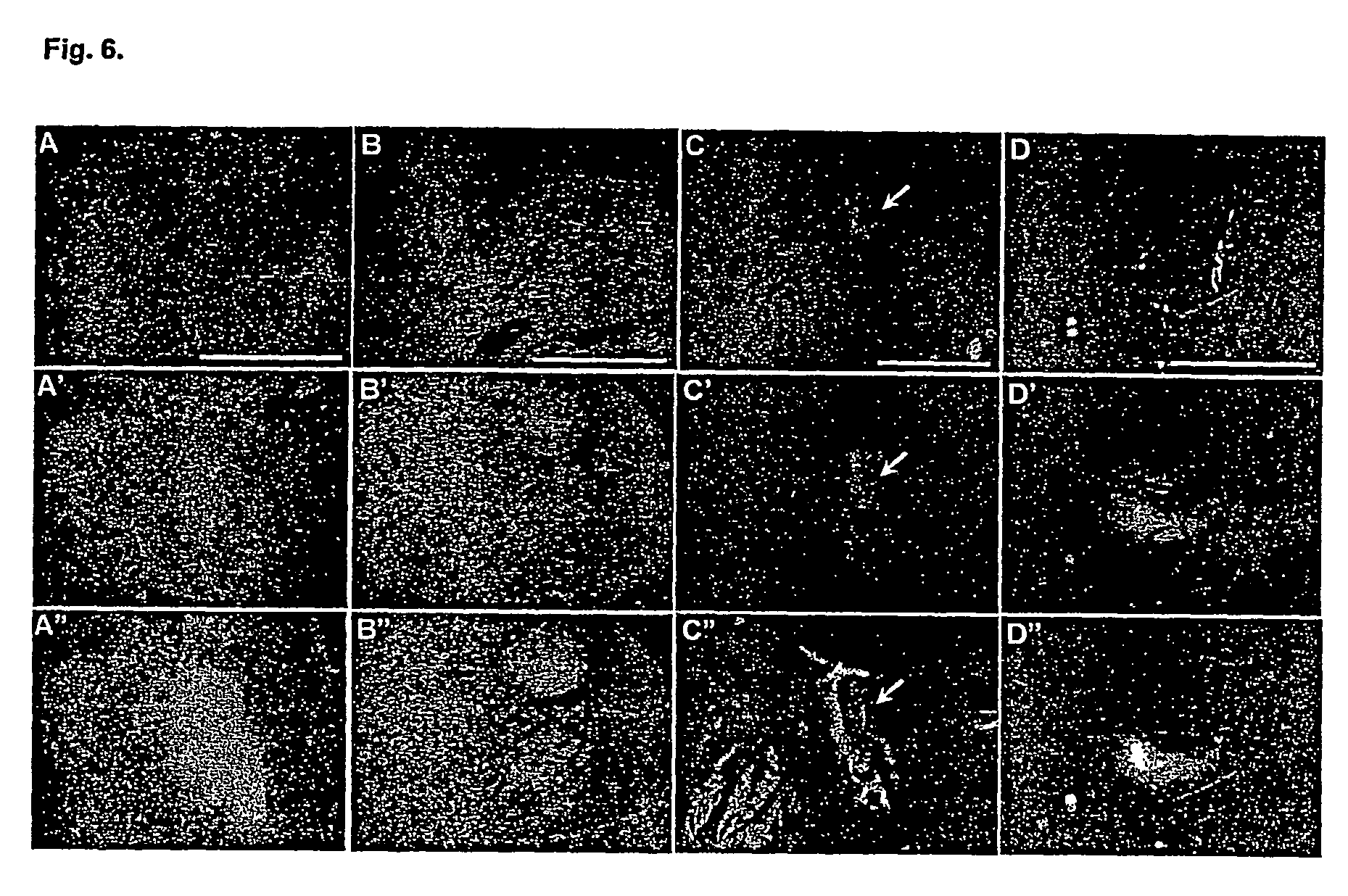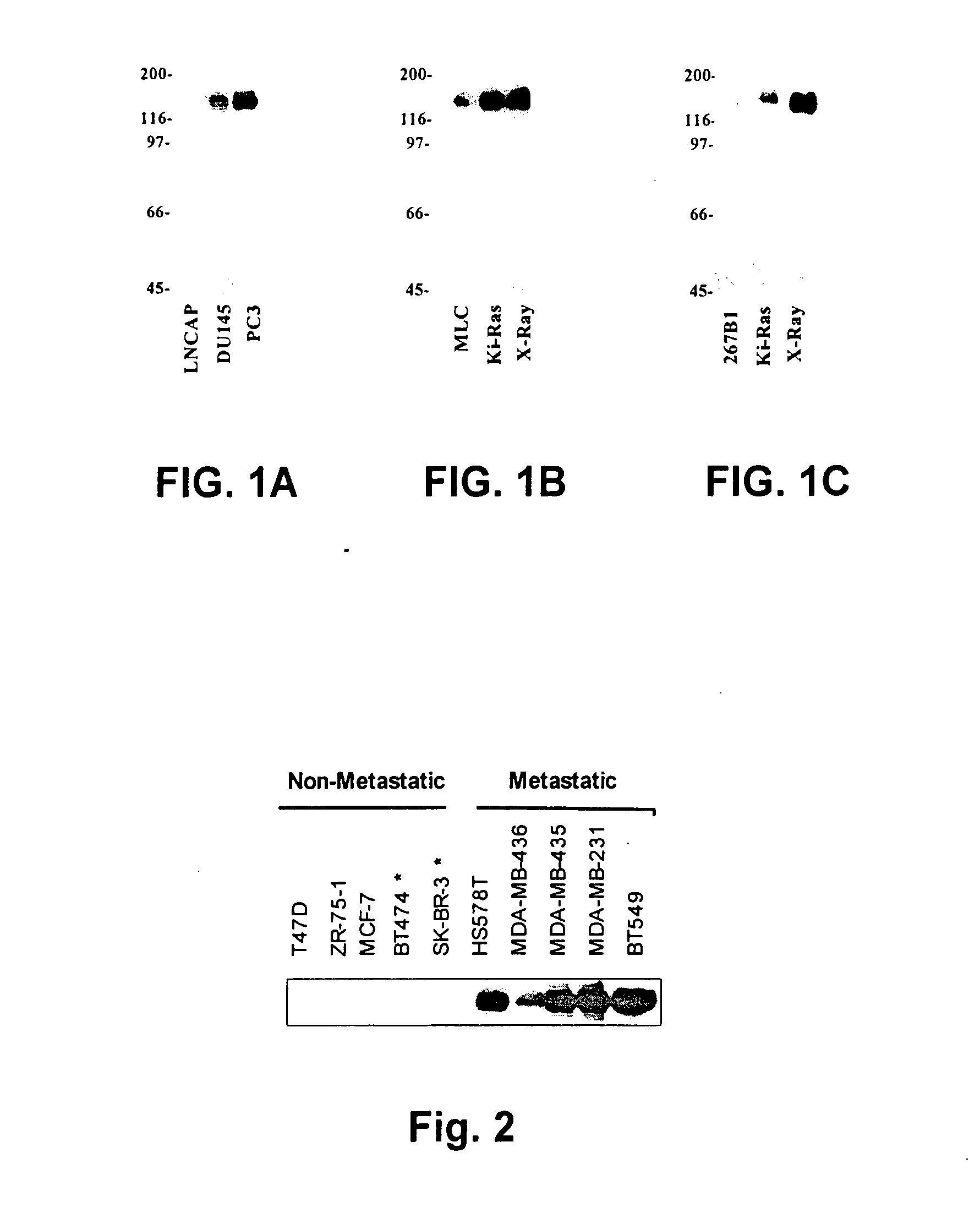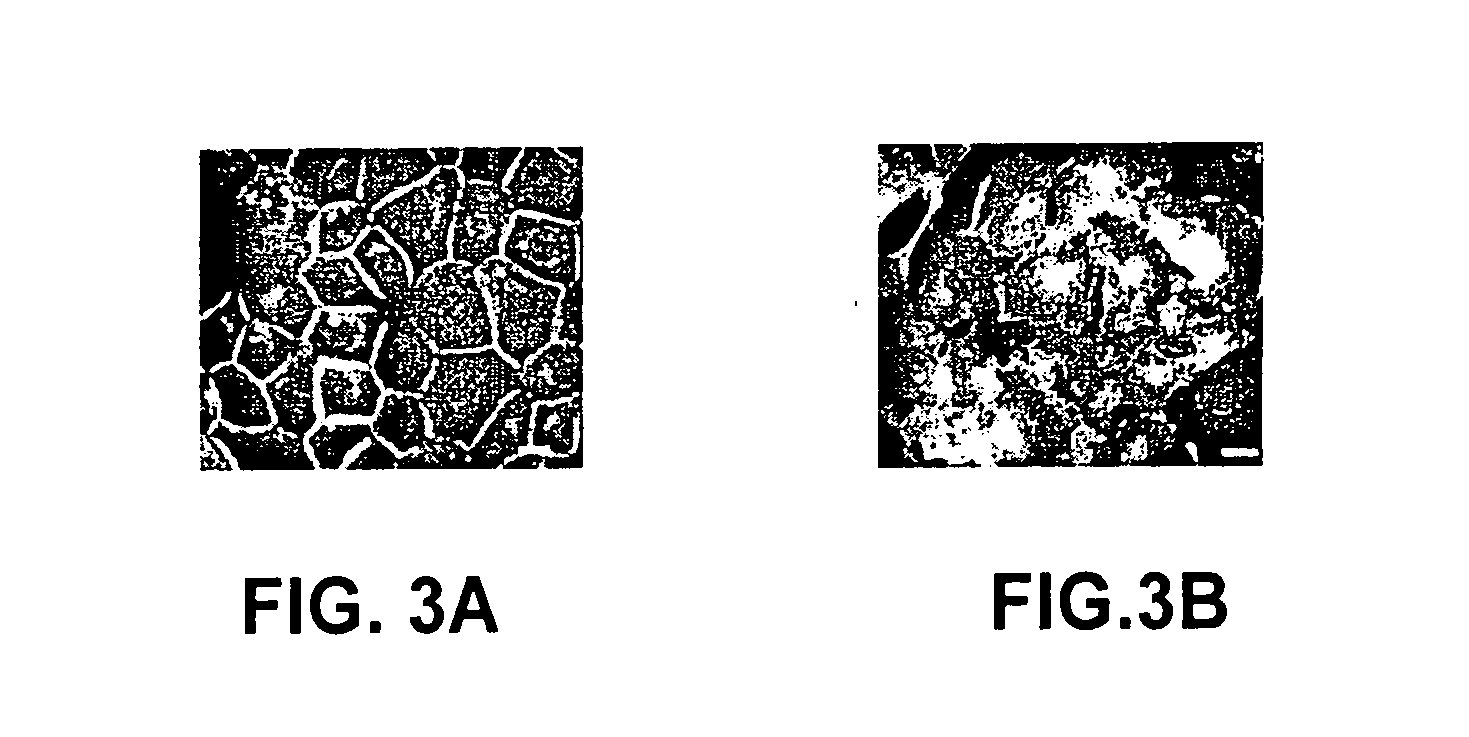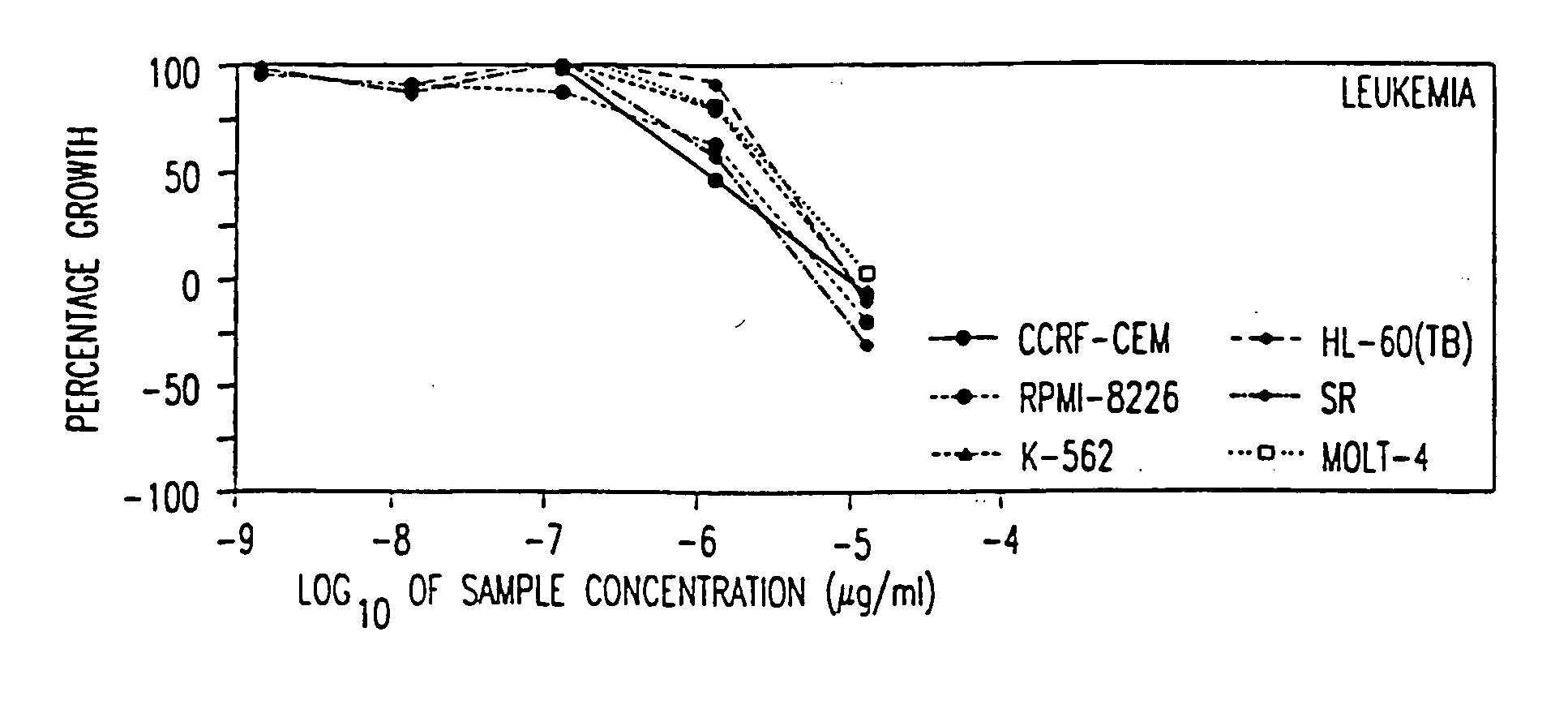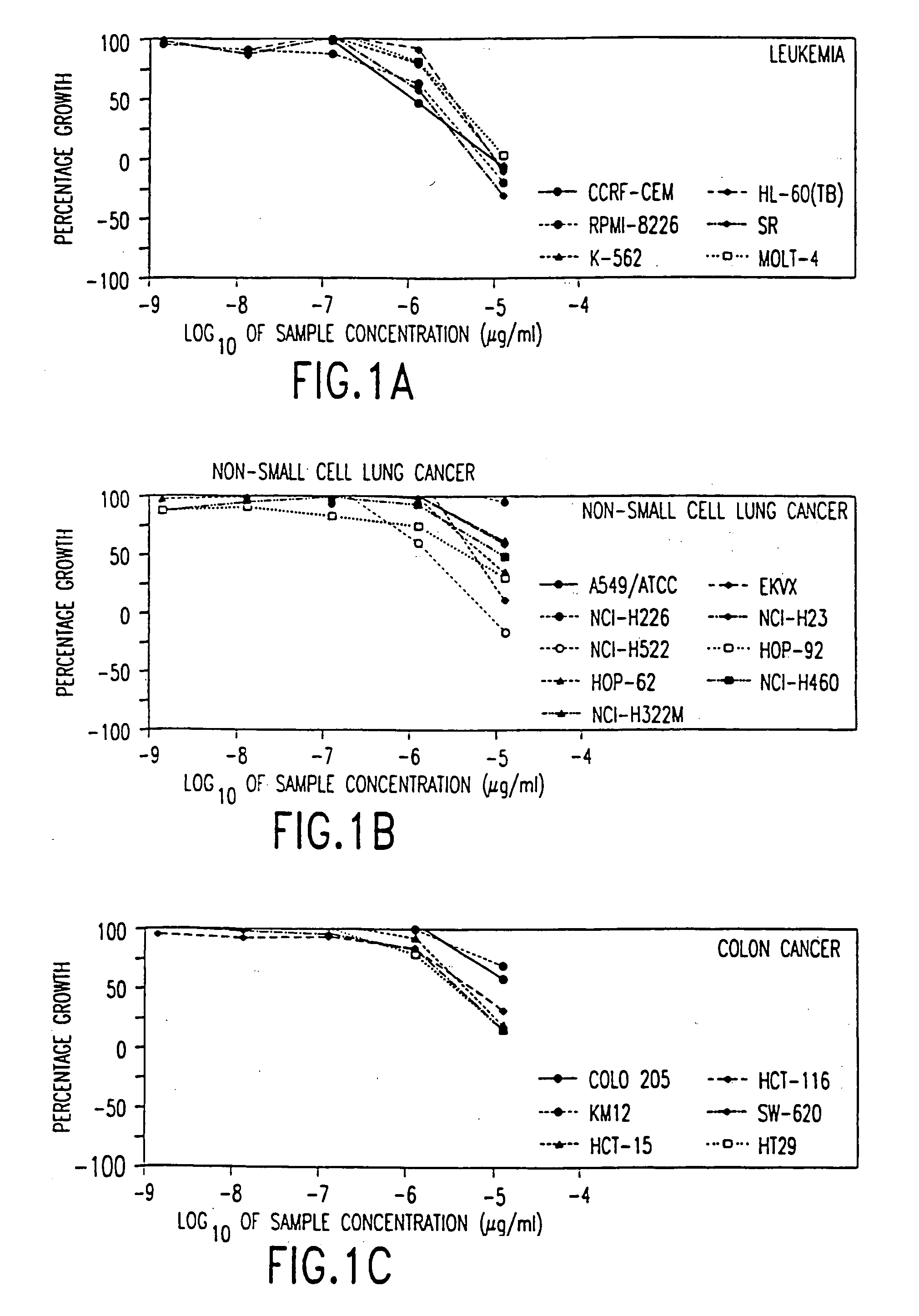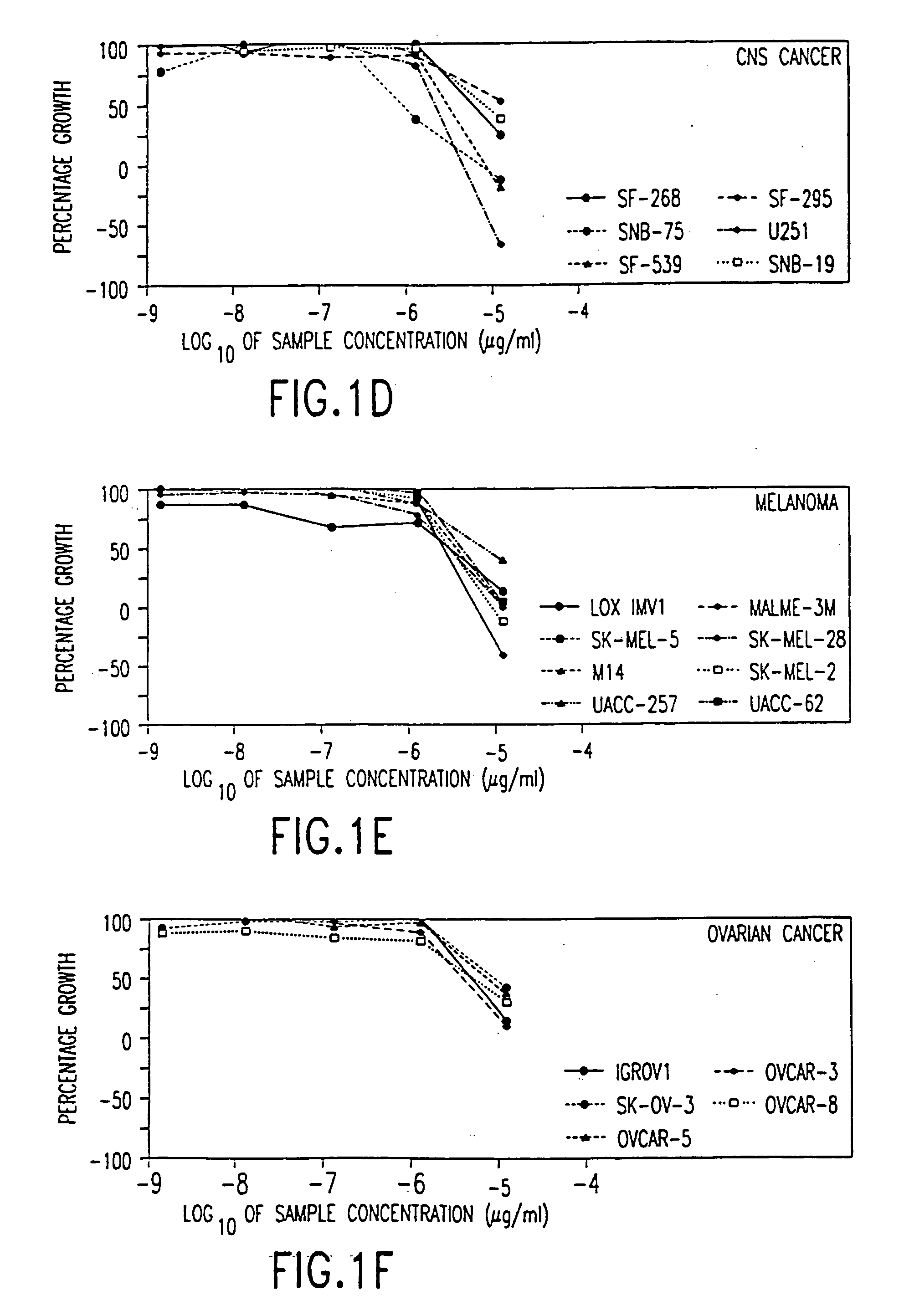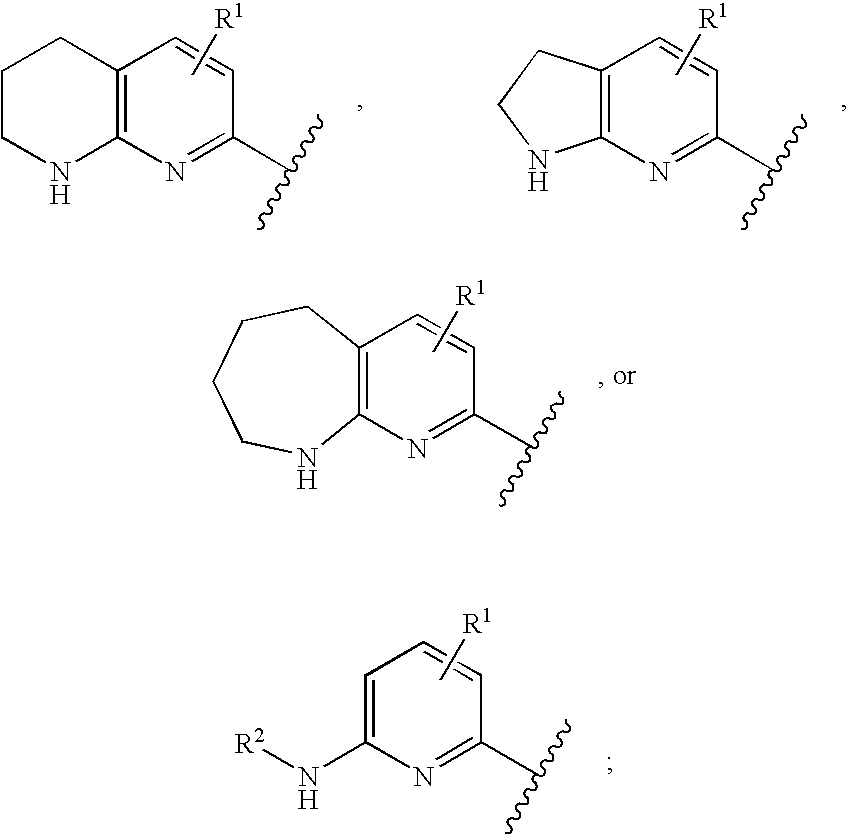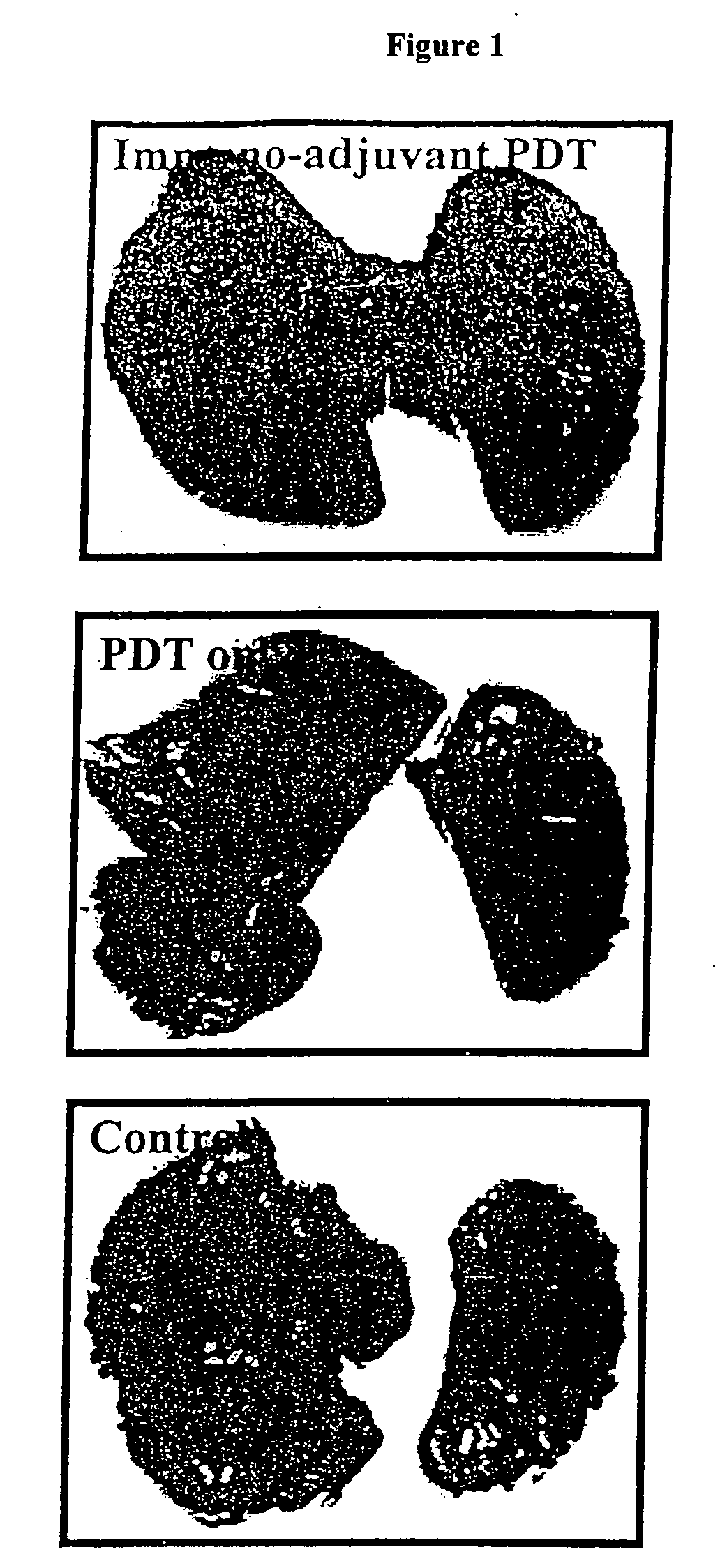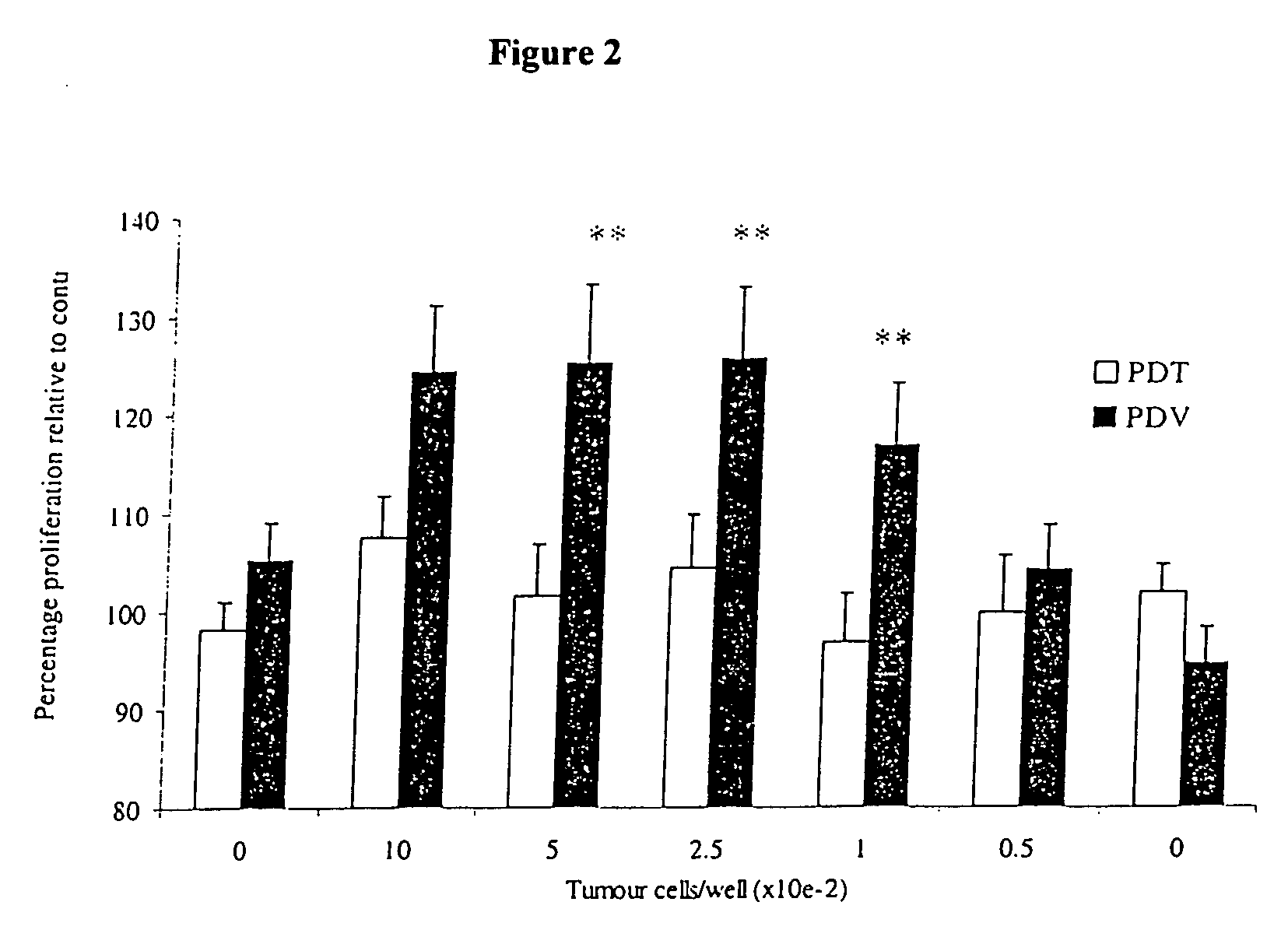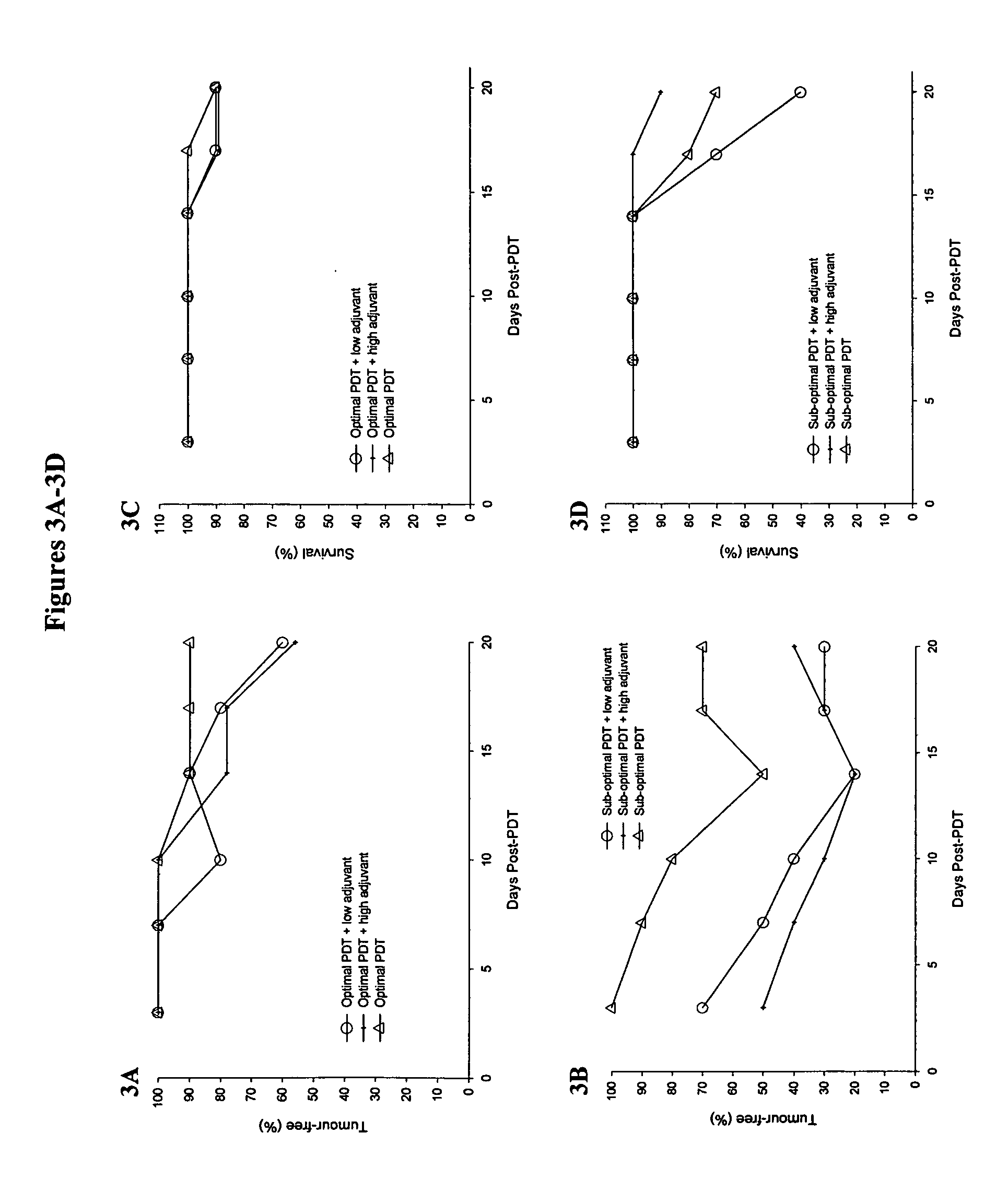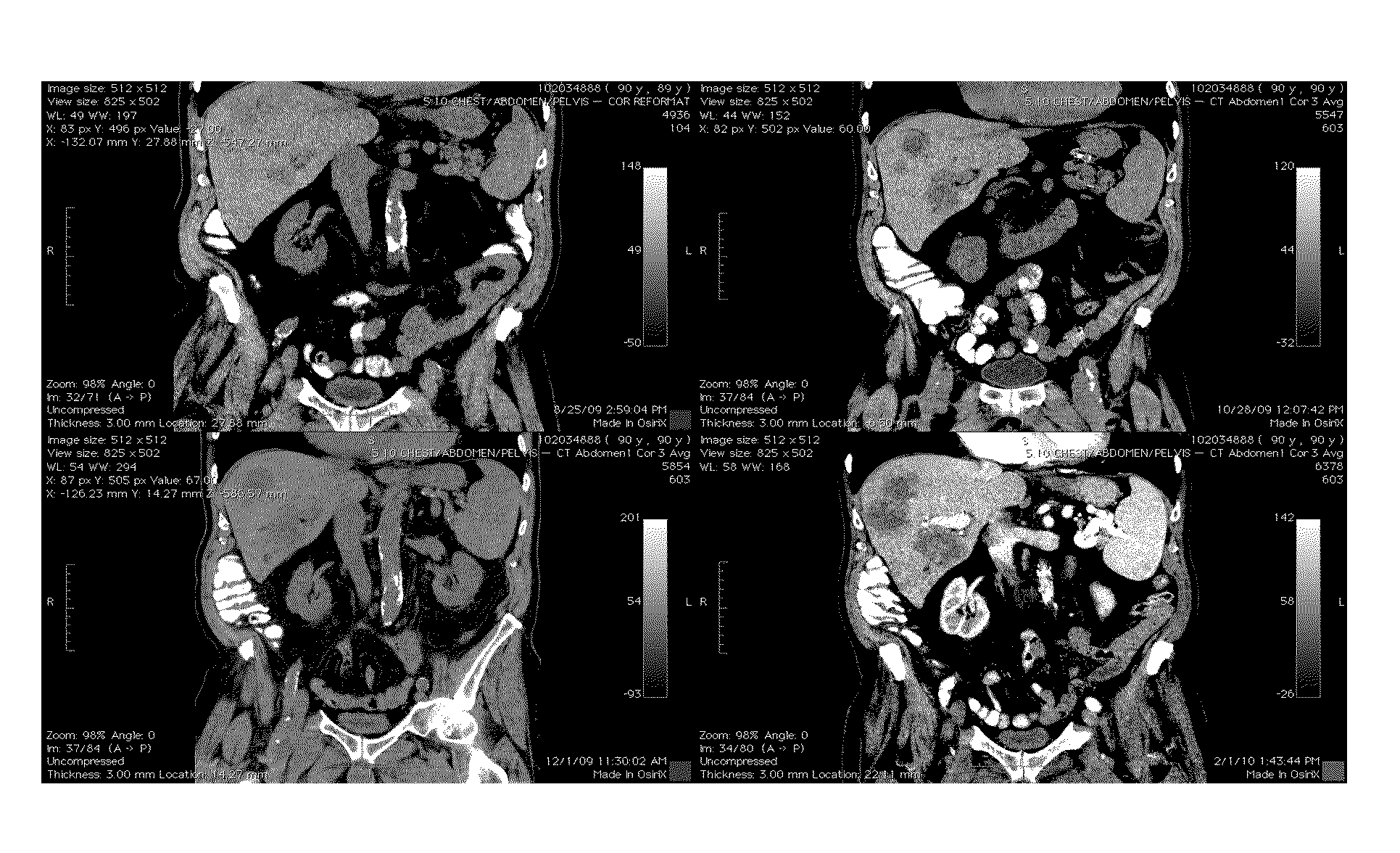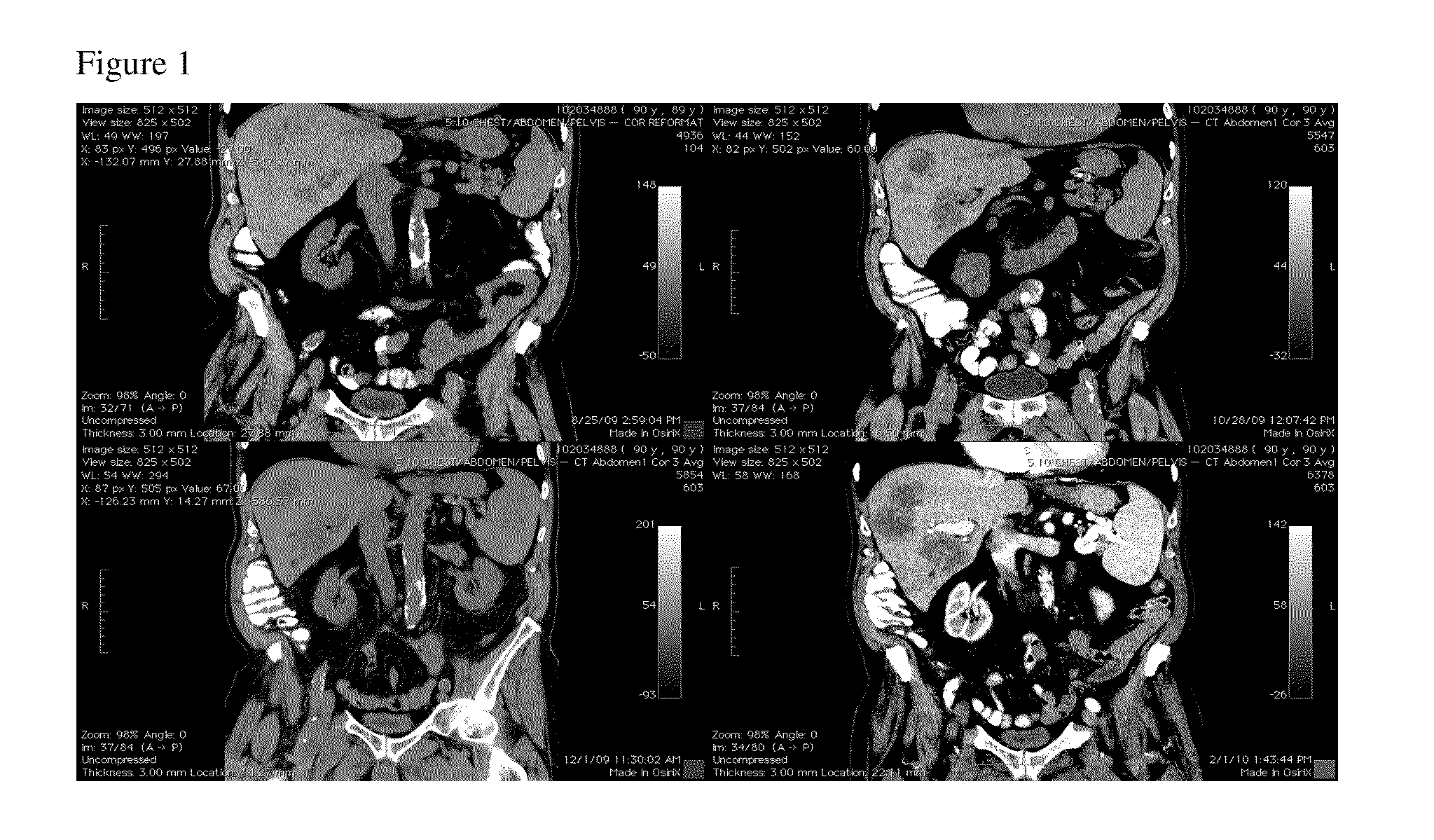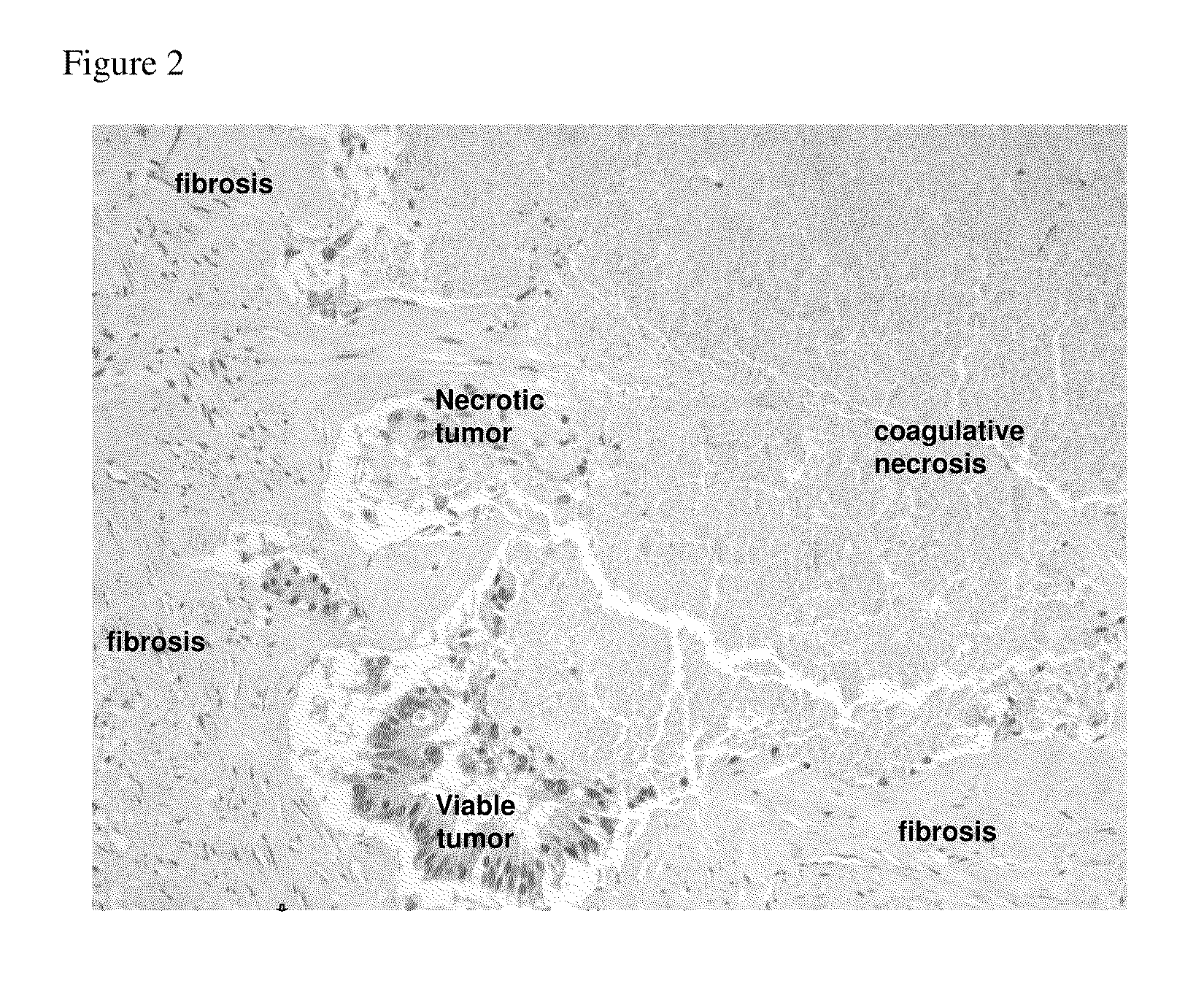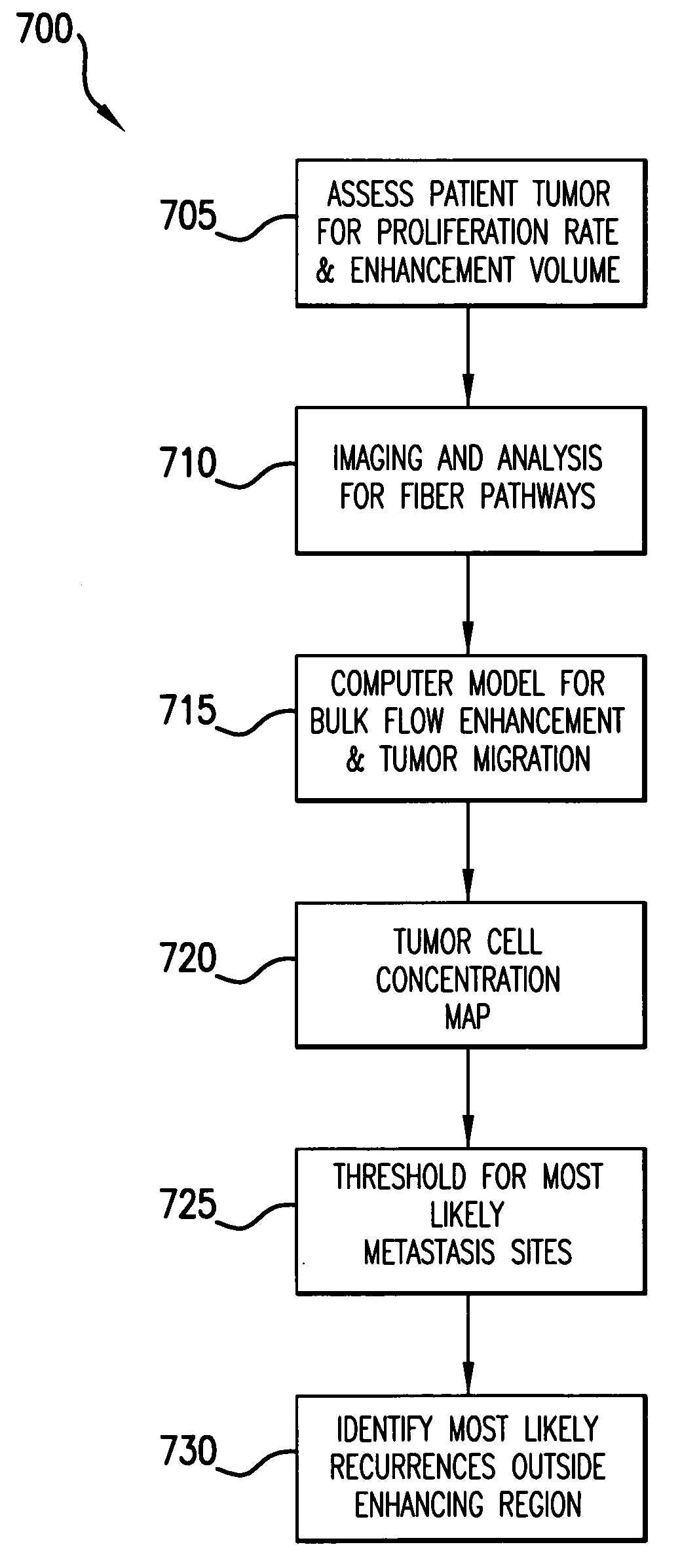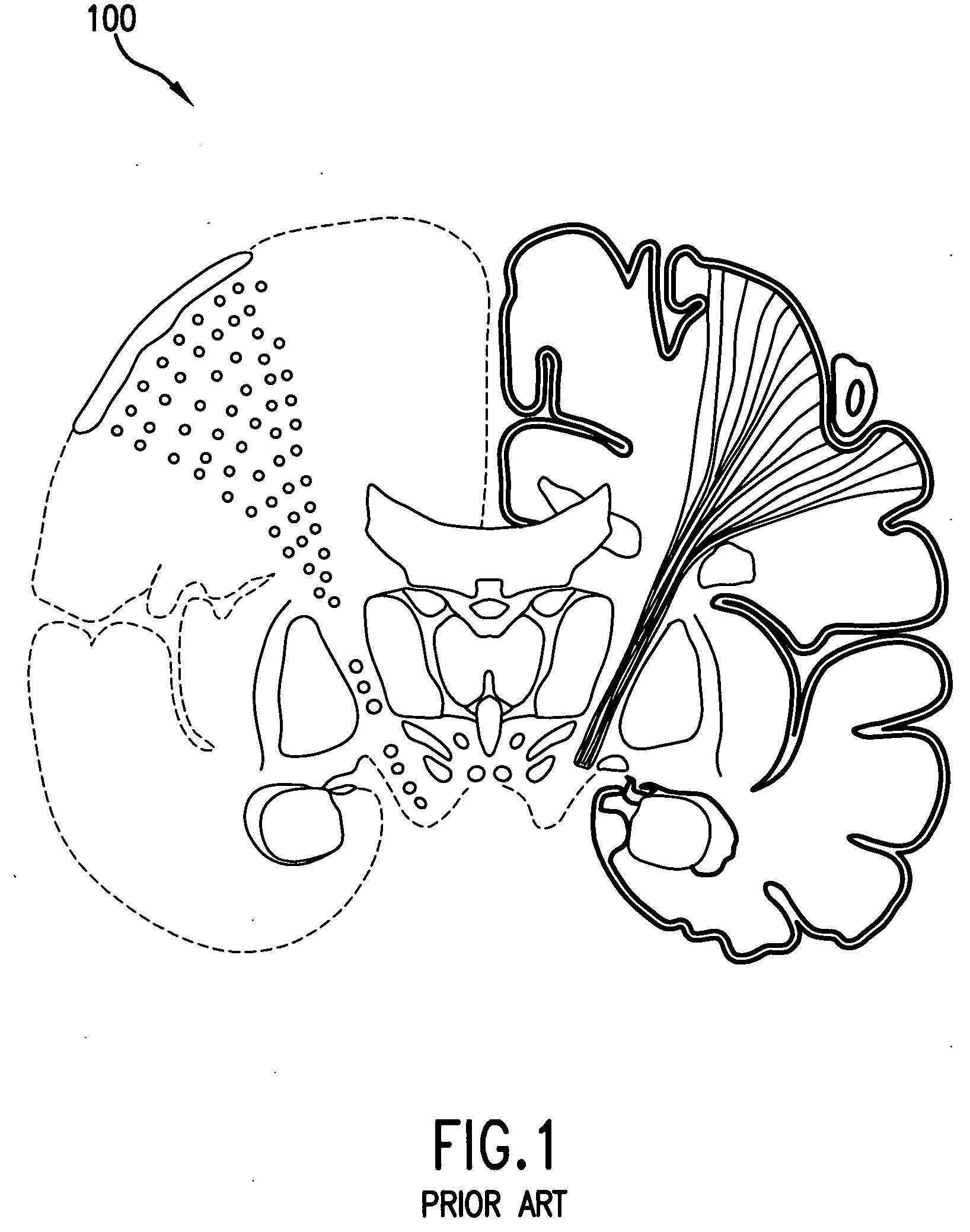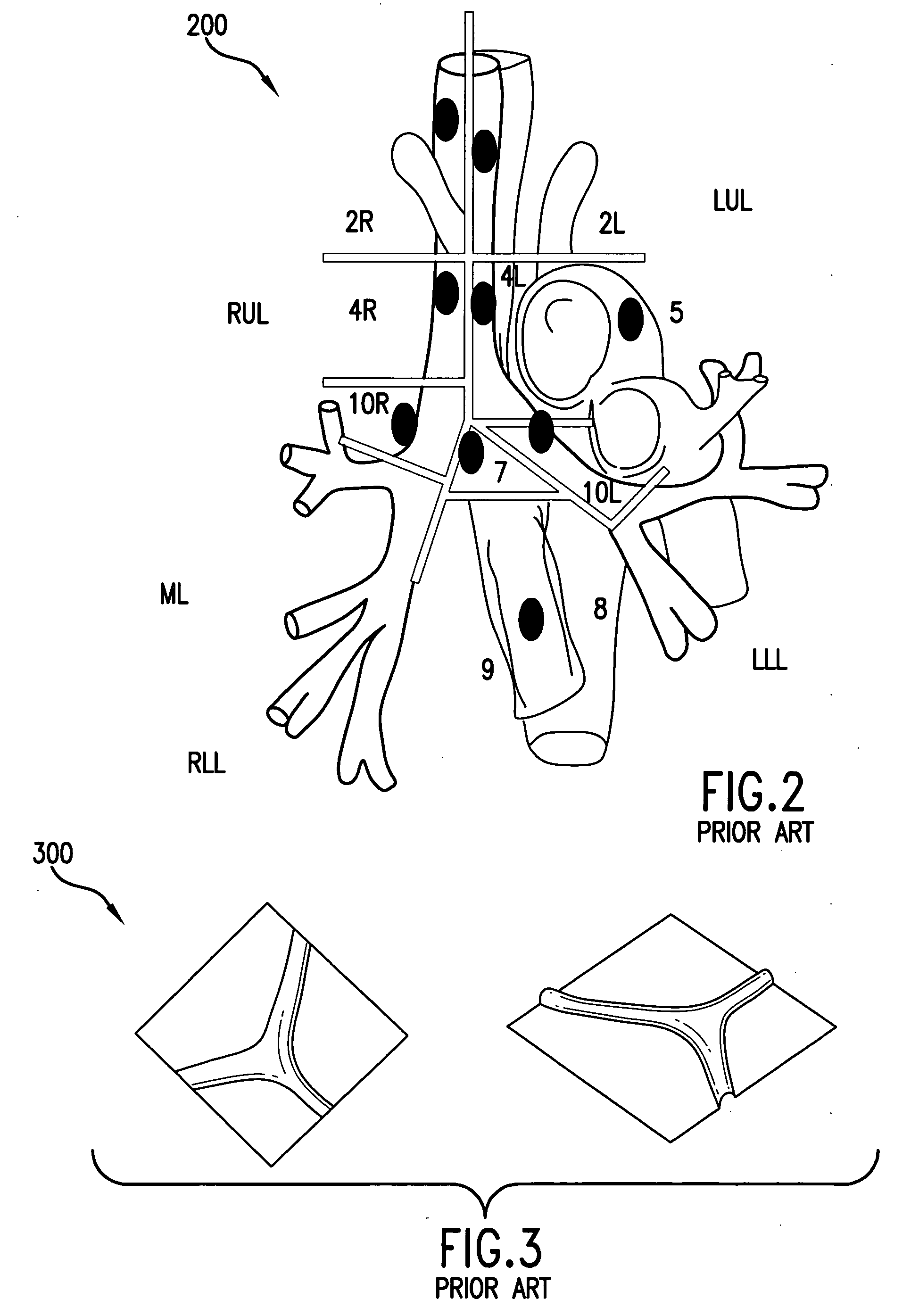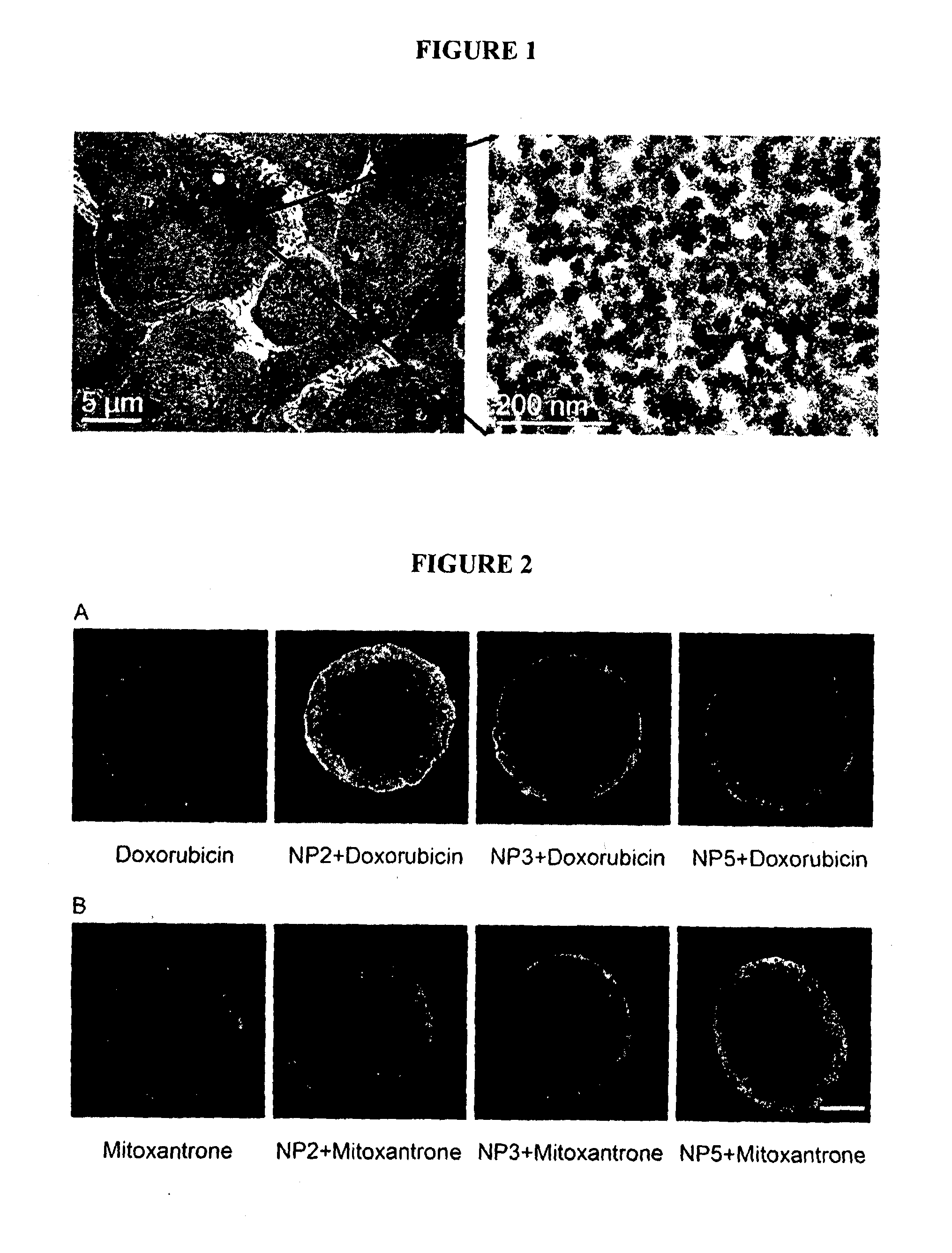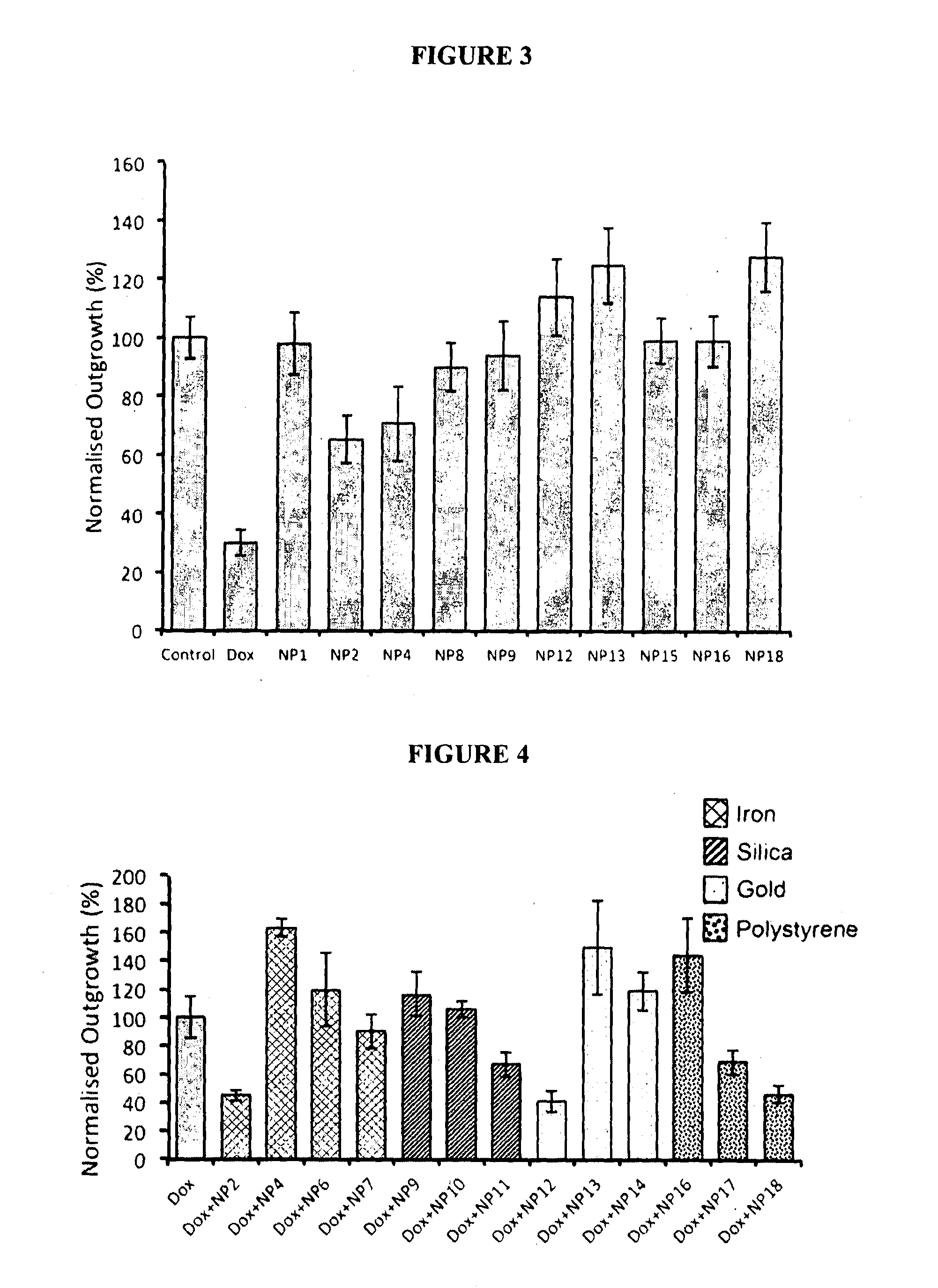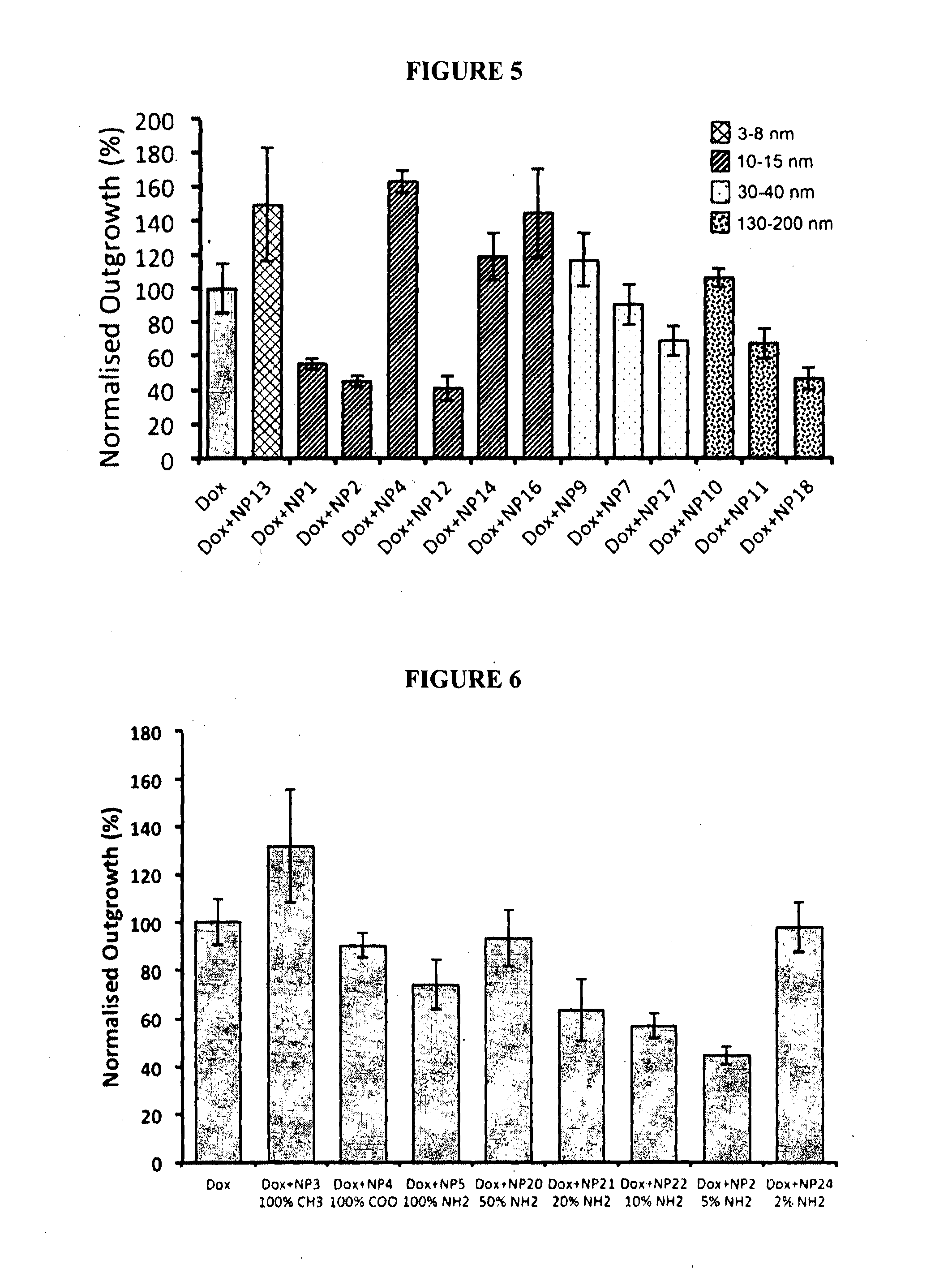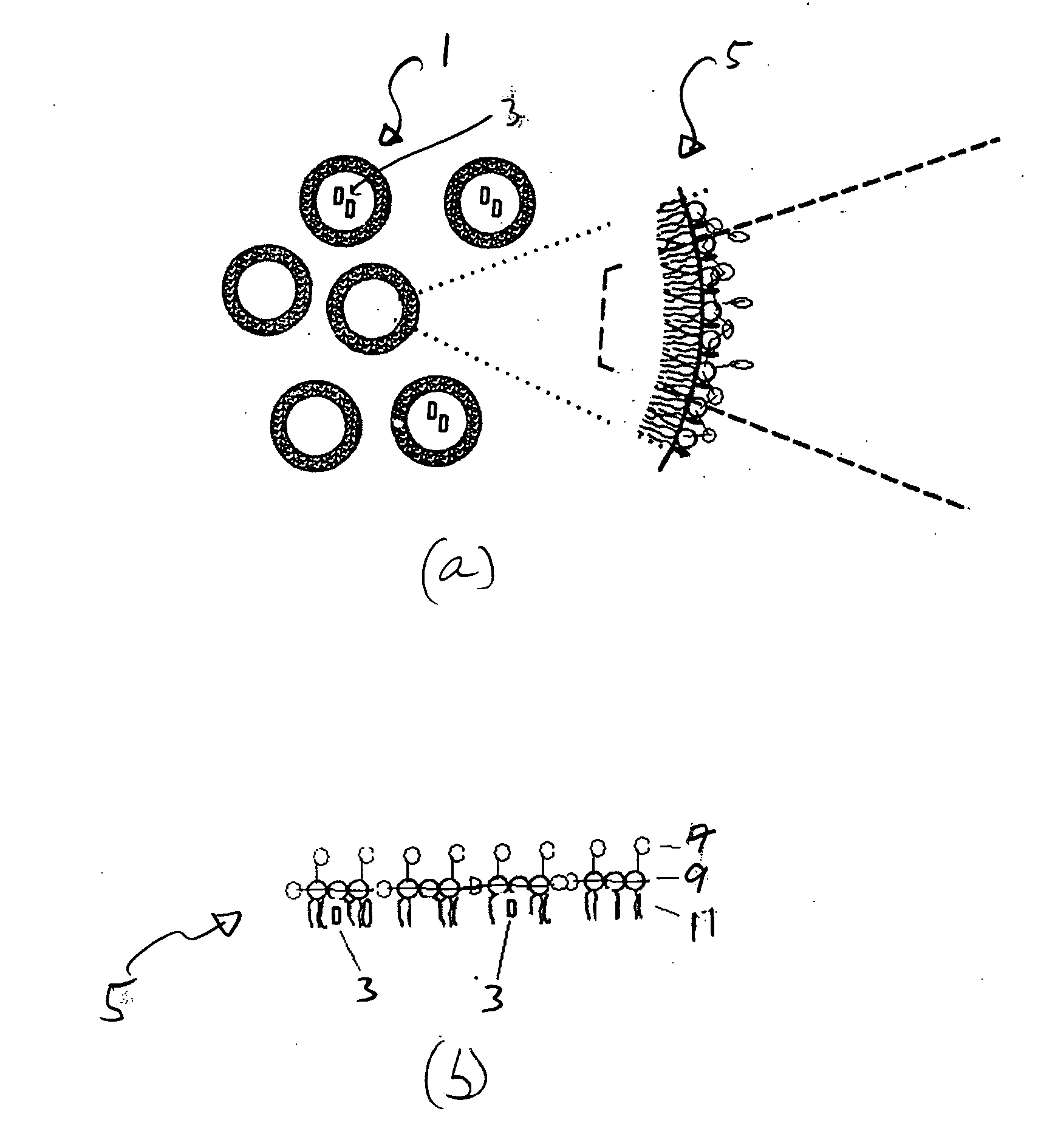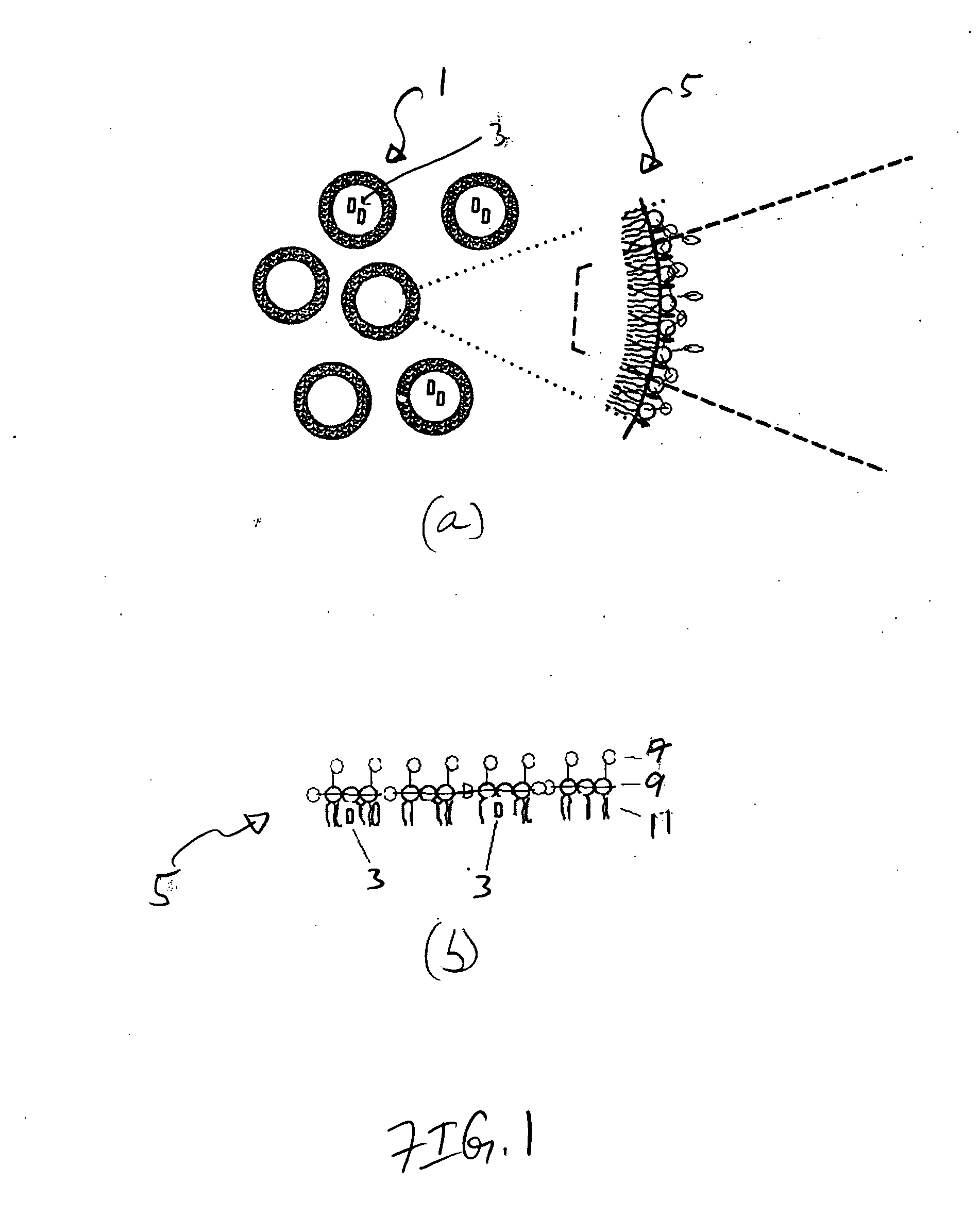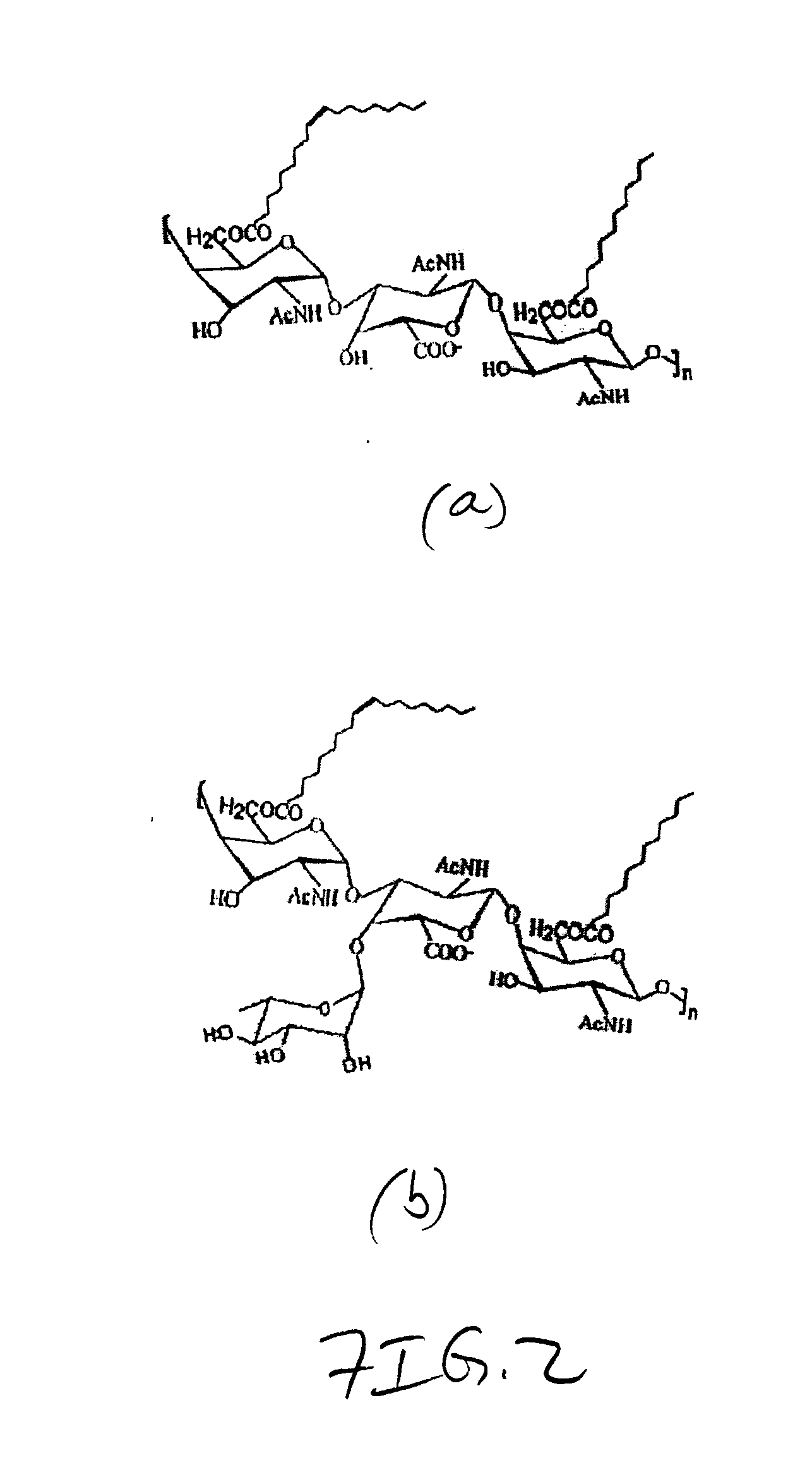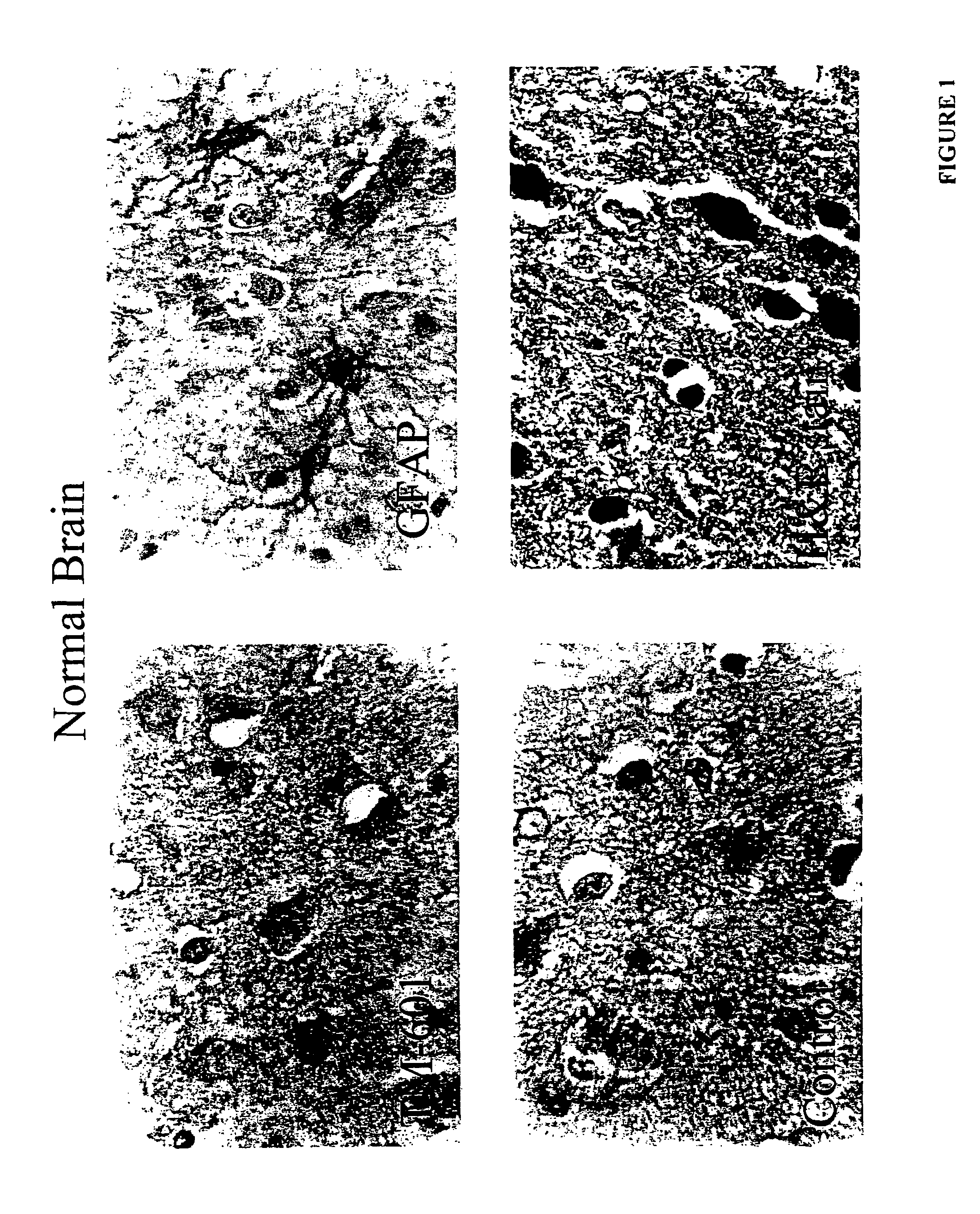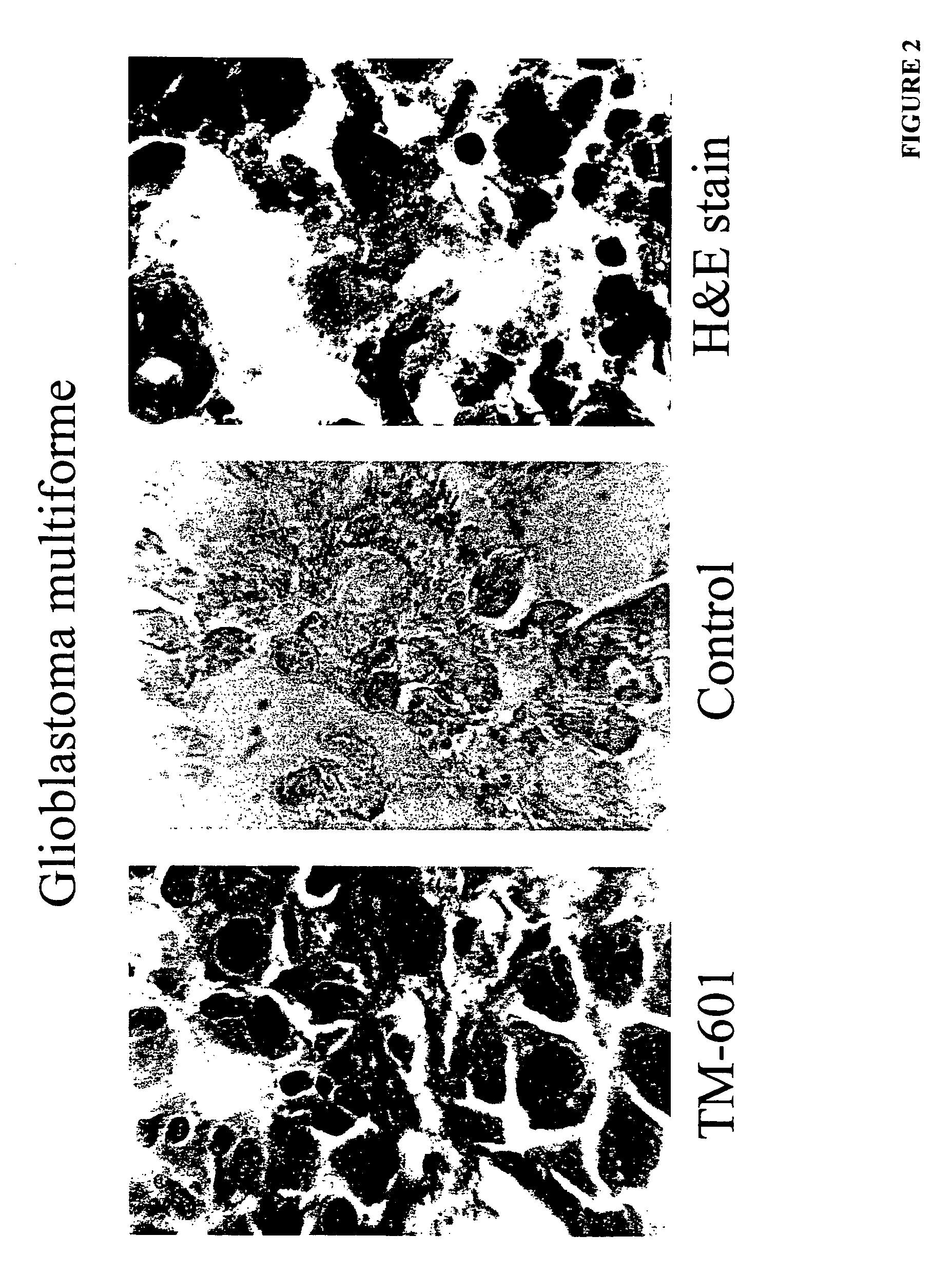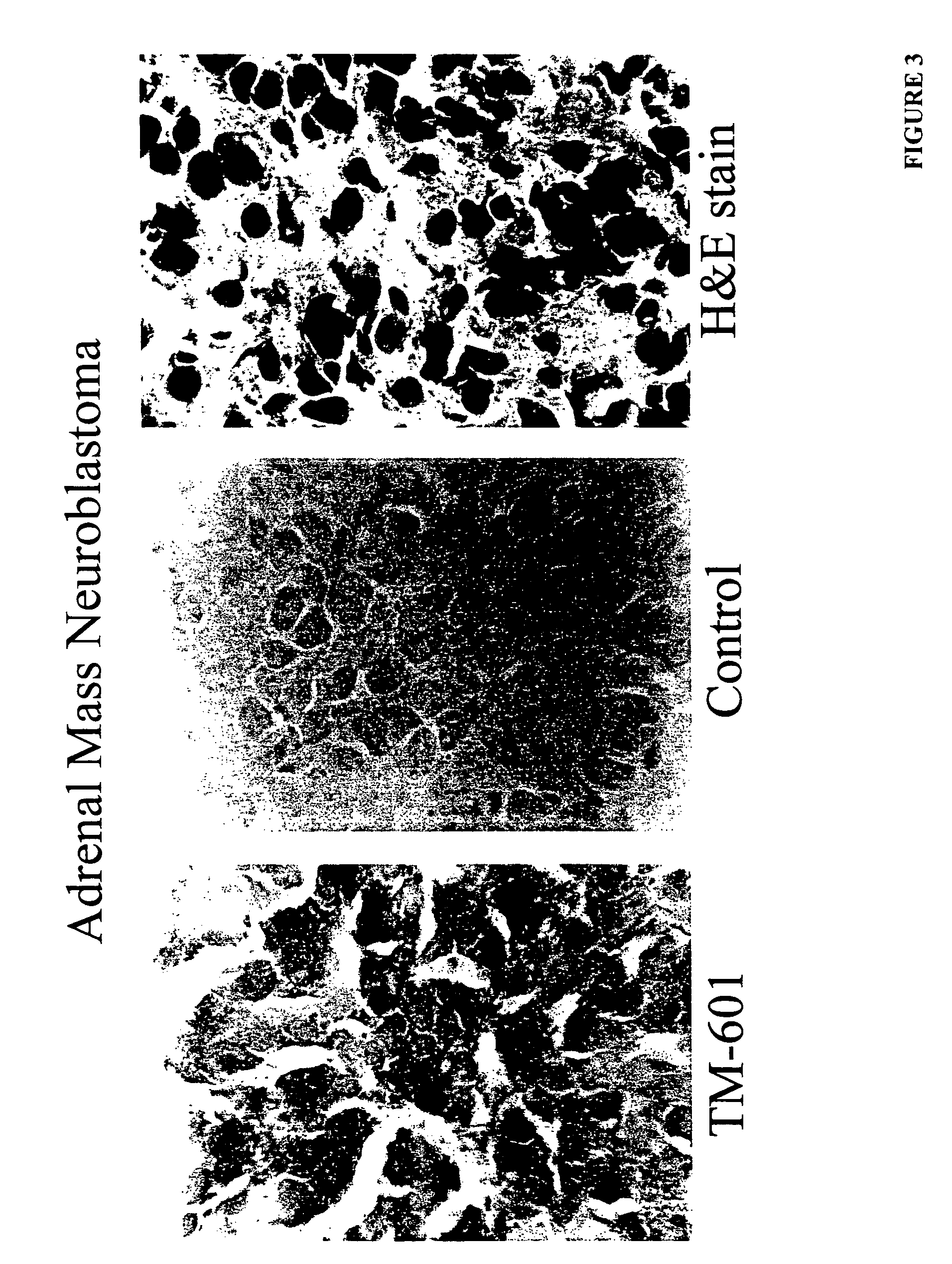Patents
Literature
Hiro is an intelligent assistant for R&D personnel, combined with Patent DNA, to facilitate innovative research.
258 results about "Metastatic tumor" patented technology
Efficacy Topic
Property
Owner
Technical Advancement
Application Domain
Technology Topic
Technology Field Word
Patent Country/Region
Patent Type
Patent Status
Application Year
Inventor
Metastatic tumor. Thesaurus. Definitions of metastatic tumor. 1. a malignant neoplasm composed of carcinoma and sarcoma extensively intermixed. any malignant growth or tumor caused by abnormal and uncontrolled cell division; it may spread to other parts of the body through the lymphatic system or the blood stream.
Prevention and treatment of primary and metastatic neoplastic diseases and infectious diseases with heat shock/stress protein-peptide complexes
InactiveUS6017540AEnhancing host 's immunocompetenceHigh activityBiocidePeptide/protein ingredientsStress ProteinsIn vivo
The present invention relates to methods and compositions for eliciting an immune response and the prevention and treatment of primary and metastatic neoplastic diseases and infectious diseases. The methods of the invention comprise administering a composition comprising an effective amount of a complex, in which the complex consists essentially of a heat shock protein (hsp) noncovalently bound to an antigenic molecule. Optionally, the methods further comprise administering antigen presenting cells sensitized with complexes of hsps noncovalently bound to an antigenic molecule. "Antigenic molecule" as used herein refers to the peptides with which the hsps are endogenously associated in vivo as well as exogenous antigens / immunogens (i.e., with which the hsps are not complexed in vivo) or antigenic / immunogenic fragments and derivatives thereof. In a preferred embodiment, the complex is autologous to the individual. In a specific embodiment, the effective amounts of the complex are in the range of 0.1 to 9.0 micrograms for complexes comprising hsp70, 5 to 49 micrograms for hsp90, and 0.1 to 9.0 micrograms for gp96.
Owner:FORDHAM UNIVERSITY
Anti-αvβ6 antibodies and uses thereof
The present invention is in the fields of cell biology, immunology and oncology. The invention provides humanized antibodies that recognize αvβ6 integrins, which antibodies comprise a variable region of nonhuman origin and at least a portion of an immunoglobulin of human origin. The invention also provides methods for preparation of such antibodies, pharmaceutical compositions comprising them, and methods of treating, diagnosing and / or preventing various diseases and disorders by administering the humanized anti-αvβ6 antibodies of the invention. The invention also relates to the identification of differential expression of the integrin αvβ6 on the surfaces of tumor cells and tissues, the use of this differential expression in determining the metastatic potential of tumor cells, and methods of diagnosis and treatment / prevention of tumor metastasis and for elimination of residual metastatic tumor cells using ligands, particularly antibodies, that bind to integrin αvβ6.
Owner:BIOGEN MA INC
Blood test prototypes and methods for the detection of circulating tumor and endothelial cells
InactiveUS20050244843A1Enhance anti-tumor immune responseDramatic utilityBioreactor/fermenter combinationsBiological substance pretreatmentsAbnormal tissue growthProgenitor
Methods and devices for isolating and diagnosing disease with a cell adhesion matrix system, mimicking a metastatic, cardiovascular or placental environment, are disclosed. The cell adhesion matrix facilitates the enrichment of target cells such as metastatic tumor cells, fetal cells and endothelial progenitor cells from a fluid sample such as blood for diagnostic and therapeutic applications in treating patients afflicted with disease, such as cancerous, cardiovascular and fetal diseases, as well as for research applications in molecular analysis of metastatic, and cardiovascular and fetal diseases. Blood test prototypes and methods for the cell enrichment and detection of circulating tumor and endothelial cells using multiplex molecular analysis are described herein. In addition, methods and compositions for determining host immunity to tumor in subjects with risk of cancer progression and methods for isolating an enriched fraction of fetal cells from pregnant females for prenatal diagnosis are also described herein.
Owner:CHEN WEN TIEN +2
Inhibition of Lysyl oxidase for treating tumor growth and diagnostics relating thereto
InactiveUS20070021365A1Good curative effectInhibit biological activityCompound screeningApoptosis detectionAbnormal tissue growthCancer research
Disclosed are methods of identifying lysyl oxidase inhibitors and the use of such inhibitors to prevent and treat tumors, particularly metastatic tumors, alone and in combination with chemotherapeutic agents. Further disclosed is the use of lysyl oxidase levels for measuring metastatic potential and survival.
Owner:THE BOARD OF TRUSTEES OF THE LELAND STANFORD JUNIOR UNIV
Compositions and methods for the treatment of primary and metastatic neoplastic diseases using arsenic compounds
InactiveUS20020183385A1Improve the quality of lifeRestricted blood flowHeavy metal active ingredientsBiocideDiseaseAbnormal tissue growth
The invention relates to the use of arsenic compounds to treat a variety of neoplastic diseases. The present invention encompasses the administration to a mammal of arsenic in the form of a salt, complex, organic compound or ionic solution to treat tumors of epithelial tissue, connective tissue, central nervous system, lymphoid tissue, hematopoietic cells and tumors associated with oncogenic viruses. This invention also encompasses the treatment of hematopoietic disorders in mammals by the administration of one or more arsenic compounds to said mammal. Further, the arsenic compounds may be used to treat metastatic neoplastic diseases.
Owner:POLARX BIOPHARM
Compositions and methods using complexes of heat shock protein 90 and antigenic molecules for the treatment and prevention of neoplastic diseases
The present invention relates to methods and compositions for eliciting an immune response and the prevention and treatment of primary and metastatic neoplastic diseases and infectious diseases. The methods of the invention comprise administering a composition comprising an effective amount of a complex, in which the complex consists essentially of a heat shock protein (hsp) noncovalently bound to an antigenic molecule. "Antigenic molecule" as used herein refers to the peptides with which the hsps are endogenously associated in vivo as well as exogenous antigens / immunogens (i.e., with which the hsps are not complexed in vivo) or antigenic / immunogenic fragments and derivatives thereof. In a preferred embodiment, the complex is autologous to the individual. The effective amounts of the complex are in the range of 10-600 micrograms for complexes comprising hsp7o, 50-1000 micrograms for hsp9o, and 10-600 micrograms for gp96. The invention also provides a method for measuring tumor rejection in viva in an individual, preferably a human, comprising measuring the generation by the individual of MHC Class I-restricted CD8+ cytotoxic T lymphocytes specific to the tumor. Methods of purifying hsp7o-peptide complexes are also provided.
Owner:FORDHAM UNIVERSITY
Adoptive immunotherapy using macrophages sensitized with heat shock protein-epitope complexes
InactiveUS6156302AEnhancing host 's immunocompetenceHigh activityBiocideOrganic active ingredientsDiseaseInterleukin 6
The present invention relates to methods and compositions for enhancing immunological responses and for the prevention and treatment of infectious diseases or primary and metastatic neoplastic diseases based on the administration of macrophages and / or other antigen presenting cells (APC) sensitized with heat shock proteins non-covalently bound to peptide complexes and / or antigenic components. APC are incubated in the presence of hsp-peptide complexes and / or antigenic components in vitro. The sensitized cells are reinfused into the patient with or without treatment with cytokines including but not limited to interferon- alpha , interferon- alpha , interleukin-2, interleukin-4, interleukin-6 and tumor neurosis factor.
Owner:FORDHAM UNIVERSITY
Cancer Metastasis Inhibitor
InactiveUS20120183539A1Promoted angiogenesisPromoted tumor growthImmunoglobulins against cell receptors/antigens/surface-determinantsAntibody ingredientsHematopoietic cellLymphatic Spread
The present inventors used a model of intrasplenically induced liver metastasis to determine whether or not NF-κB activation in the liver is involved in the onset of metastatic tumors. When IKKβ was deleted from both liver cells and hematopoietically-derived cells, the onset of tumors was reduced remarkably. Tumor cells activated neighboring bone marrow cells (Kupffer cells) and produced mitogens such as interleukin (IL)-6, and this promoted angiogenesis and growth of tumors. The mitogen production depended on NF-κB in hematopoietically-derived Kupffer cells. Furthermore, treatment with an anti-IL-6 receptor antibody decreased the degree of metastatic tumor development. That is, the present inventors showed that tumor metastasis depends on inflammation, and proinflammatory intervention that targets Kupffer cells is useful for chemical prevention of metastatic tumors. Furthermore, it was shown that inhibition of the IKKβ / NF-κB signal transduction pathway, in particular IL-6 inhibition, can be utilized for anti-metastasis agents.
Owner:MAEDA CORPORATION
Treatment of metastatic disease
InactiveUS6927203B1Improve toleranceMore maintenancePeptide/protein ingredientsImmunoglobulins against cell receptors/antigens/surface-determinantsRectal epitheliumDisease cause
The present invention is directed to compounds and methods for the treatment of metastatic disease. The compounds of this invention have specificity for EphA2, an epithelial cell tyrosine kinase that is overexpressed in metastatic tumor cells. The compounds used in accordance with this invention may be provided in a pharmaceutical composition for treatment of metastatic disease.
Owner:SMITHKLINE BECKMAN CORP +1
Methods of Cytotoxic Gene Therapy To Treat Tumors
A method is disclosed for decreasing or retarding an increase in the size of a localized or metastatic tumor by using a combination of an immune stimulating cytotoxic gene therapy and immune-checkpoint modulating agent, in conjunction with other therapies, including radiation therapy, chemotherapy, surgery, and immunotherapies.
Owner:CANDEL THERAPEUTICS INC
Method and composition for treating and preventing tumor metastasis in vivo
InactiveUS20070225242A1Increasing and enhancing chance of survivalIncreasing or enhancing the chances of survival of the subject treatedOrganic active ingredientsCompound screeningAbnormal tissue growthLymphatic Spread
Methods, compositions and kits are provided for effectively treating and preventing cancer metastasis in vivo and for increasing survival of subjects burdened with metastatic tumors by targeting a lysyl oxidase or its modulator, especially human lysyl oxidase. Also provided are methods for identifying lysyl oxidase inhibitors and the use of such inhibitors to prevent and treat tumors, particularly metastatic tumors, alone and in combination with chemotherapeutic agents. Further disclosed is the use of lysyl oxidase levels for measuring metastatic potential and survival.
Owner:THE BOARD OF TRUSTEES OF THE LELAND STANFORD JUNIOR UNIV
Use of heat shock proteins to enhance efficacy of antibody therapeutics
InactiveUS20060093612A1Good effectReduce morbidityAntibacterial agentsSenses disorderStress ProteinsNeuro-degenerative disease
The present invention relates to methods and pharmaceutical compositions useful for the prevention and treatment of any disease wherein the treatment of such disease would be improved by an enhanced immune response, such as infectious diseases, primary and metastatic neoplastic diseases (i.e., cancer), or neurodegenerative or amyloid diseases. In particular, the contemplated invention is directed to method comprising the administration of heat shock / stress proteins (HSPs) or HSP complexes alone or in combination with each other, in combination with the administration of an immunoreactive reagent. The invention also provides pharmaceutical compositions comprising one or more HSPs or HSP complexes in combination with an immunoreactive reagent. Additionally, the invention contemplates the use of the methods and compositions of the invention to enhance or improve passive immunotherapy and effector cell function.
Owner:UNIV OF CONNECTICUT HEALTH CENT
Adeno-associated virus mediated B7.1 vaccination synergizes with angiostatin to eradicate disseminated liver metastatic cancers
InactiveUS20040156828A1Improve survivalImprove anti-tumor activityBiocideTissue cultureAngiostatinVaccination
The present invention provides adeno-associated viral (AAV) vectors encoding an angiostatin protein ("AAV-angiostatin vector") and / or a costimulatory molecule B7.1 ("AAV-B7.1 vector"). The AAV-angiostatin vector can be administered to a subject, alone or in combination, sequentially or simultaneously, with a AAV-B7.1 vector for treatment, management or prevention of metastatic tumors. Pharmaceutical compositions and vaccines comprising the AAV-angiostatin vector and / or the AAV-B7.1 vector and methods of manufacturing are also described. Administration of AAV-angiostatin and AAV-B7.1 vectors by intraportal and muscular injections are also provided.
Owner:THE UNIVERSITY OF HONG KONG +1
Anti-alpha(v)beta(6) antibodies and uses thereof
ActiveUS20080286269A1High affinityHigh potencySenses disorderAntipyreticLymphatic SpreadHumanized antibody
The present invention is in the fields of cell biology, immunology and oncology. The invention provides humanized antibodies that recognize αvβ6 integrins, which antibodies comprise a variable region of nonhuman origin and at least a portion of an immunoglobulin of human origin. The invention also provides methods for preparation of such antibodies, pharmaceutical compositions comprising them, and methods of treating, diagnosing and / or preventing various diseases and disorders by administering the humanized anti-αvβ6 antibodies of the invention. The invention also relates to the identification of differential expression of the integrin αvβ6 on the surfaces of tumor cells and tissues, the use of this differential expression in determining the metastatic potential of tumor cells, and methods of diagnosis and treatment / prevention of tumor metastasis and for elimination of residual metastatic tumor cells using ligands, particularly antibodies, that bind to integrin αvβ6.
Owner:BIOGEN MA INC
Monoclonal antibodies that recognize antigens associated with tumor metastasis
This invention provides tumor metastasis-inhibiting monoclonal antibodies, mAb 41-2, mAb 50-6 and mAb 1A-5. The antigen recognized by mAb 50-6 and mAb 1A-5 has been identified as the PETA-3 antigen. The antigen recognized by mAb 41-2 has been identified as a novel tumor metastasis-associated antigen. Compositions and methods are provided that are useful for treating and diagnosing metastatic tumors.
Owner:THE RES FOUND OF STATE UNIV OF NEW YORK
Immuno-adjuvant PDT treatment of metastatic tumors
Immuno-adjuvant photodynamic therapy to treat and prevent metastatic cancer is effected using photosensitizers in combination with immuno-adjuvants to destroy metastatic tumor cells.
Owner:QLT INC +1
Targeted liposomes
The present invention is in the field of drug delivery, and specifically, cationic liposome-based drug delivery. In embodiments, this invention provides methods of making ligand-targeted (e.g., antibody- or antibody fragment-targeted) liposomes useful for the delivery of liposomes to tumors, including brain tumors. In embodiments, the liposomes deliver temozolomide across the blood-brain barrier for treatment of primary or metastatic brain tumors. Additional cancers that can be treated with the liposomes include neuroendocrine tumors, melanoma, prostate, head and neck, ovarian, lung, liver, kidney, breast, urogenital, gastric, colorectal, cervical, vaginal, angiosarcoma, liposarcoma, rhabdomyosarcoma, choriocarcinoma, pancreatic, retinoblastoma and other types of cancer. In another embodiment the liposomes deliver melphalan for the treatment of multiple myeloma, other tumors of the blood or other solid tumors. In still other embodiments the liposomes can deliver other drugs such as pemetrexed or irinotecan for treatment of cancer or drugs including atropine for treatment of organophosphate poisoning.
Owner:GEORGETOWN UNIV
Vaccinia virus for diagnosis and therapy of tumors
InactiveUS8642257B2Easy to identifyImprove securityUltrasonic/sonic/infrasonic diagnosticsVirusesAbnormal tissue growthCytotoxicity
Described are diagnostic and pharmaceutical compositions comprising a microorganism or cell containing a DNA sequence encoding a detectable protein or a protein capable of inducing a detectable signal, e.g. a luminescent or fluorescent protein, and, in a particular embodiment, furthermore (a) DNA sequence(s) encoding (a) protein(s) suitable for tumor therapy and / or elimination of metastatic tumors, e.g. a cytotoxic or cytostatic protein.
Owner:GENELUX
Antibodies as a cancer diagnostic
InactiveUS20070161064A1Decreased cell-cell contactEnhanced interactionMicrobiological testing/measurementImmunoassaysEpitopeRectal epithelium
Method and kits are provided for the detection and diagnosis of metastatic disease. More particularly, the methods and kits employ compounds that can detect EphA2, a specific epithelial cell tyrosine kinase that is overexpressed in metastatic tumor cells. In one embodiment the compound is an antibody capable of binding to an epitope of EphA2.
Owner:PURDUE RES FOUND INC
Compositions and methods using complexes of heat shock protein gp96 and antigenic molecules for the treatment and prevention of infectious diseases
InactiveUS6143299AElicit immune responseOrganic active ingredientsPeptide/protein ingredientsMHC class IAntigenic valence
The present invention relates to methods and compositions for eliciting an immune response and the prevention and treatment of primary and metastatic neoplastic diseases and infectious diseases. The methods of the invention comprise administering a composition comprising an effective amount of a complex, in which the complex consists essentially of a heat shock protein (hsp) noncovalently bound to an antigenic molecule. "Antigenic molecule" as used herein refers to the peptides with which the hsps are endogenously associated in vivo as well as exogenous antigens / immunogens (i.e., with which the hsps are not complexed in vivo) or antigenic / immunogenic fragments and derivatives thereof. In a preferred embodiment, the complex is autologous to the individual. The effective amounts of the complex are in the range of 10-600 micrograms for complexes comprising hsp70, 50-1000 micrograms for hsp90, and 10-600 micrograms for gp96. The invention also provides a method for measuring tumor rejection in vivo in an individual, preferably a human, comprising measuring the generation by the individual of MHC Class I-restricted CD8+ cytotoxic T lymphocytes specific to the tumor. Methods of purifying hsp70-peptide complexes are also provided.
Owner:FORDHAM UNIVERSITY
Compositions and methods for the treatment of primary and metastatic neoplastic diseases using arsenic compounds
The invention relates to the use of arsenic compounds to treat a variety of neoplastic diseases. The present invention encompasses the administration to a mammal of arsenic in the form of a salt, complex, organic compound or ionic solution to treat tumors of epithelial tissue, connective tissue, central nervous system, lymphoid tissue, hematopoietic cells and tumors associated with oncogenic viruses. This invention also encompasses the treatment of hematopoietic disorders in mammals by the administration of one or more arsenic compounds to said mammal. Further, the arsenic compounds may be used to treat metastatic neoplastic diseases.
Owner:POLARX BIOPHARM
Alpha v integrin receptor antagonists
The present invention relates to novel chain-fluorinated alkanoic acid derivatives thereof, their synthesis, and their use as αv integrin receptor antagonists. More particularly, the compounds of the present invention are antagonists of the integrin receptors αvβ3 and / or αvβ5 and are useful for inhibiting bone resorption, treating and preventing osteoporosis, and inhibiting vascular restenosis, diabetic retinopathy, macular degeneration, angiogenesis, atherosclerosis, inflammation, inflammatory arthritis, viral disease, cancer, and metastatic tumor growth.
Owner:MERCK SHARP & DOHME CORP
Inhibition of abnormal cell proliferation with camptothecin and combinations including the same
InactiveUS20050118180A1Enhance immune responseReduce inhibitionBiocideGenetic material ingredientsLeukemiaAbnormal cells
A method for treating diseases associated with abnormal cell proliferation comprises delivering to a patient in need of treatment a compound selected from the group consisting of 20(S)-camptothecin, analog of 20(S)-camptothecin, derivative of 20(S)-camptothecin, prodrug of 20(S)-camptothecin, and pharmaceutically active metabolite of 20(S)-camptothecin, in combination with an effective amount of one or more agents selected from the group consisting of alkylating agent, antibiotic agent, an alkylating agent, antibiotic agent, antimetabolic agent, hormonal agent, plant-derived agent, anti-angiogenesis agent and biologic agent. The method can be used to treat benign tumors, malignant or metastatic tumors, leukemia and diseases associated with abnormal angiogenesis.
Owner:SUPERGEN
Immuno-adjuvant PDT treatment of metastatic tumors
InactiveUS20050187207A1Prevent and inhibit developmentAvoid spreadingBiocidePhotodynamic therapyPhotodynamic therapyPhotosensitizer
Immuno-adjuvant photodynamic therapy to treat and prevent metastatic cancer is effected using photosensitizers in combination with immuno-adjuvants to destroy metastatic tumor cells.
Owner:VALEANT PHARMA INT +1
Methods and compositions for liquidation of tumors
InactiveUS20110142887A1Disabling mechanismPeptide/protein ingredientsPharmaceutical delivery mechanismWhole bodyLesion
This invention relates to compositions and methods for immunotherapy of cancer. Specifically, a method of cancer immunotherapy is described which results in the systemic liquidation of both solid and metastatic tumors whereever they reside in the body. The compositions include activated allogeneic Th1 cells that when administered appropriately lead to liquidation of tumors. The method includes administering priming doses of the therapeutic composition, ablation of a selected tumor lesion along with intratumoral injection of the composition and then infusion of the therapeutic composition. These steps enable the systemic liquidation of tumors secondary to immune cell infiltration and leads to immune-mediated tumor eradication.
Owner:IMMUNOVATIVE THERAPIES +1
Method and system for prediction and management of material and information transport in an organism
ActiveUS20050186544A1Character and pattern recognitionDesign optimisation/simulationBiological bodyBuilding simulation
A method and system for mapping anatomical connection and signaling across a multiplicity of channels, channel contents, and channel speed. In particular, the anatomical connection and signaling is mapped in relation to the human brain. Constructs a three-dimensional, dynamically structured, active model, for general or individual patterns. Uses for the present invention include: risk reduction in surgery to significant channels; planning cell insertion at sites where they can be expected to migrate to a less reachable target site; guiding searches for metastatic tumors; indirectly localizing brain structures; constructing models of disease in which multiple sites are involved in the deficit and any proposed repair; and building simulation of normal processes which require the sequential interaction of multiple sites.
Owner:BRAINLAB
Method for the Treatment of a Solid Tumour
The present invention relates generally to a method of treating a neoplastic condition and to agents useful for same. More particularly, the present invention is directed to a method of facilitating the treatment of a solid tumor in a localised manner via the co-administration of particulate material and a cellular toxin. The method of the present invention is useful in a range of therapeutic treatments including the treatment of primary and metastatic tumors.
Owner:THE UNIV OF SYDNEY
Compositions and methods for hydrophobic drug delivery
InactiveUS20050043272A1Good curative effectLow toxicityOrganic active ingredientsBiocideAbnormal tissue growthSolubility
Disclosed herein are compositions and methods for the delivery and targeting of therapeutics using nanometer sized polysaccharide structures. The methods and compositions described herein afford improved efficacy for pharmaceuticals such as anti-tumor drugs on metastatic tumor. The methods described herein are applicable to all chemotherapeutic agents and are especially useful for poorly soluble (hydrophobic) drugs which when formulated with the present compositions render them deliverable in physiological fluids. The methods and compositions described herein also improve the efficacy of pharmaceutical agents by targeting carbohydrate receptors specific to tumors that mediate endocytosis or enhance delivery of the drug to the ultimate site of action.
Owner:PRO PHARMA
Diagnosis and treatment of neuroectodermal tumors
The present invention provides fusion proteins for the detection and treatment of neuroectodermal tumors. Previous work demonstrated that chlorotoxin is specific for glial-derived or meningioma-derived tumor cells. The current invention has extended the use of chlorotoxin-cytotoxin fusion proteins to treat the whole class neuroectodermal tumors such as gliomas, meningiomas, ependymonas, medulloblastomas, neuroblastomas, gangliomas, pheochromocytomas, melanomas, PPNET's, small cell carcinoma of the lung, Ewing's sarcoma, and metastatic tumors in the brain. Also, diagnostic methods are provided for screening neoplastic neuroectodermal tumors.
Owner:TRANSMOLECULAR INC
Non-mammalian transgenic animal model for cellular proliferative diseases
InactiveUS6316690B1Positive affectIncreases magnitudeVirus peptidesOncogene translation productsMammalWilms' tumor
Owner:TOSK INC
Features
- R&D
- Intellectual Property
- Life Sciences
- Materials
- Tech Scout
Why Patsnap Eureka
- Unparalleled Data Quality
- Higher Quality Content
- 60% Fewer Hallucinations
Social media
Patsnap Eureka Blog
Learn More Browse by: Latest US Patents, China's latest patents, Technical Efficacy Thesaurus, Application Domain, Technology Topic, Popular Technical Reports.
© 2025 PatSnap. All rights reserved.Legal|Privacy policy|Modern Slavery Act Transparency Statement|Sitemap|About US| Contact US: help@patsnap.com

